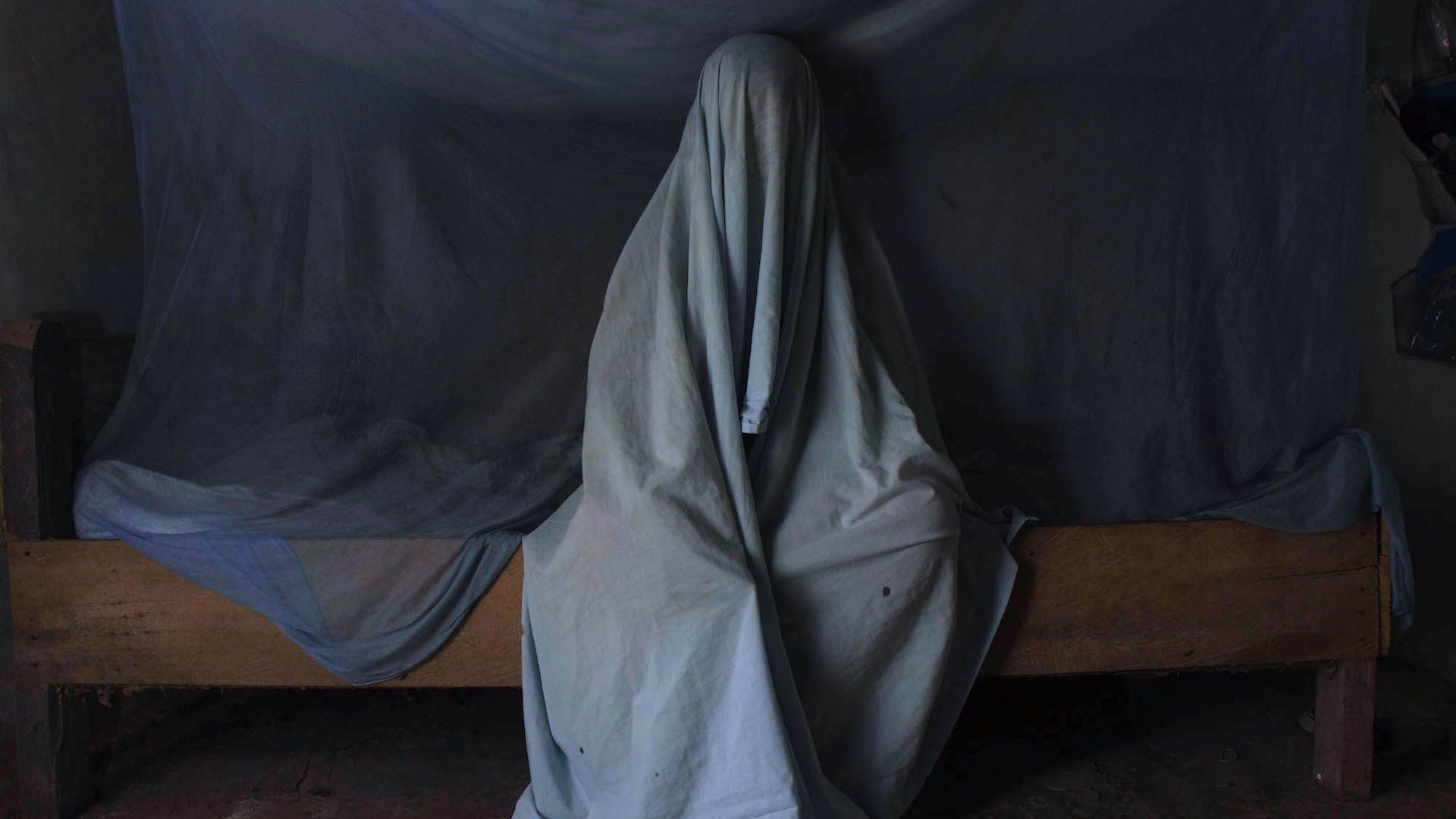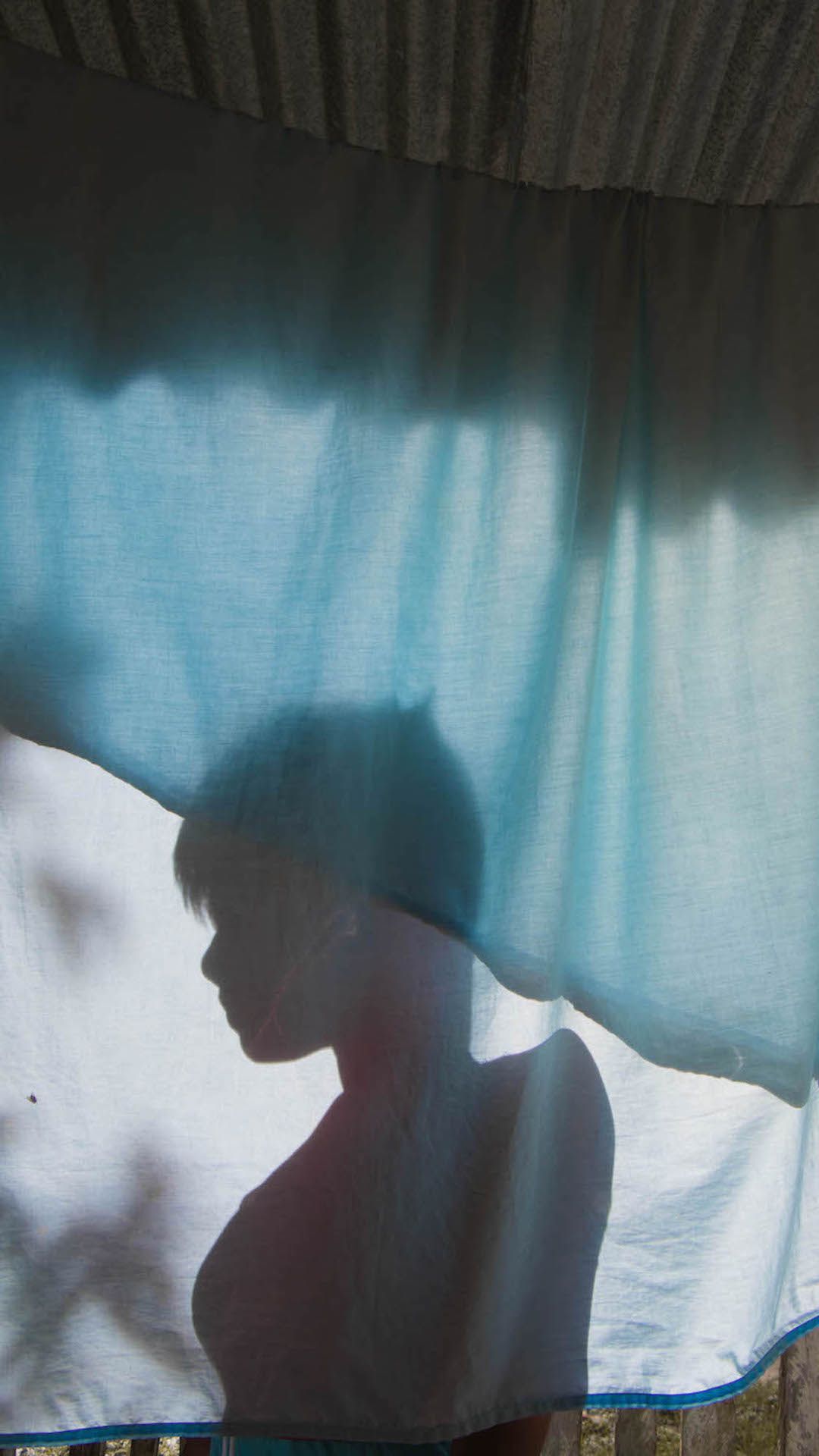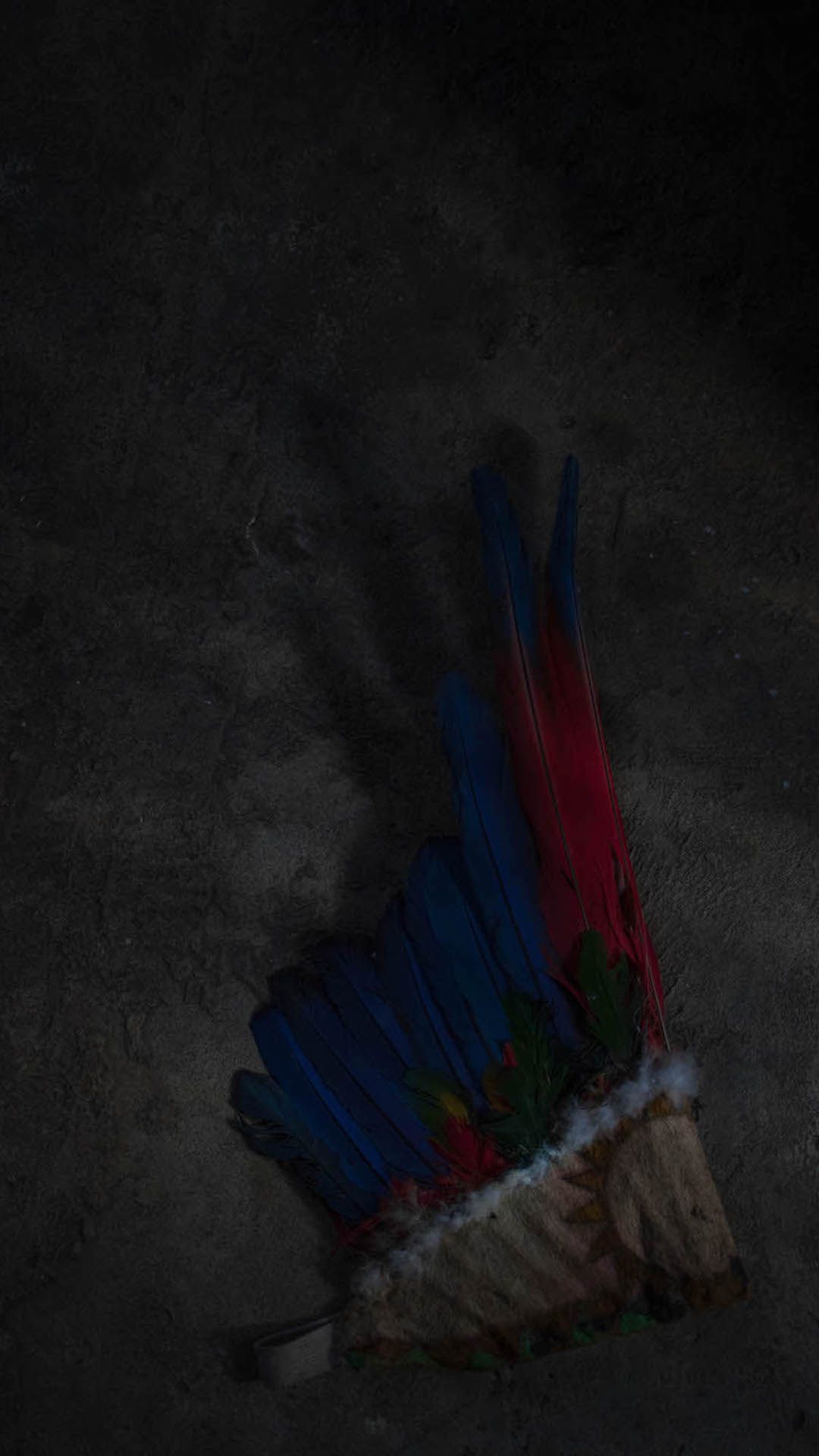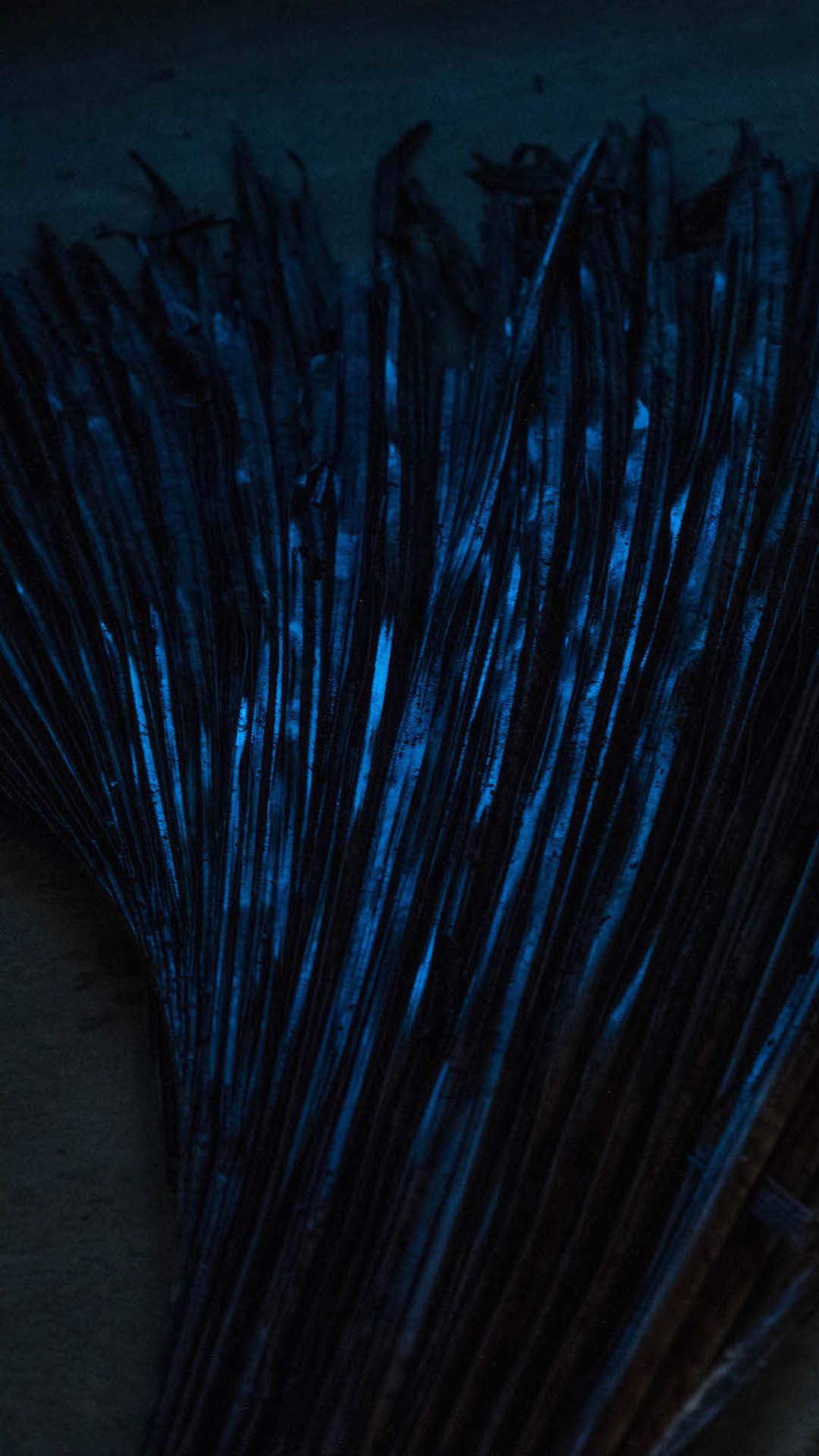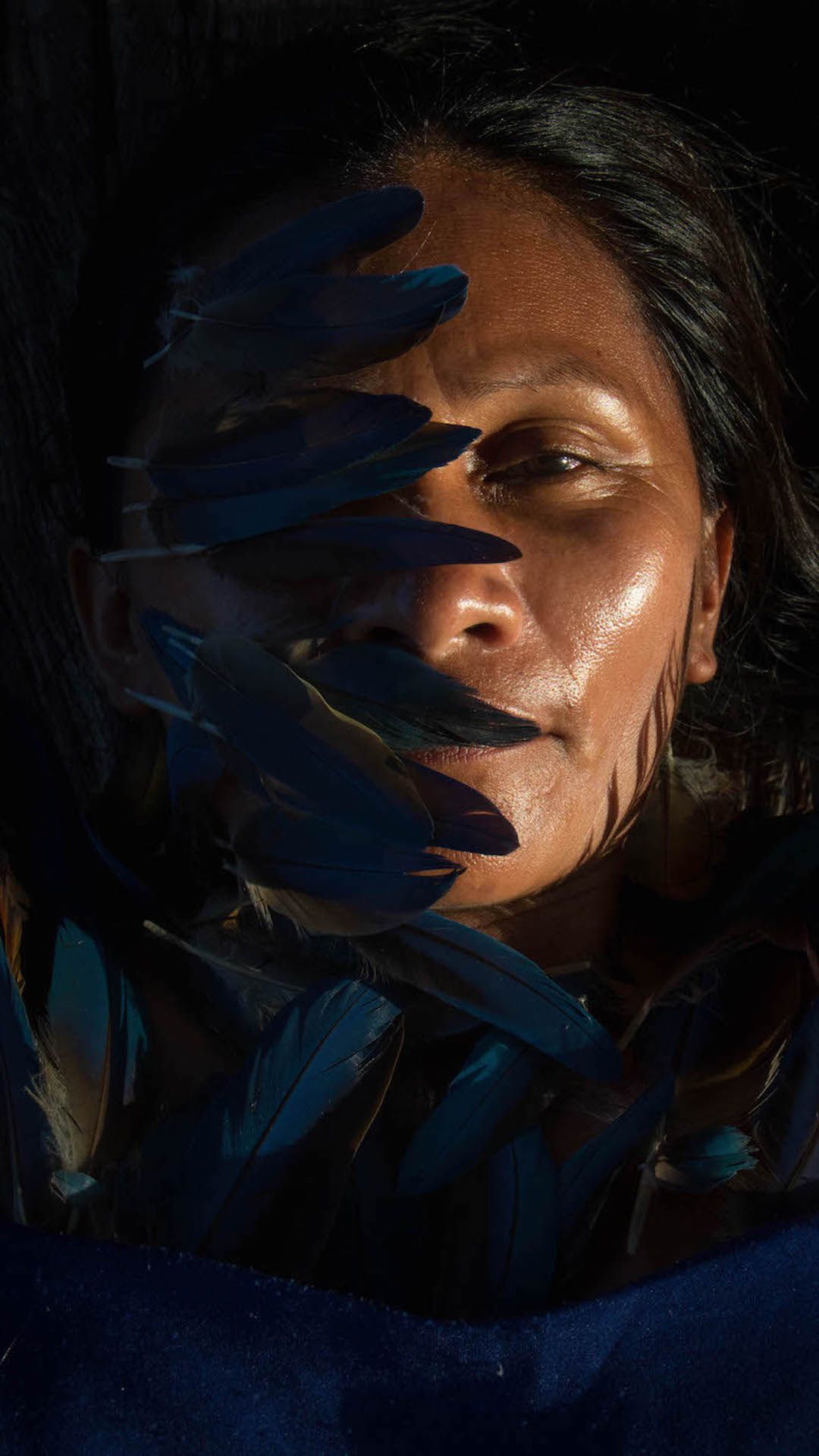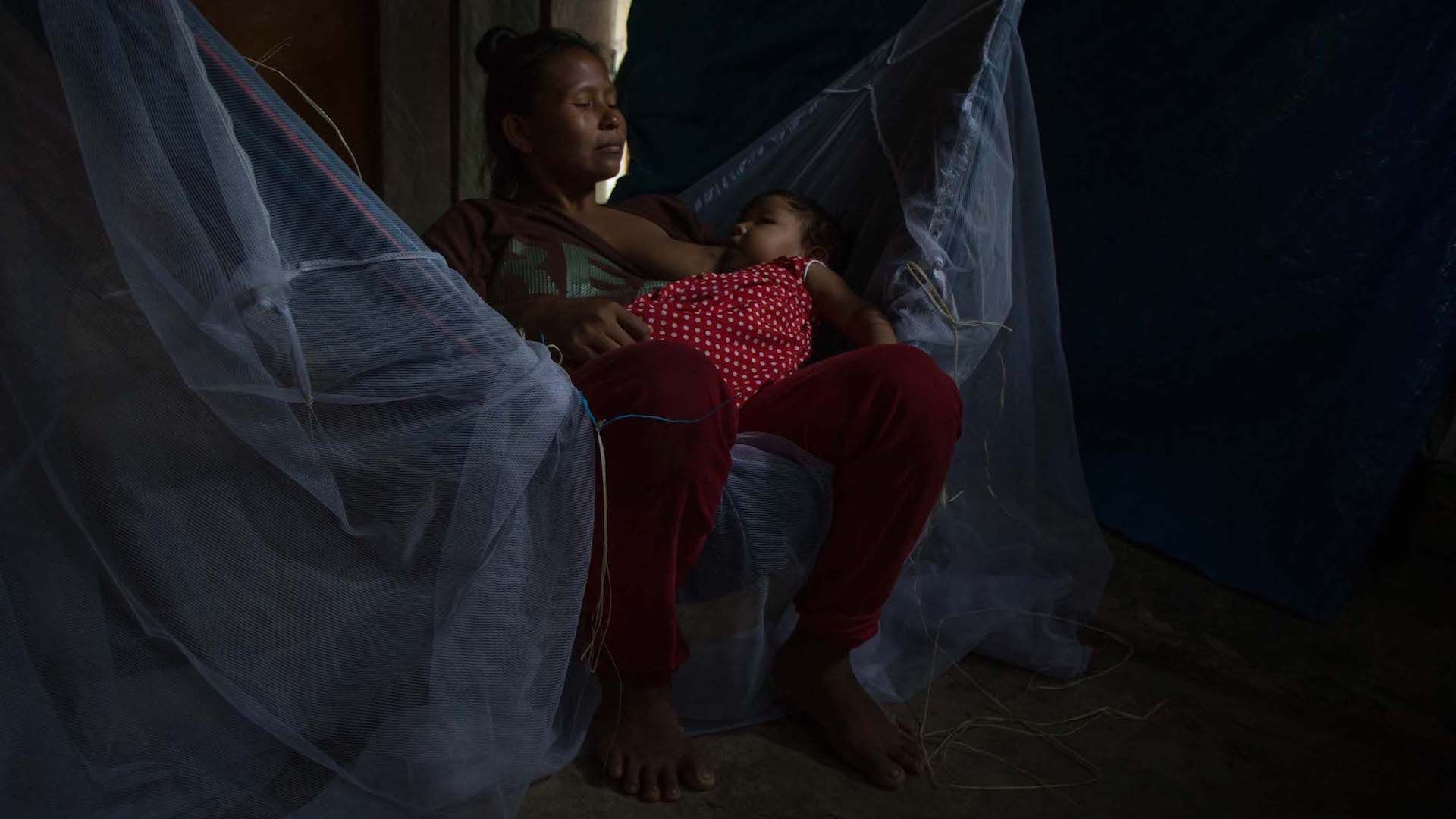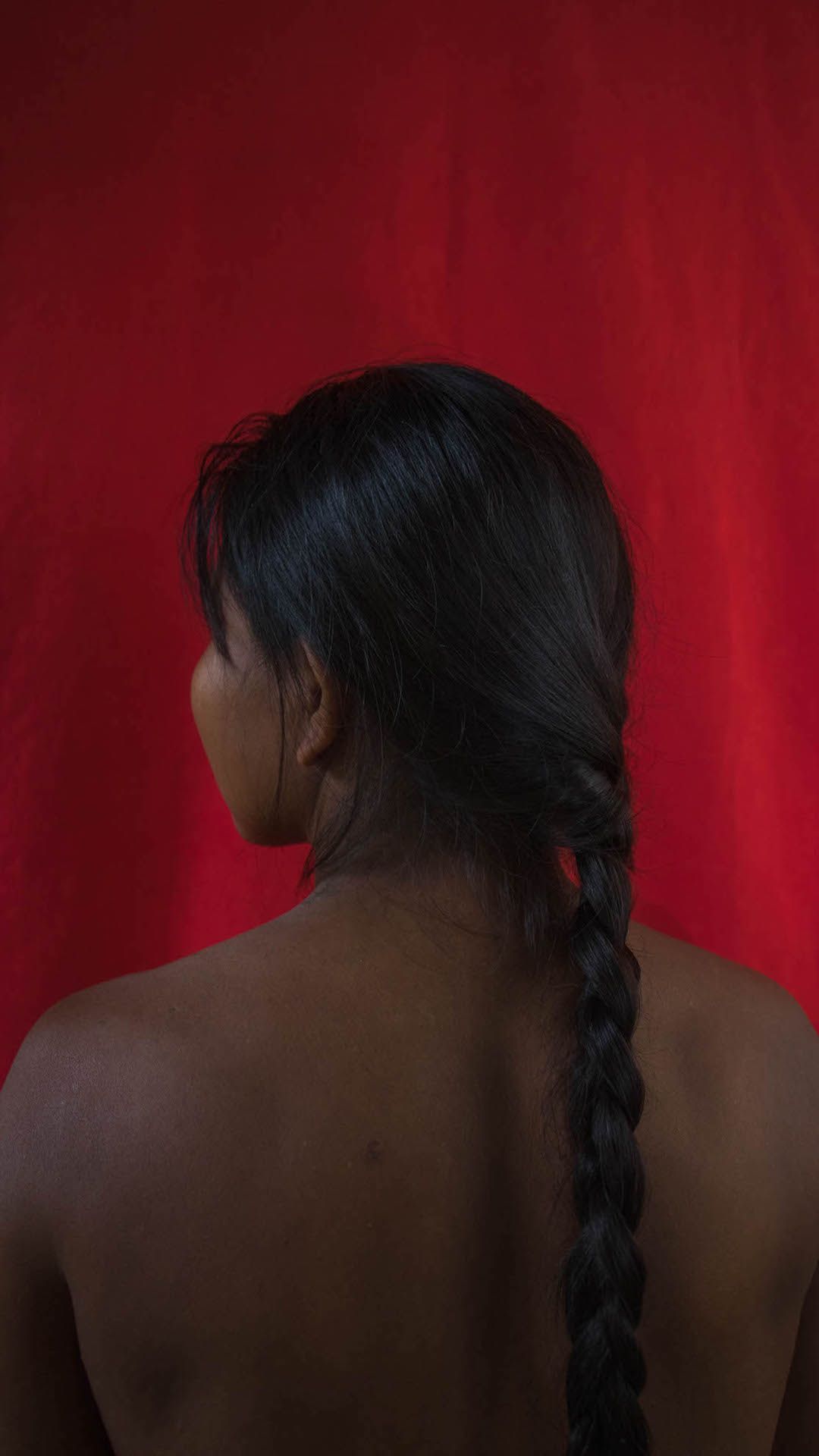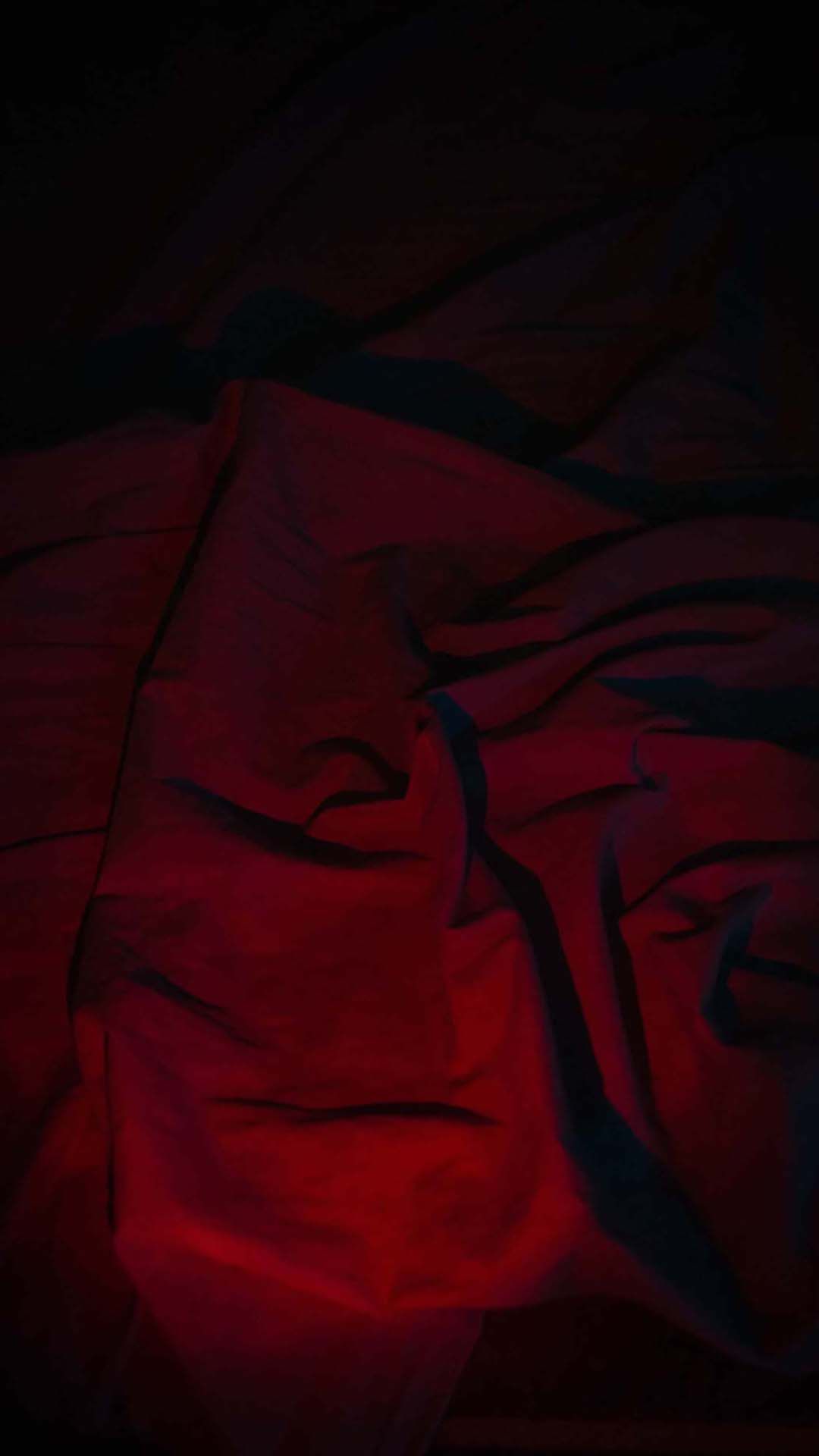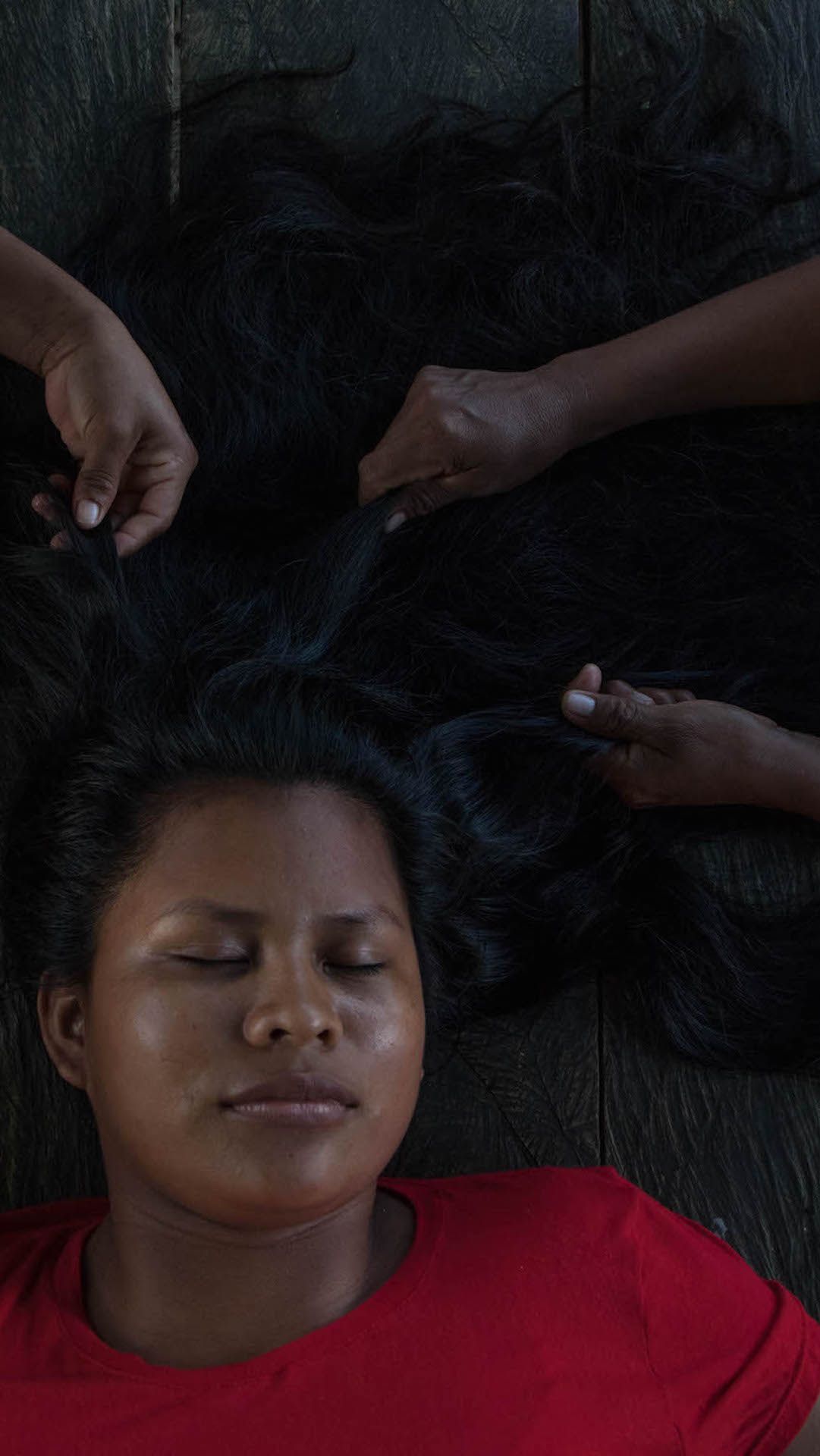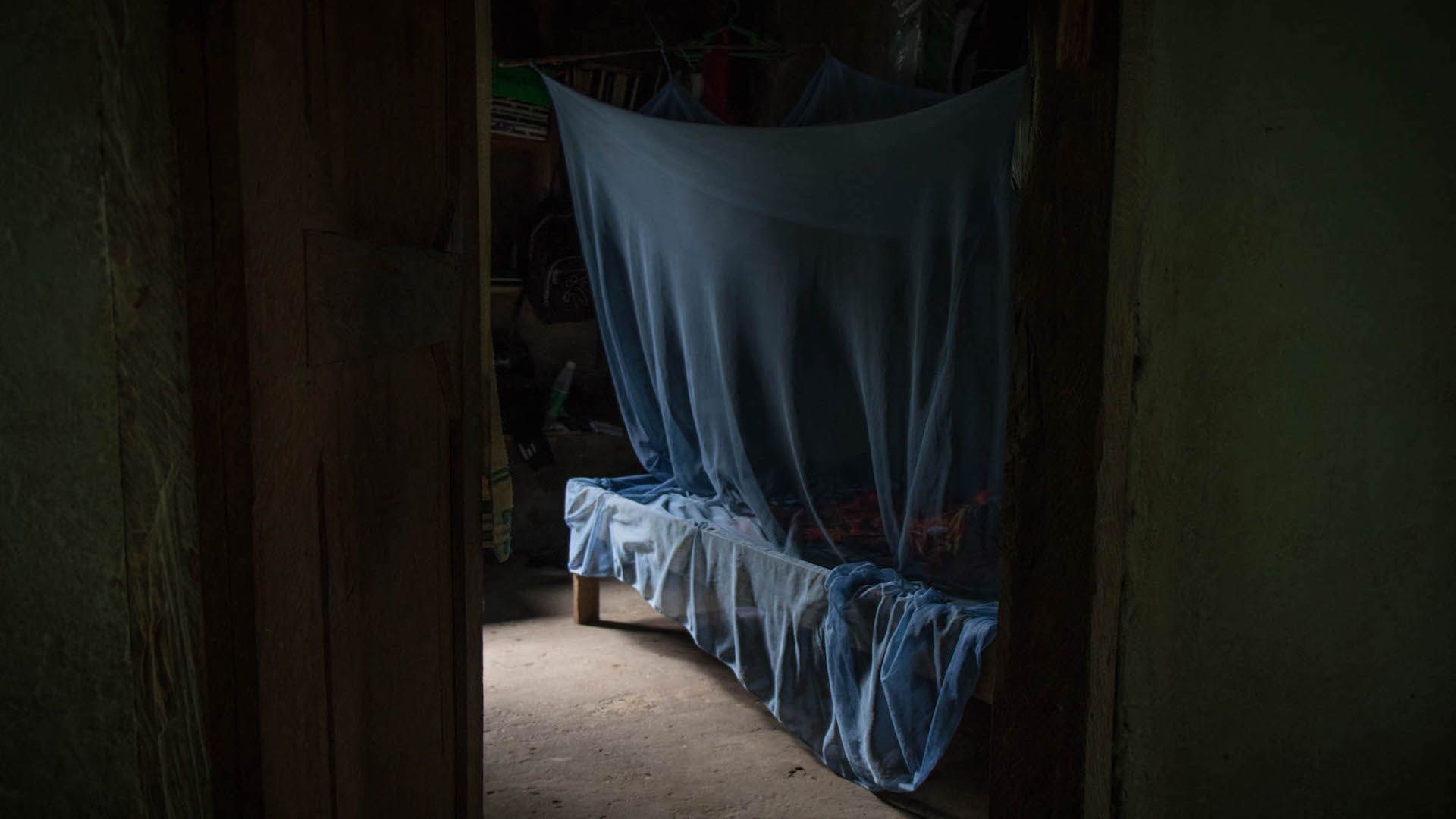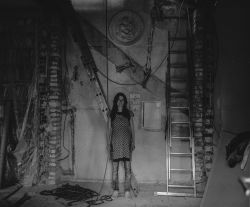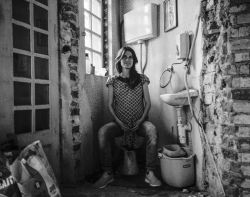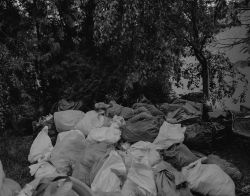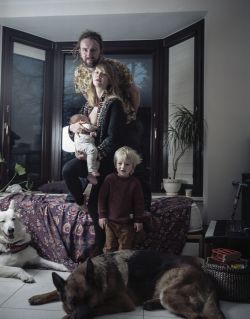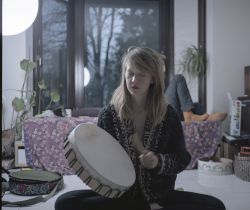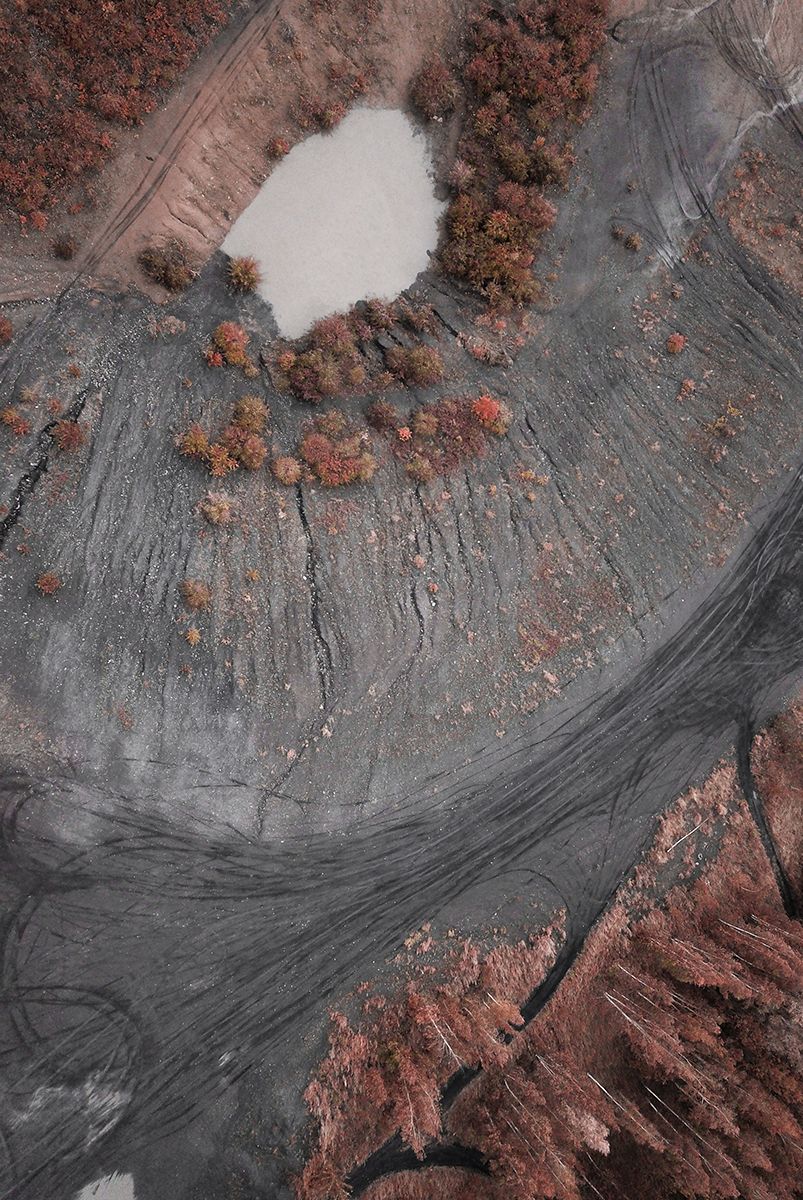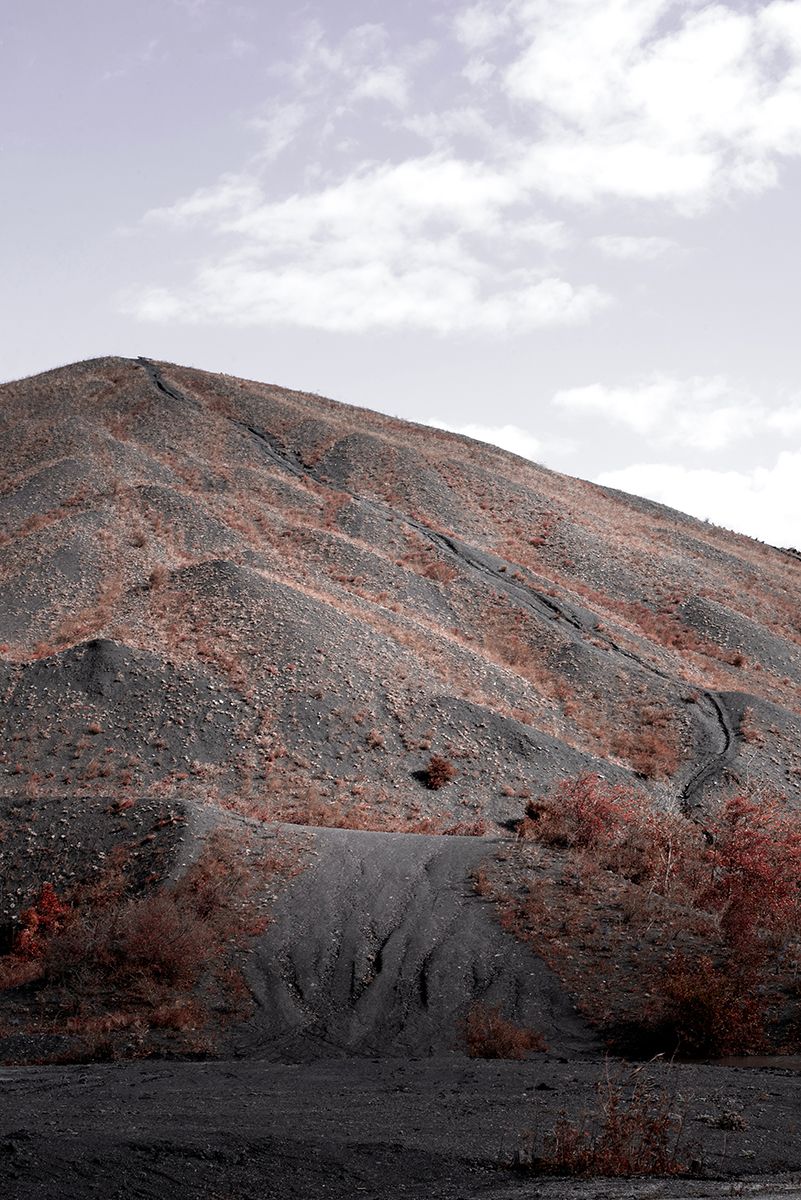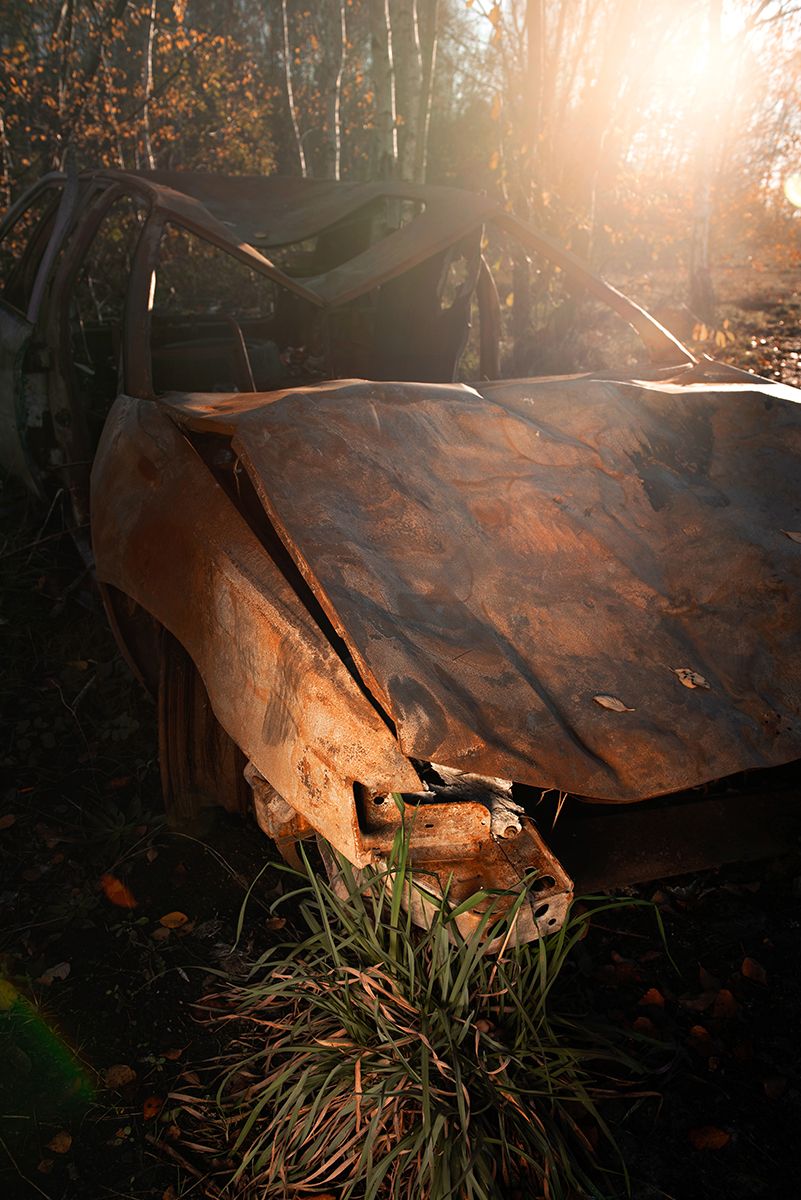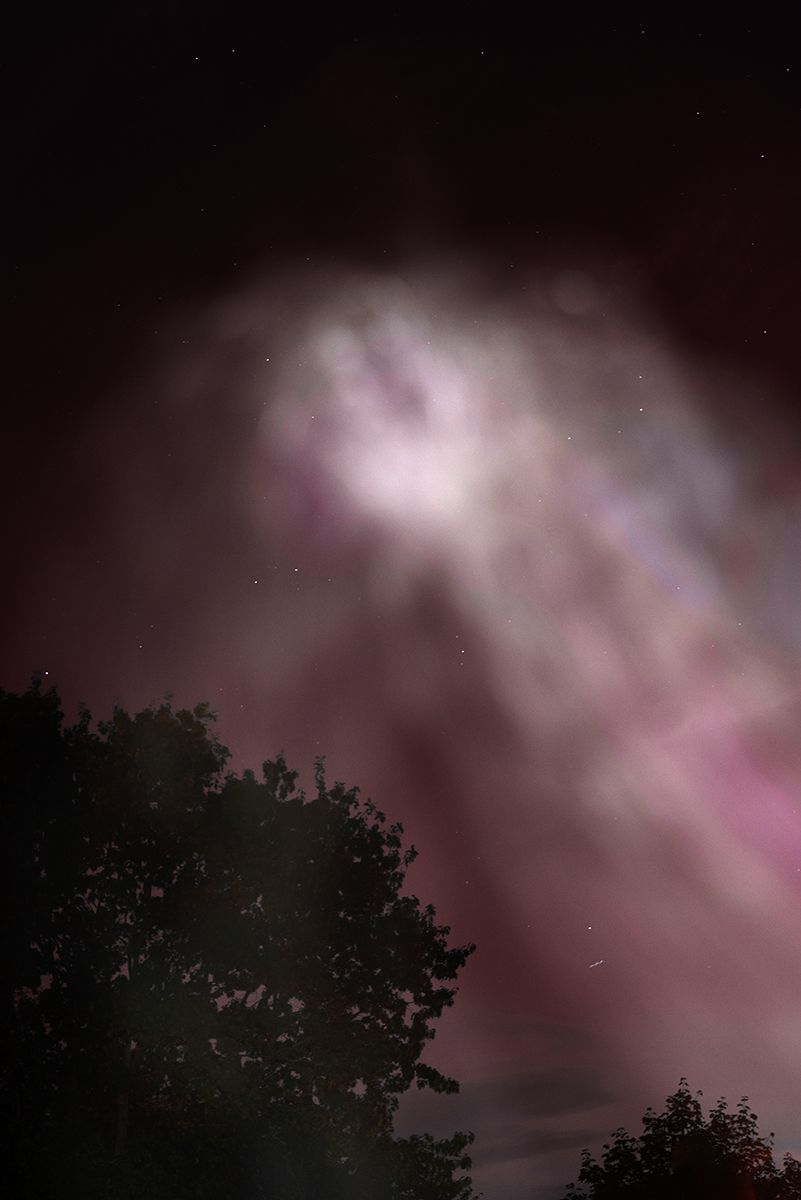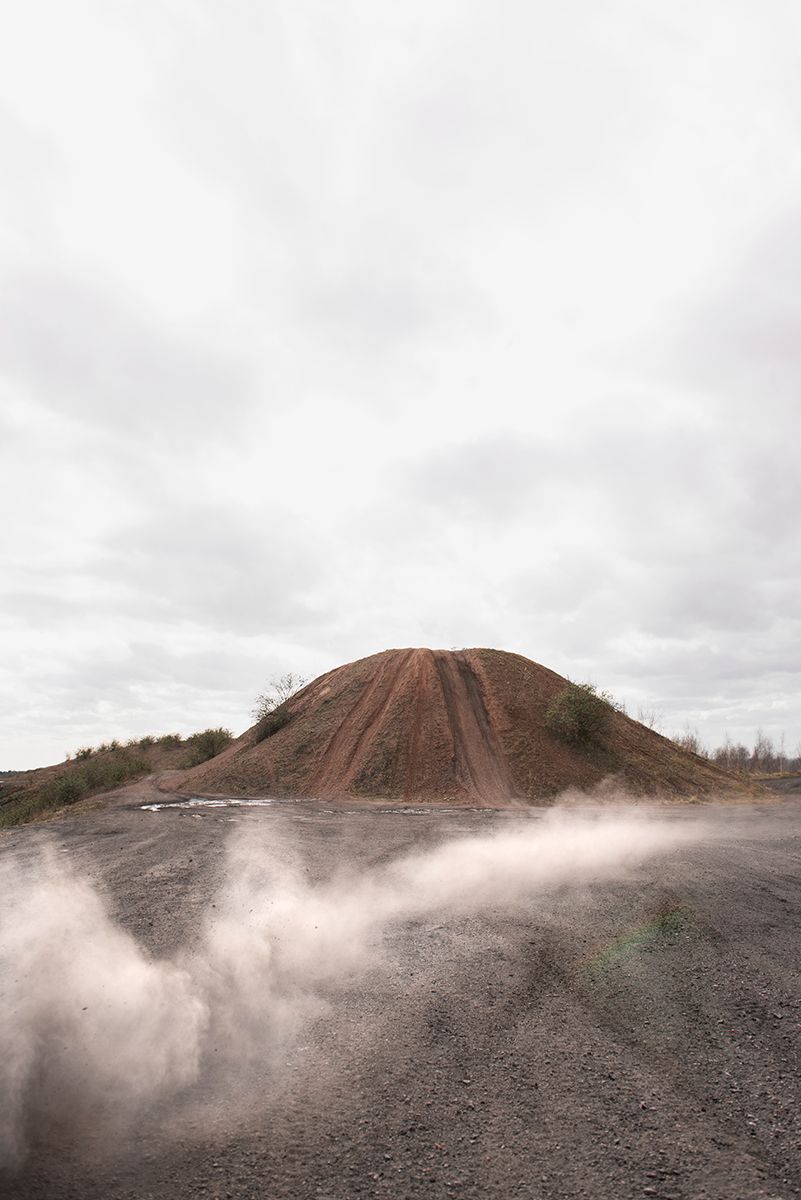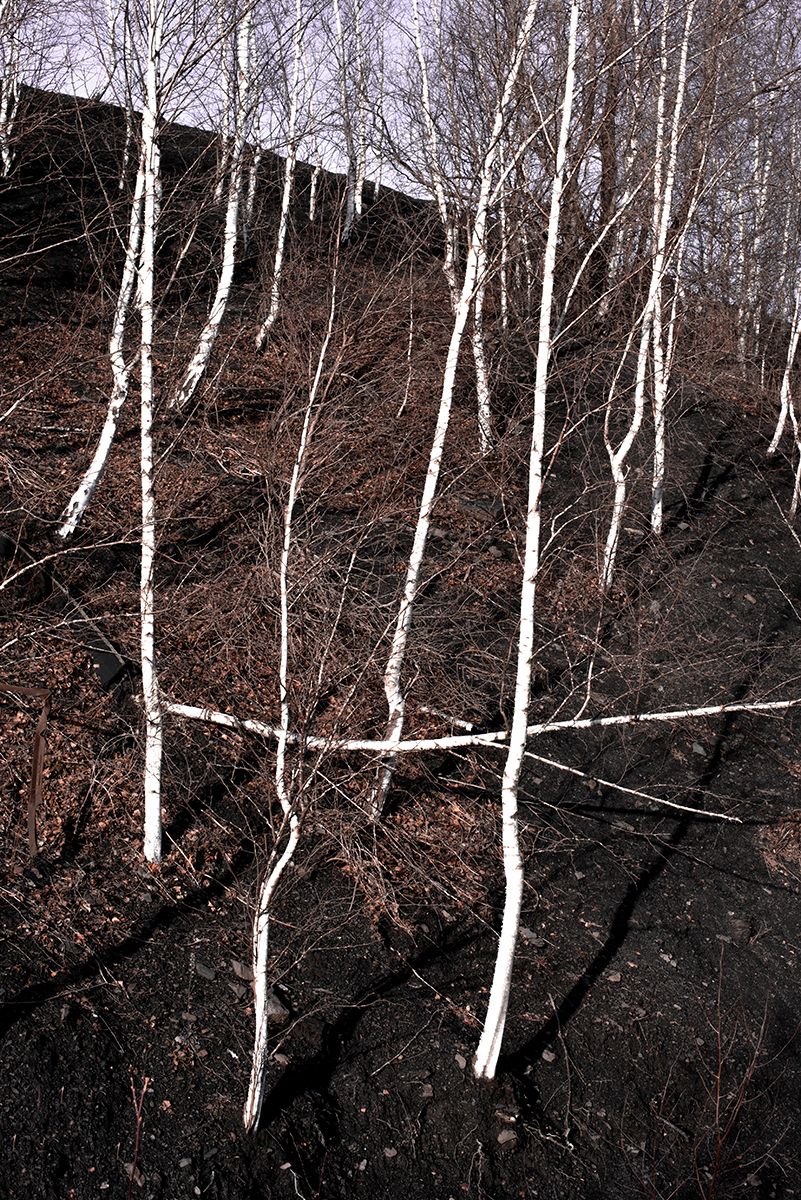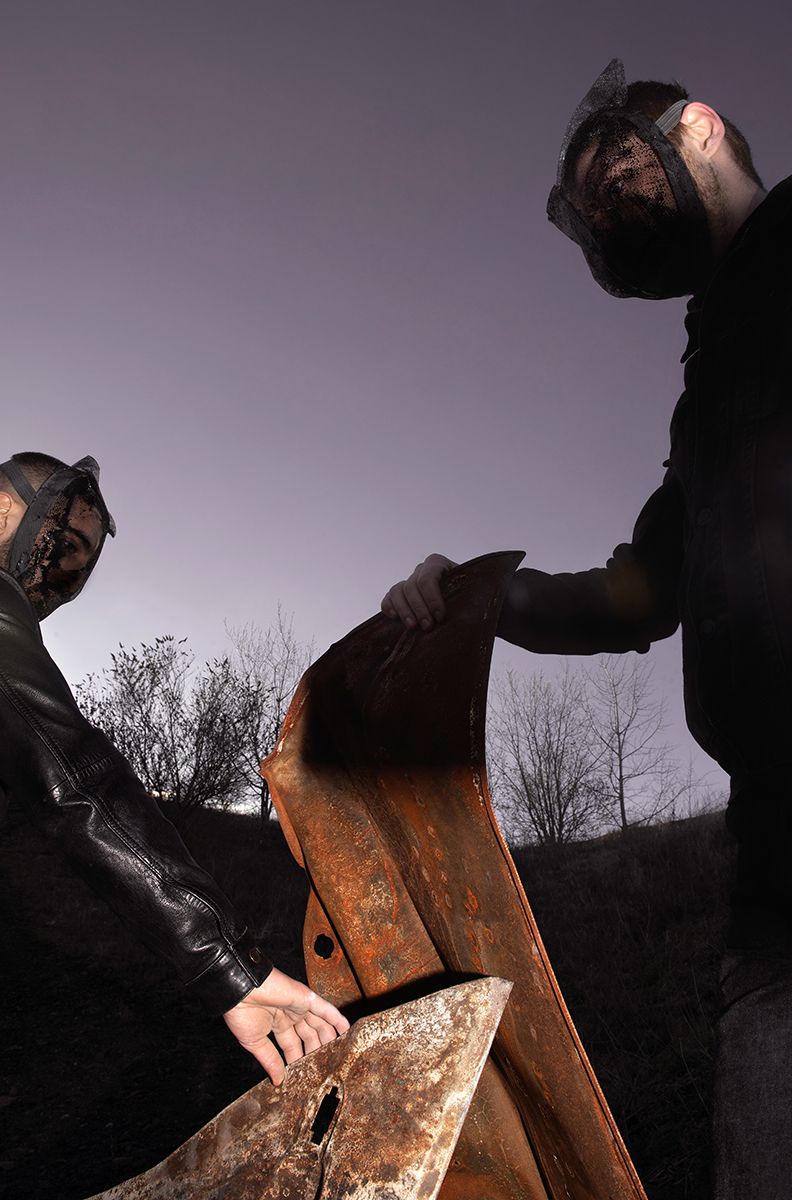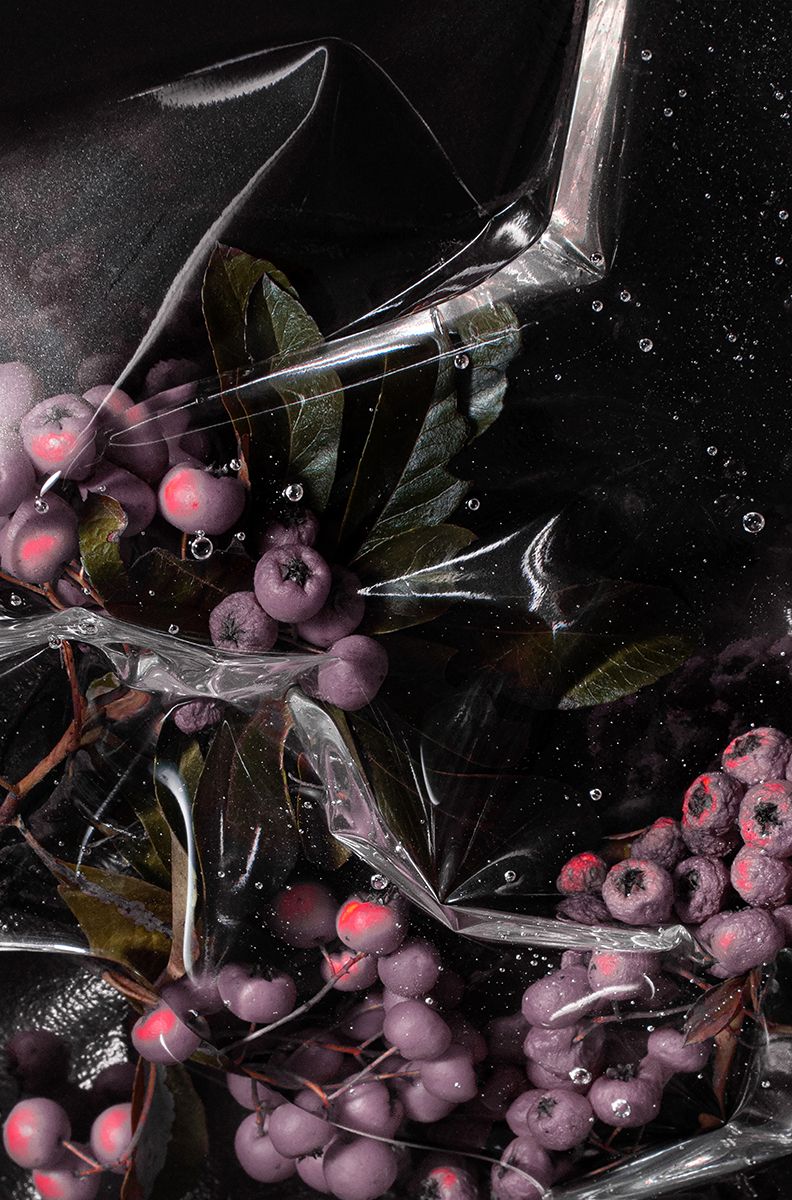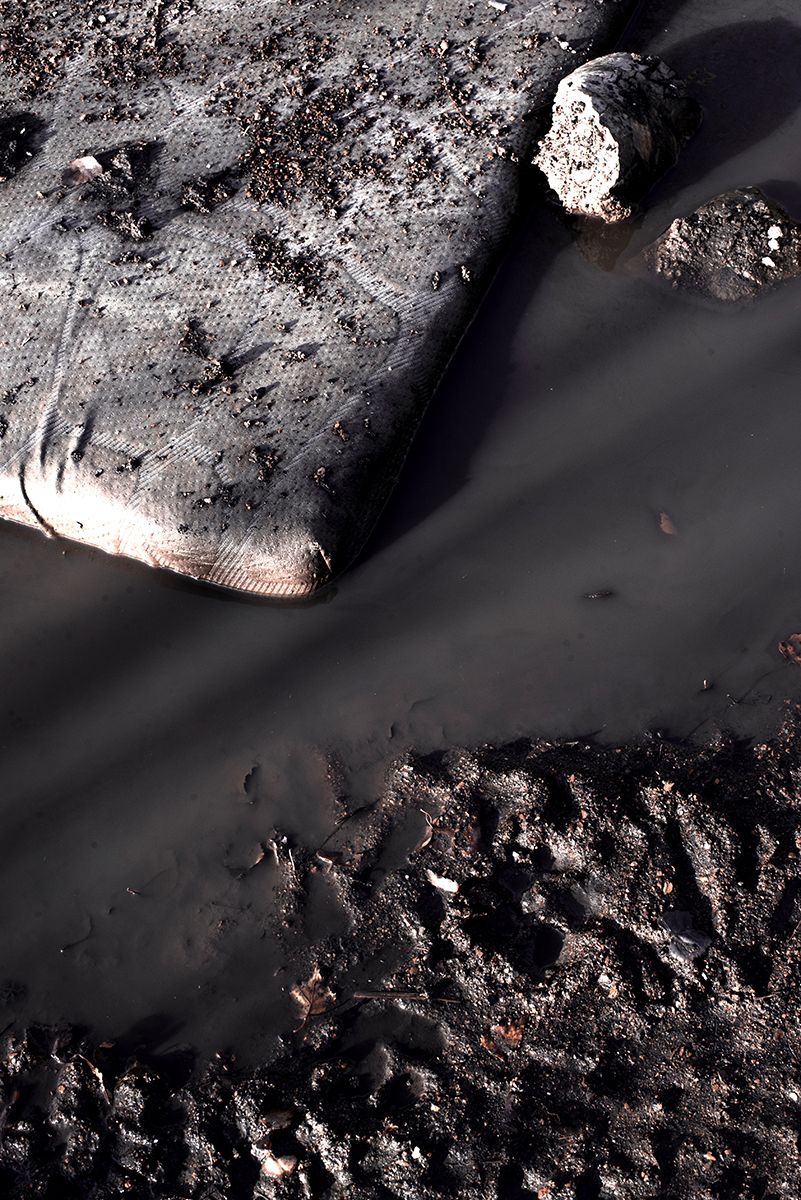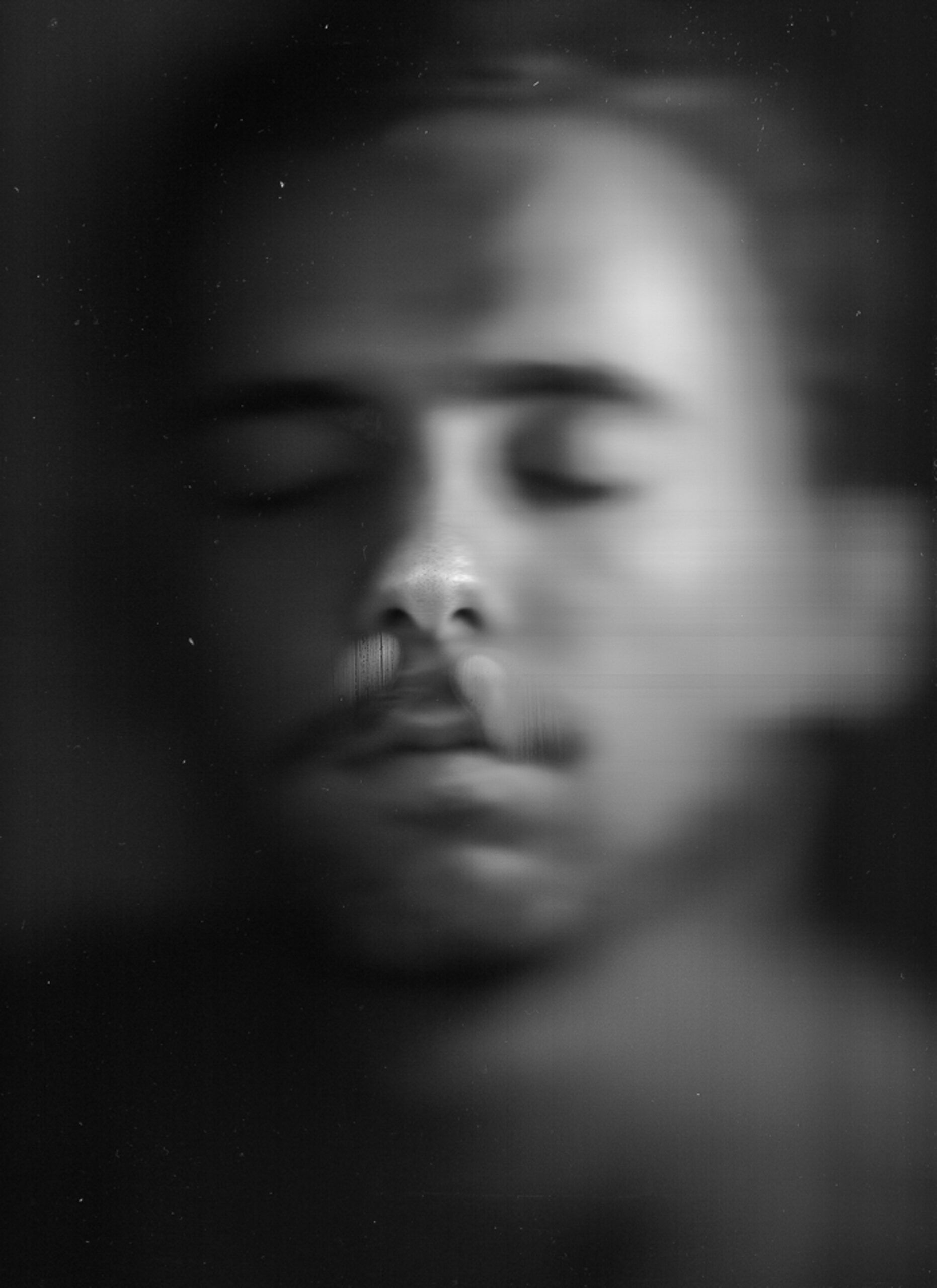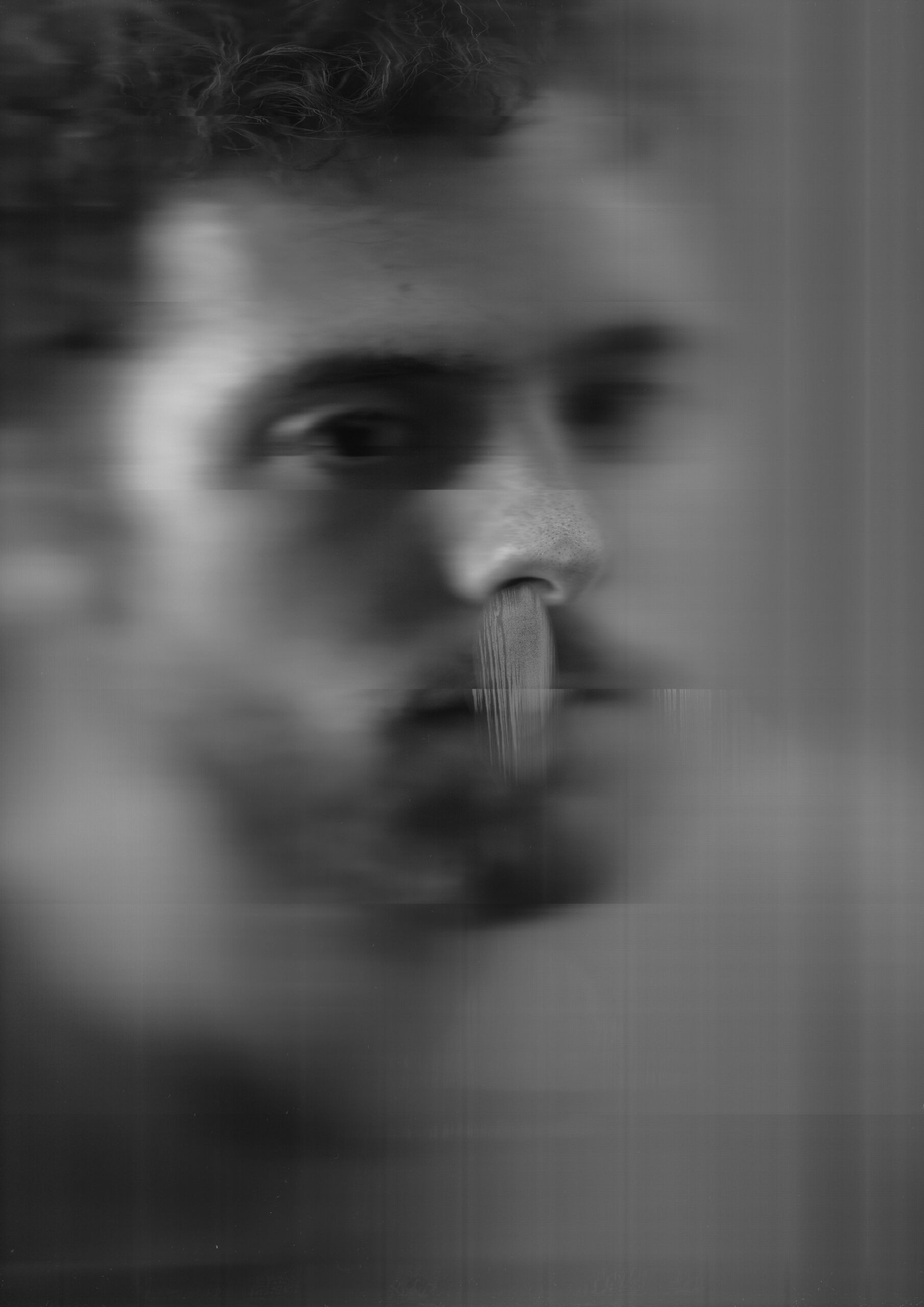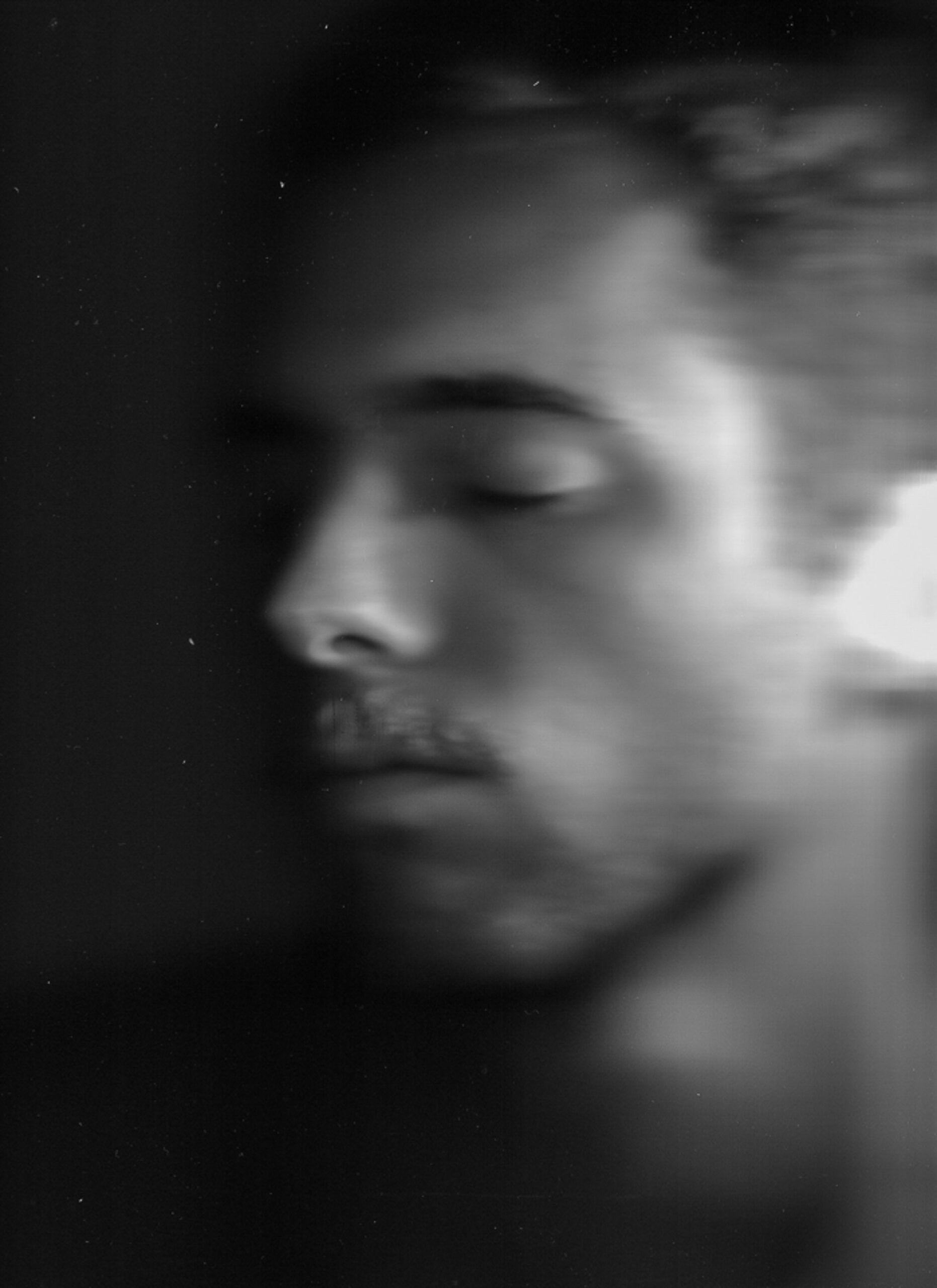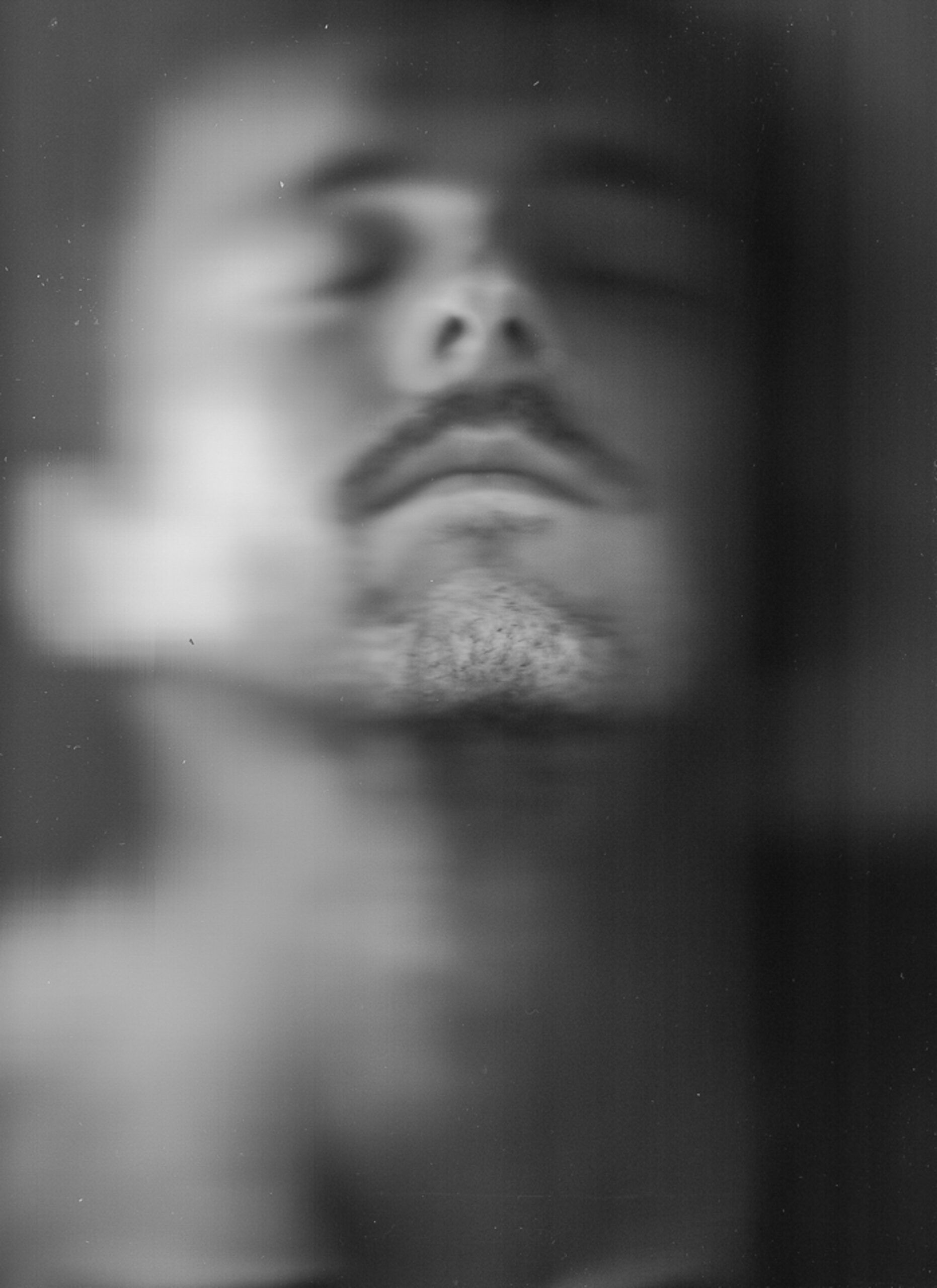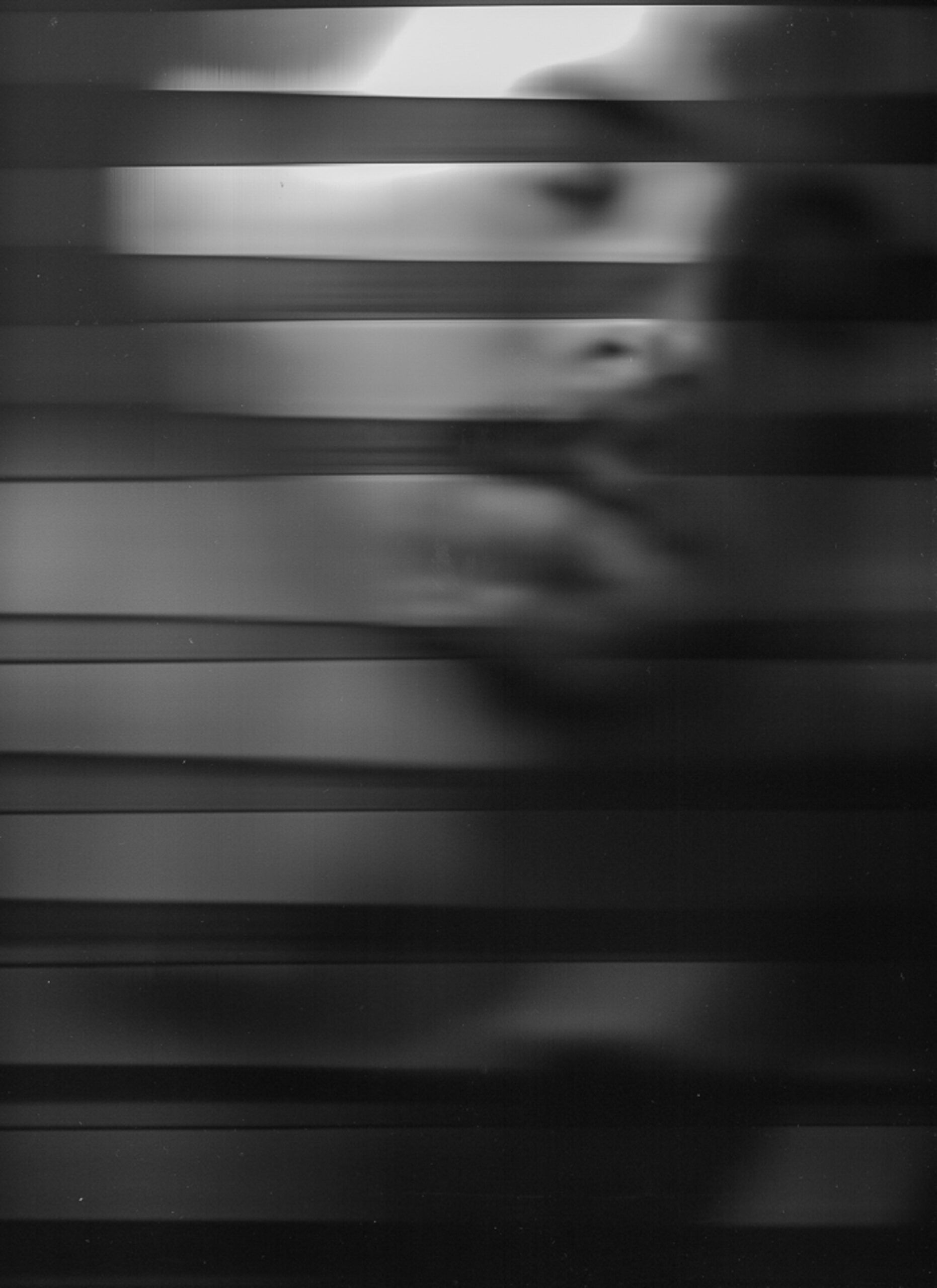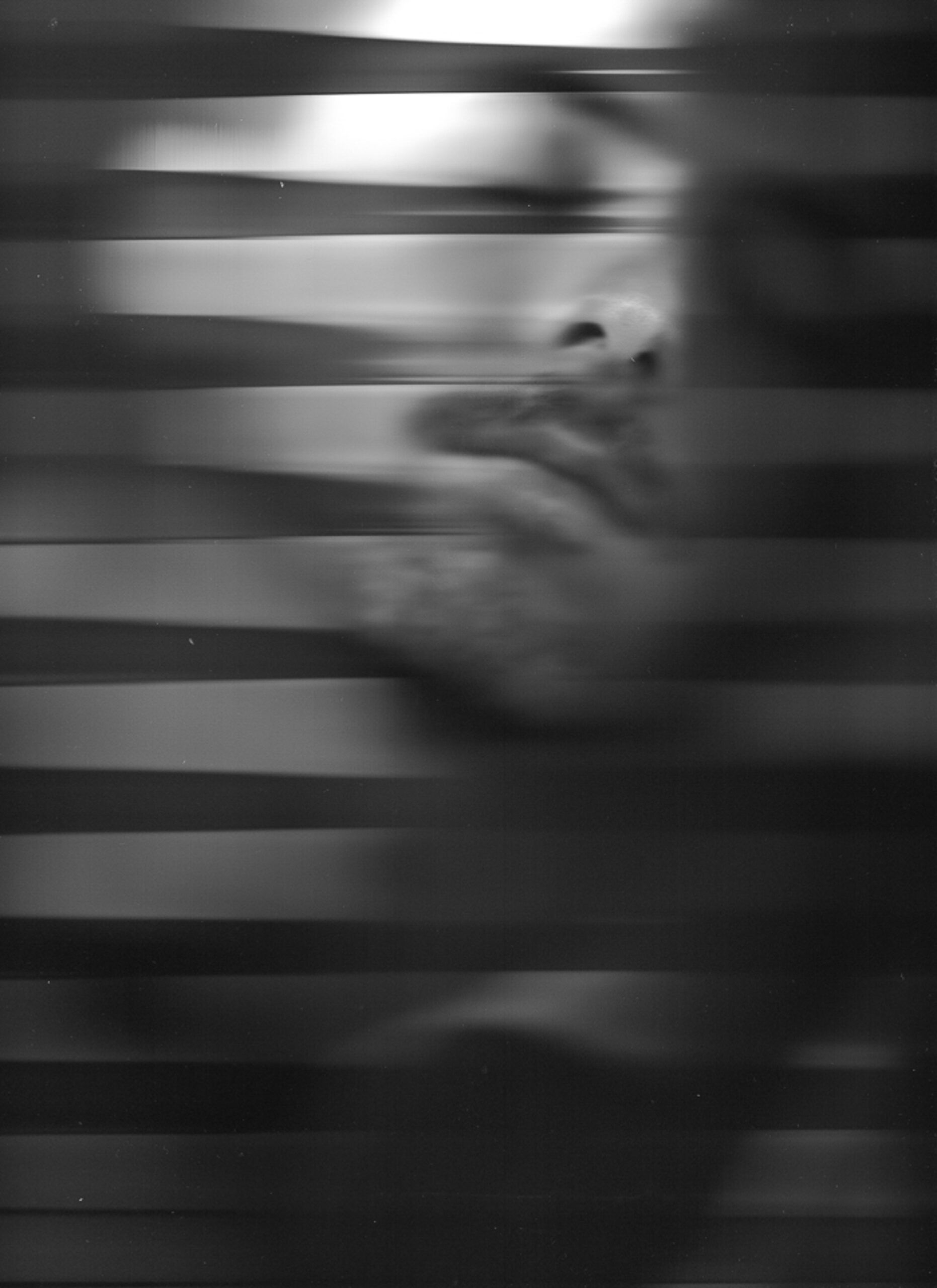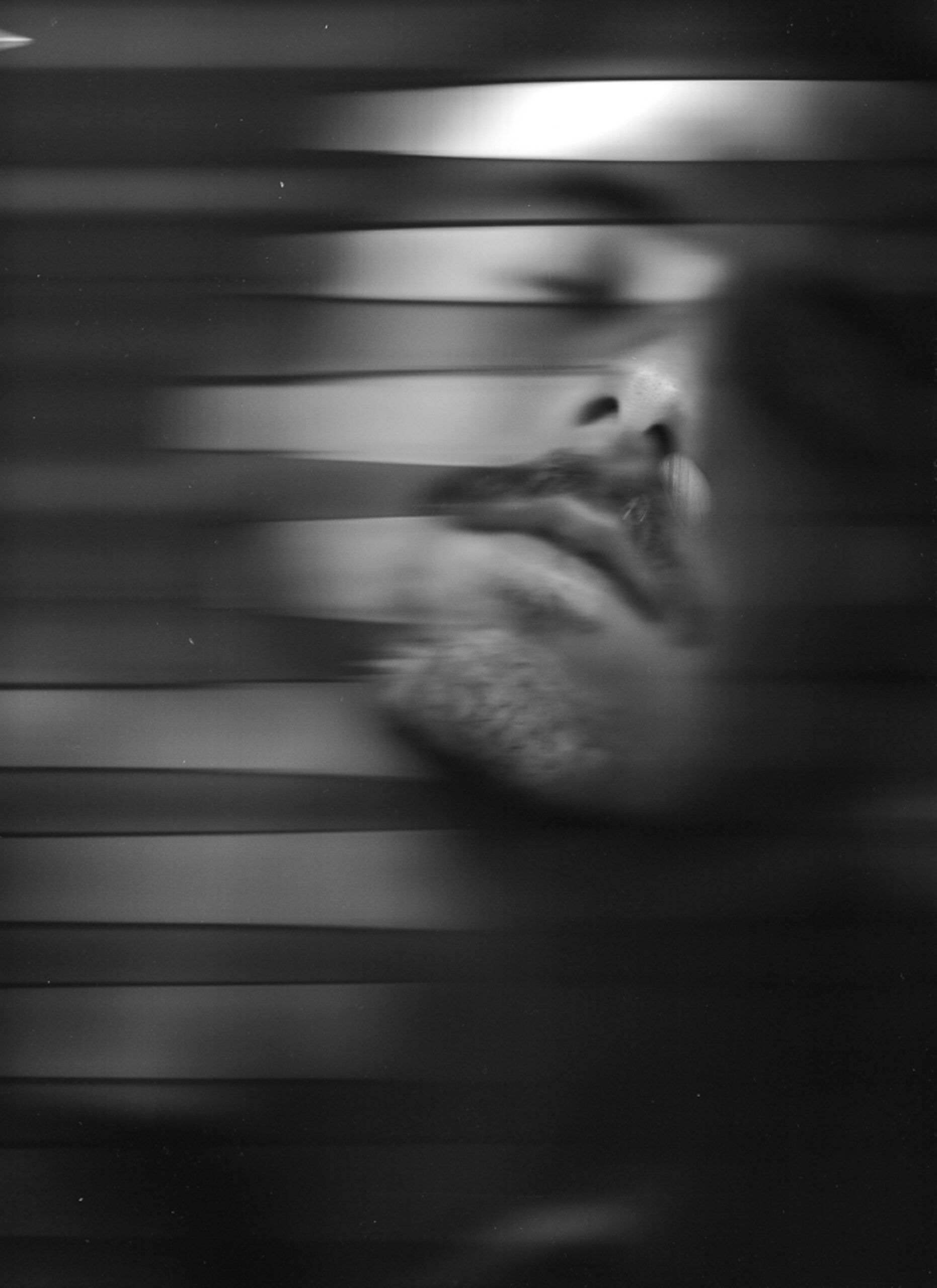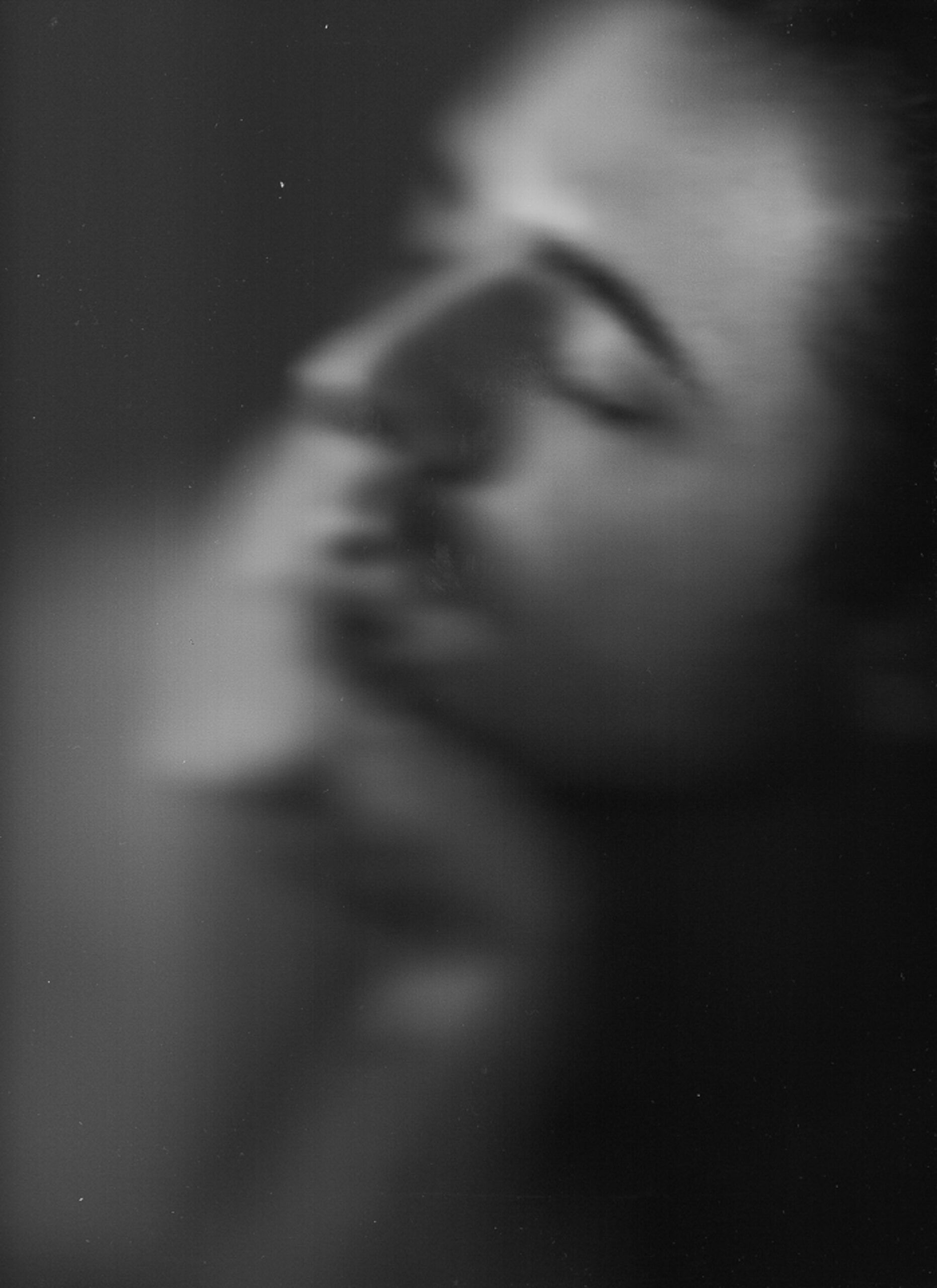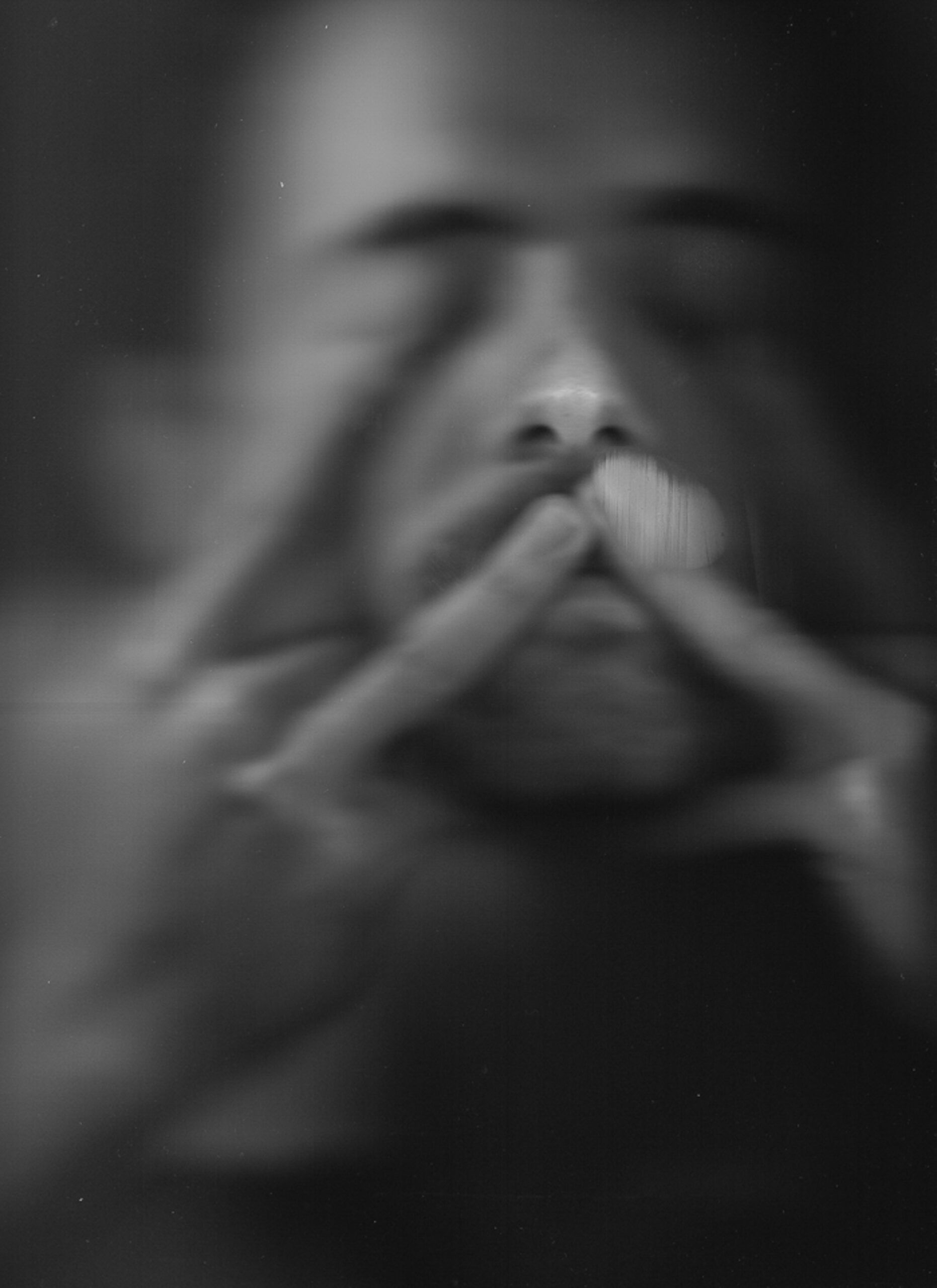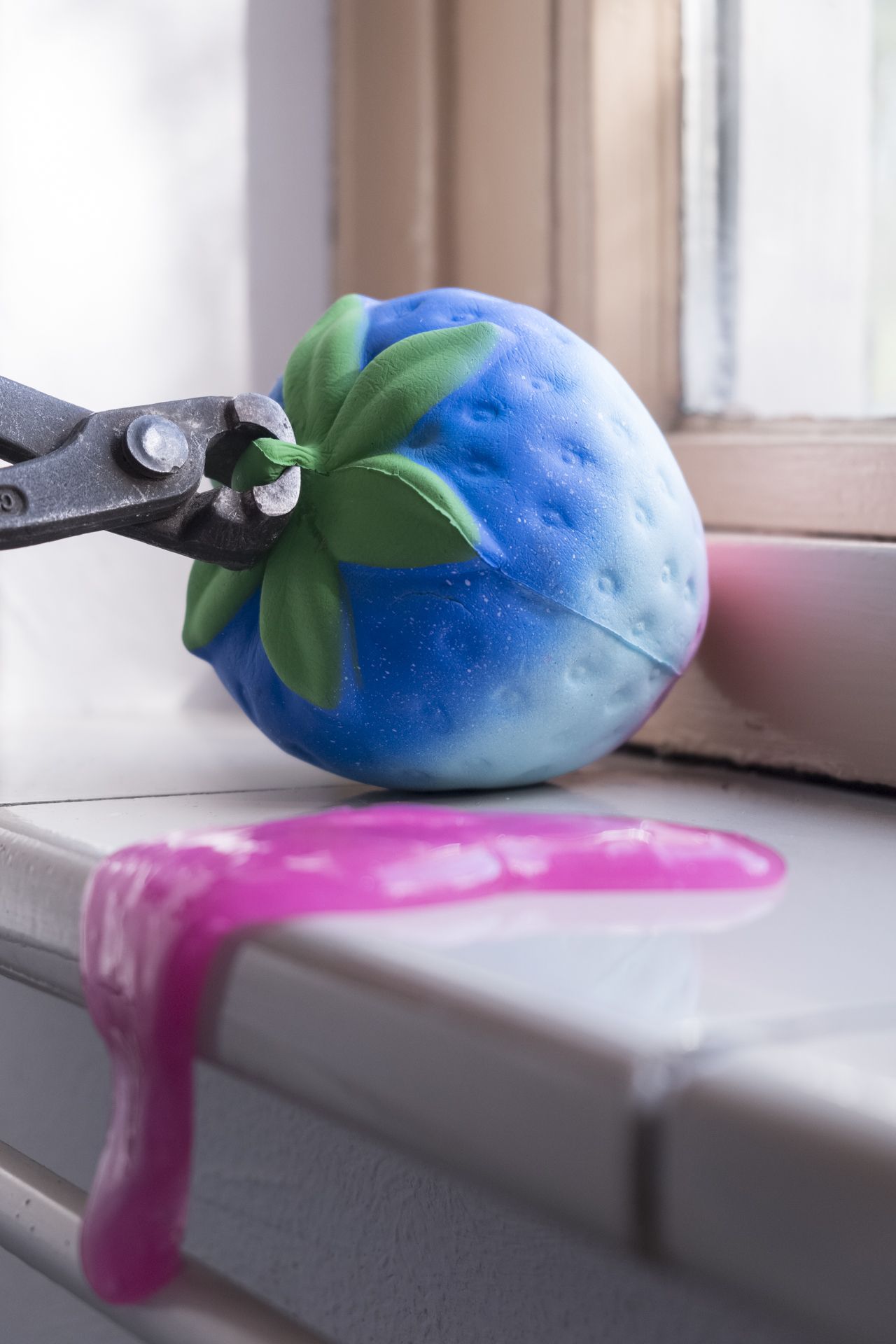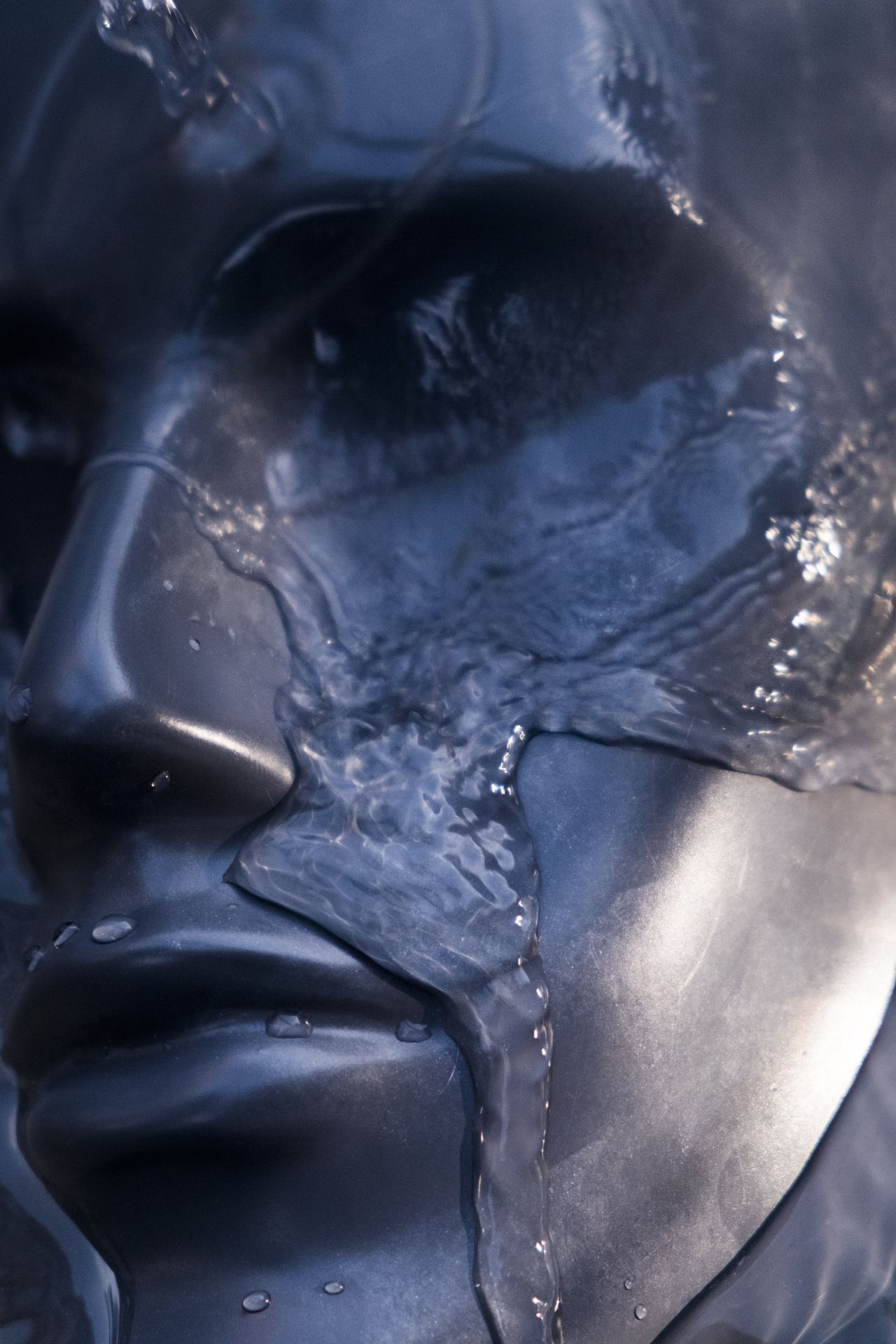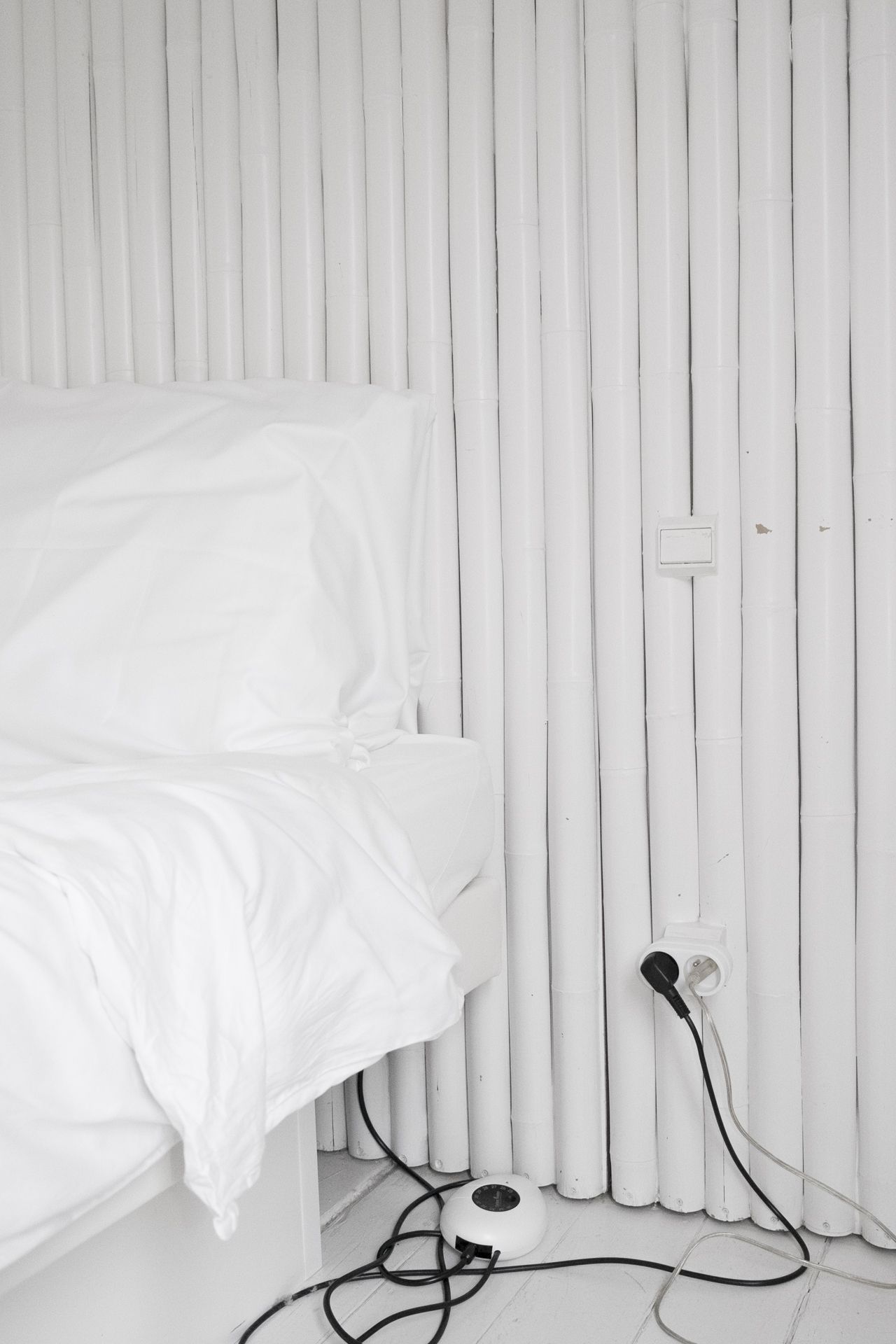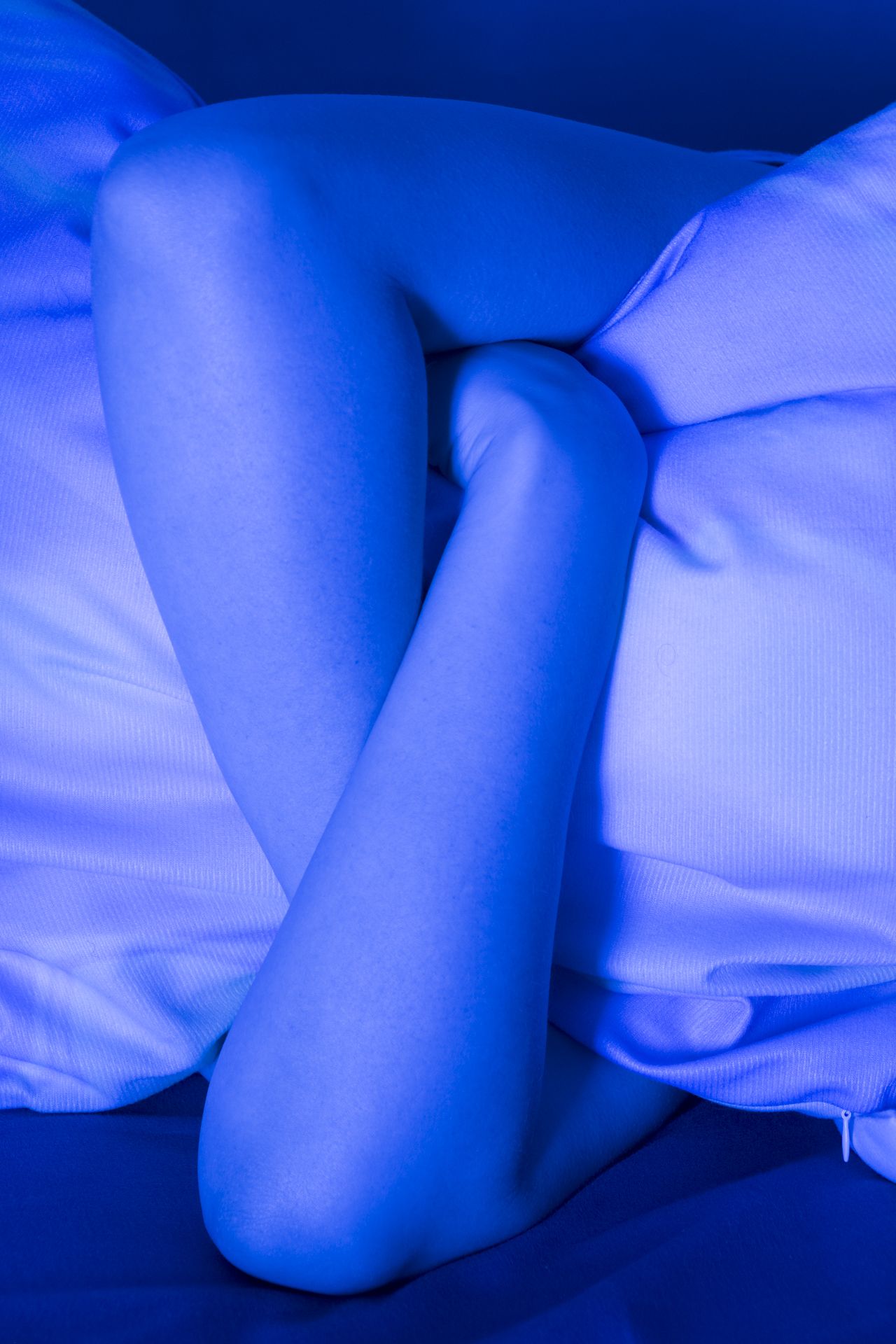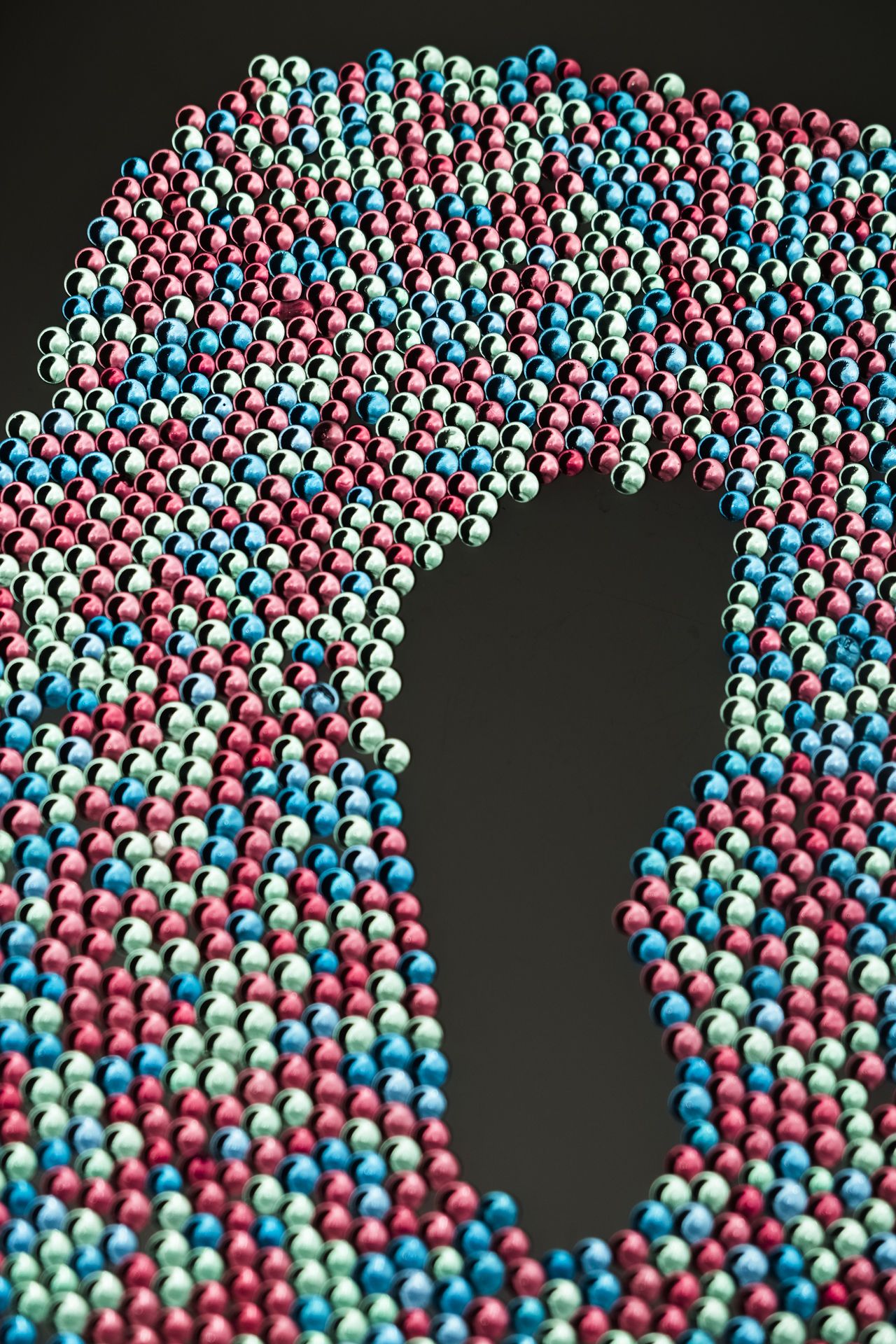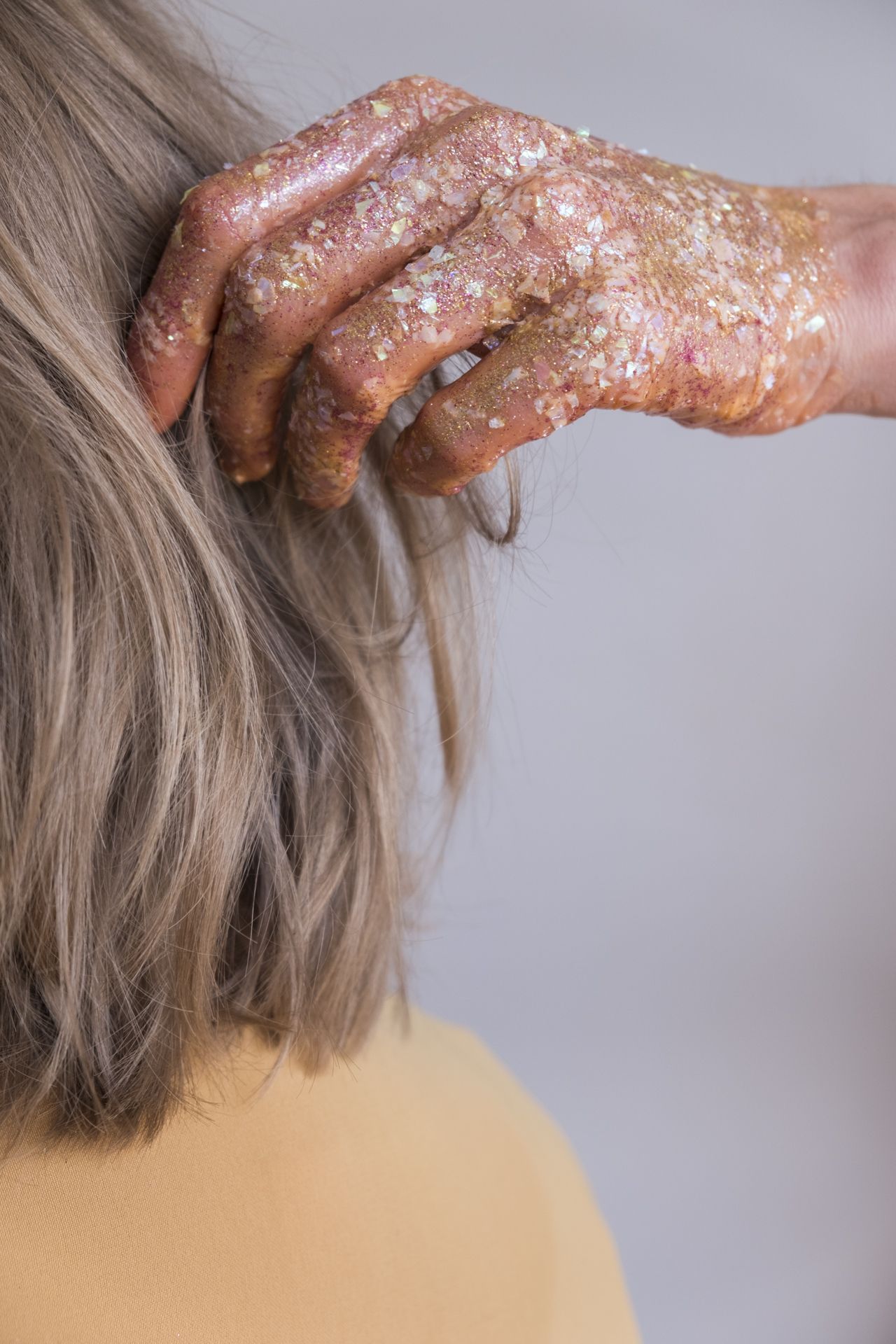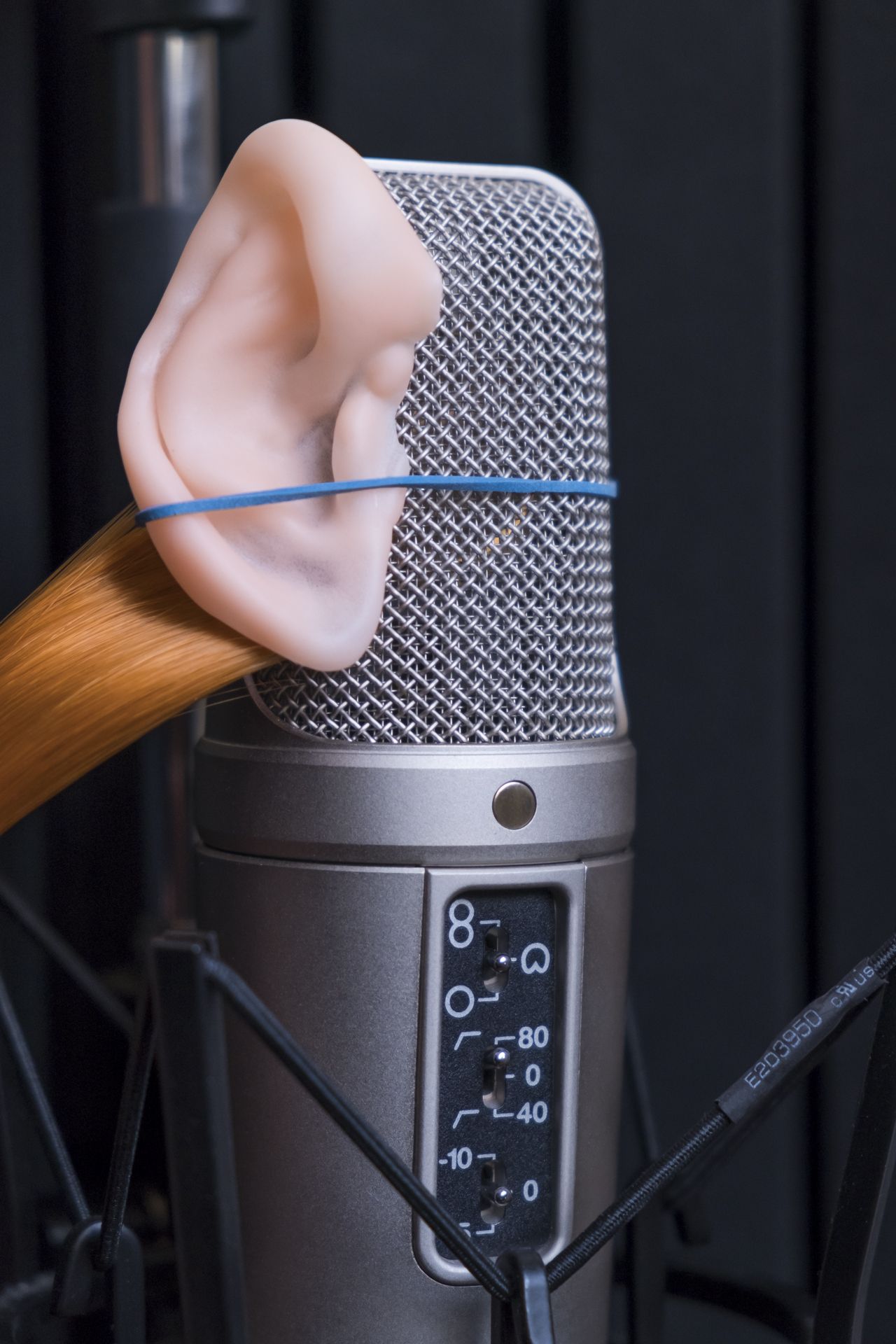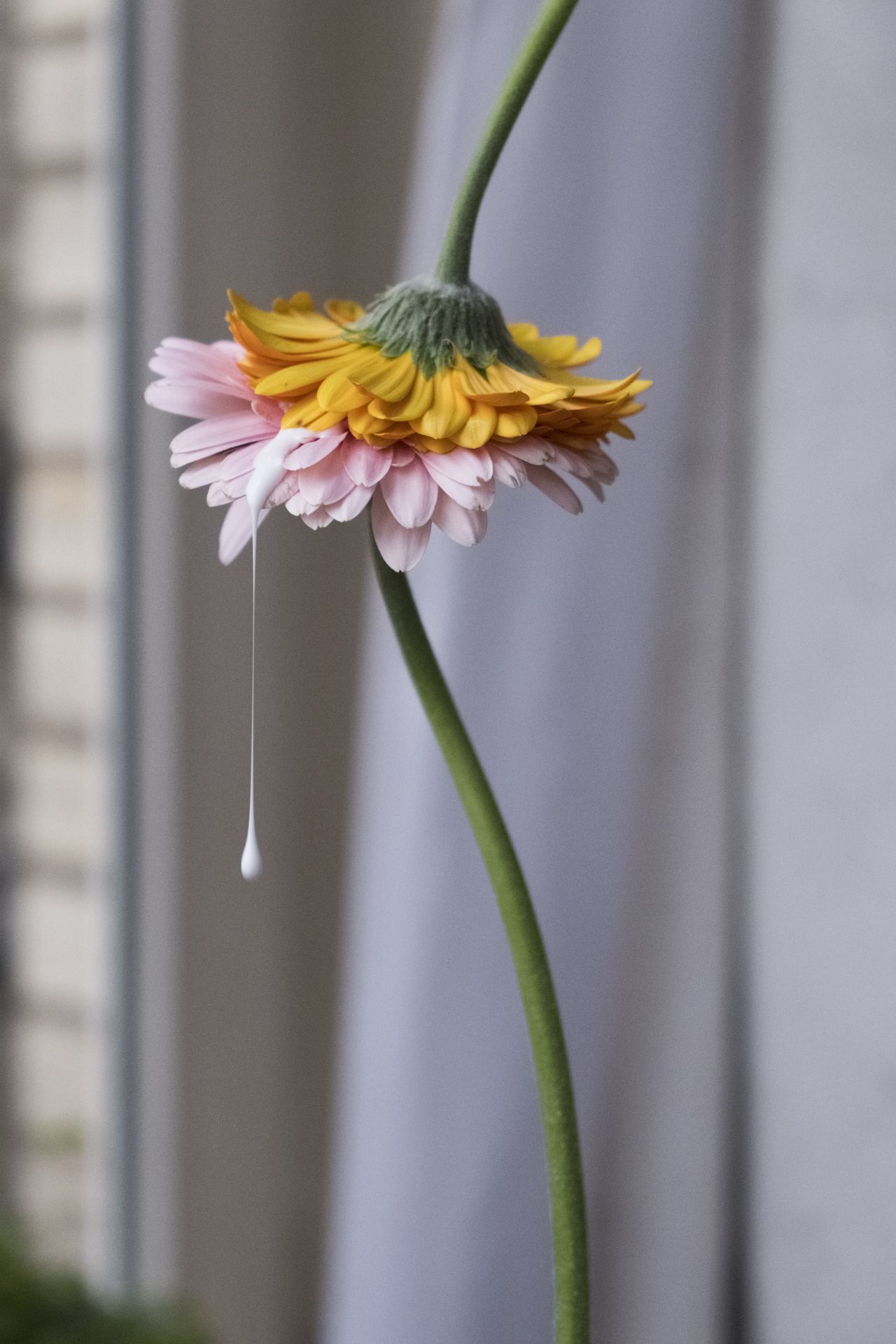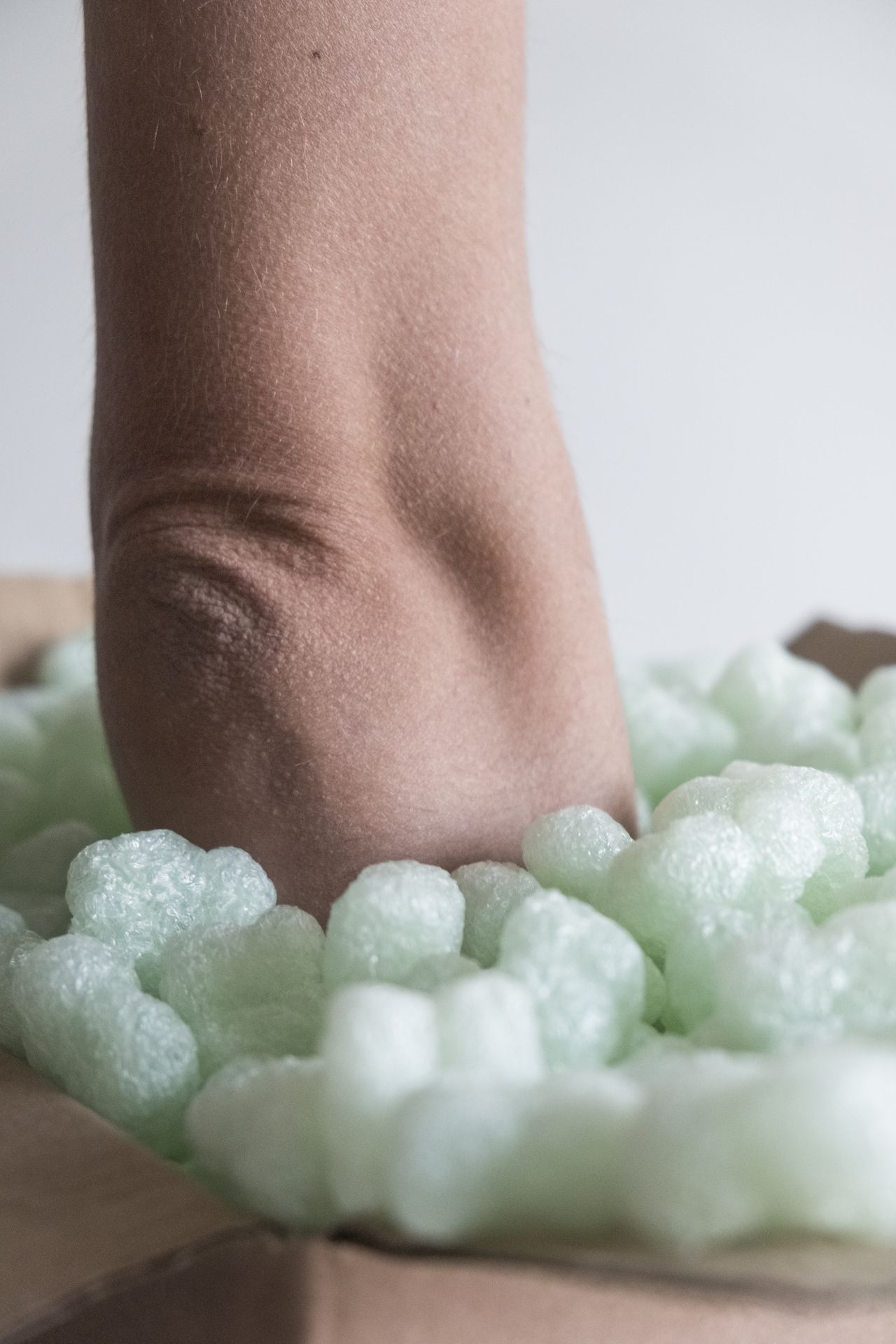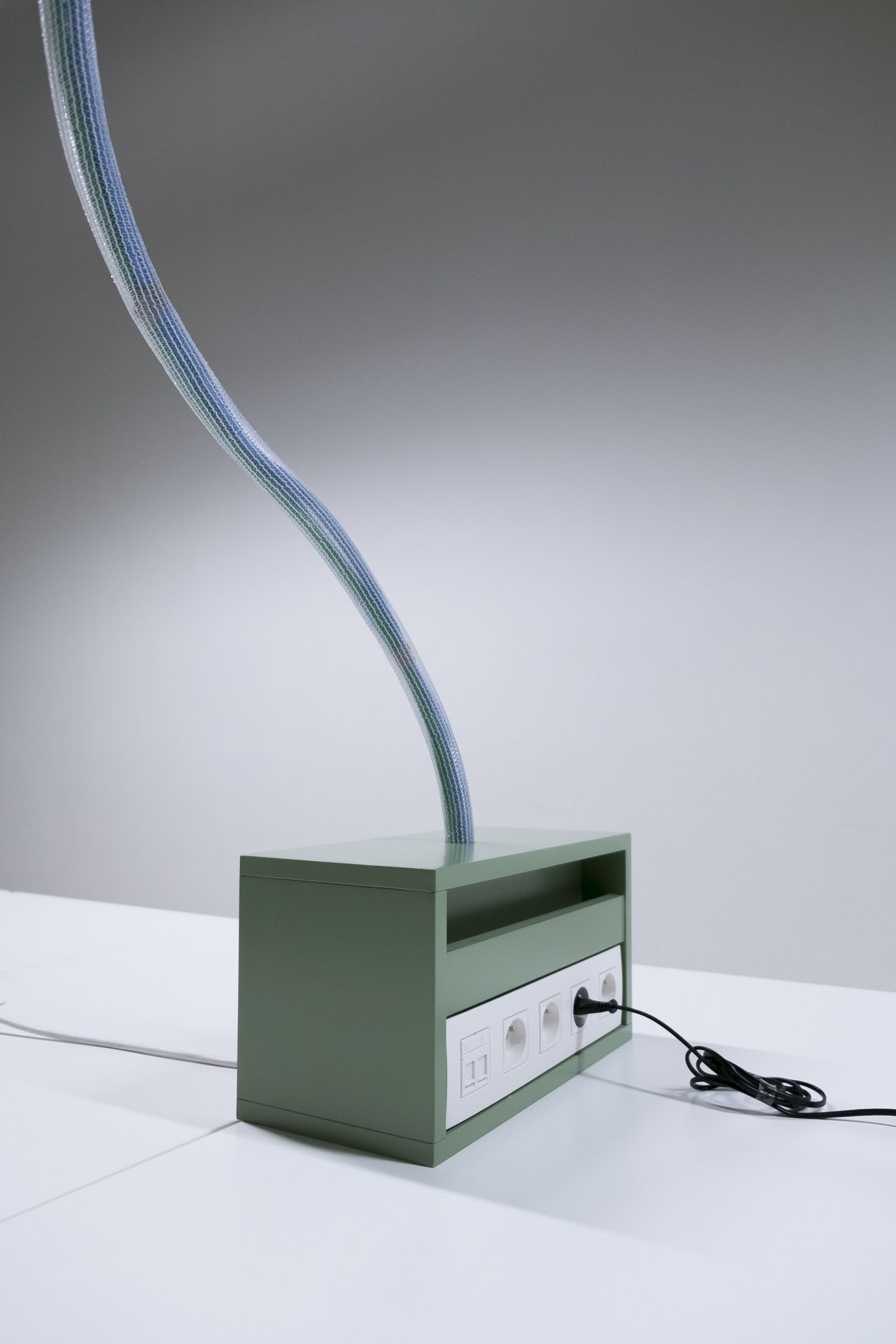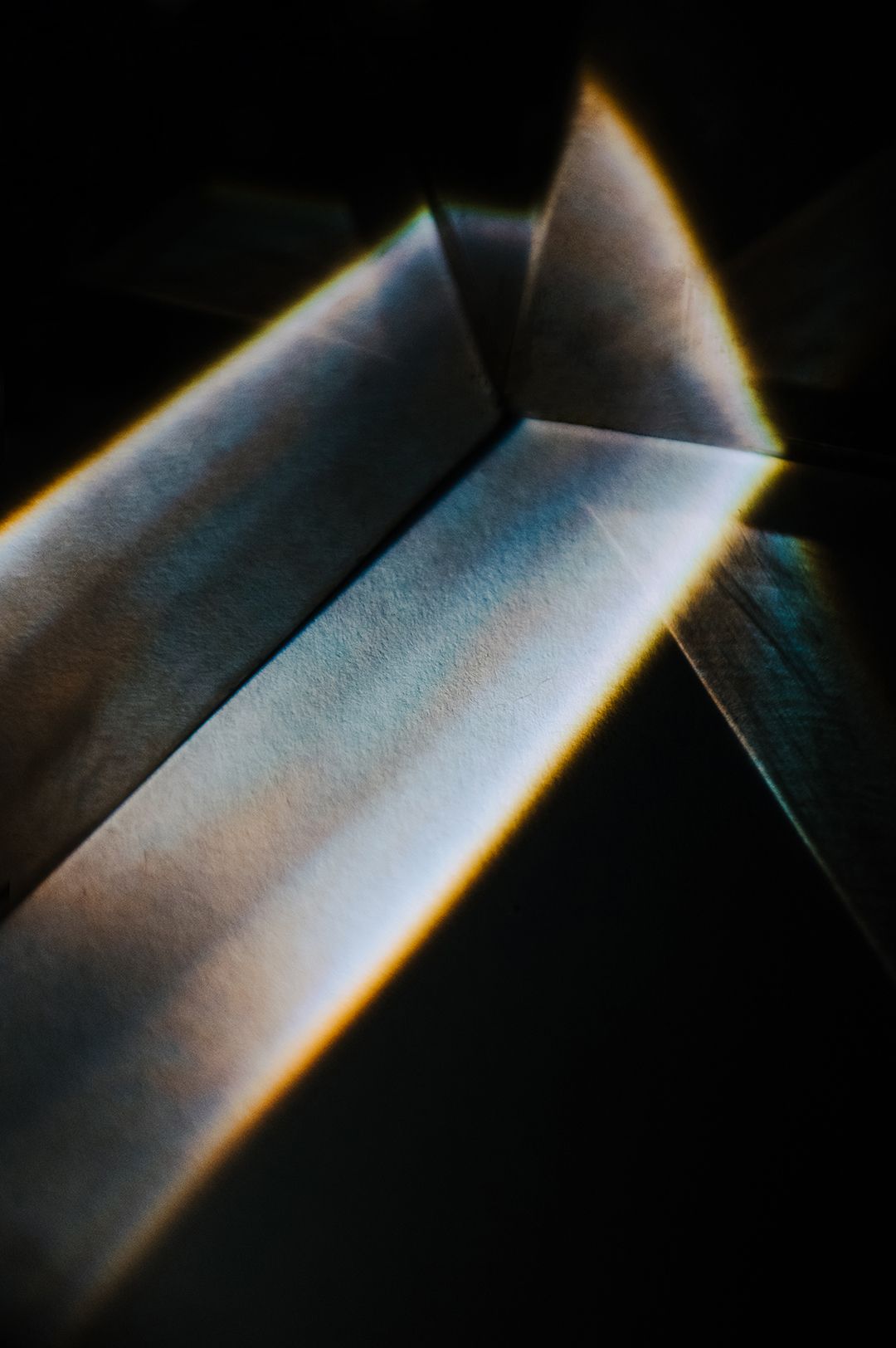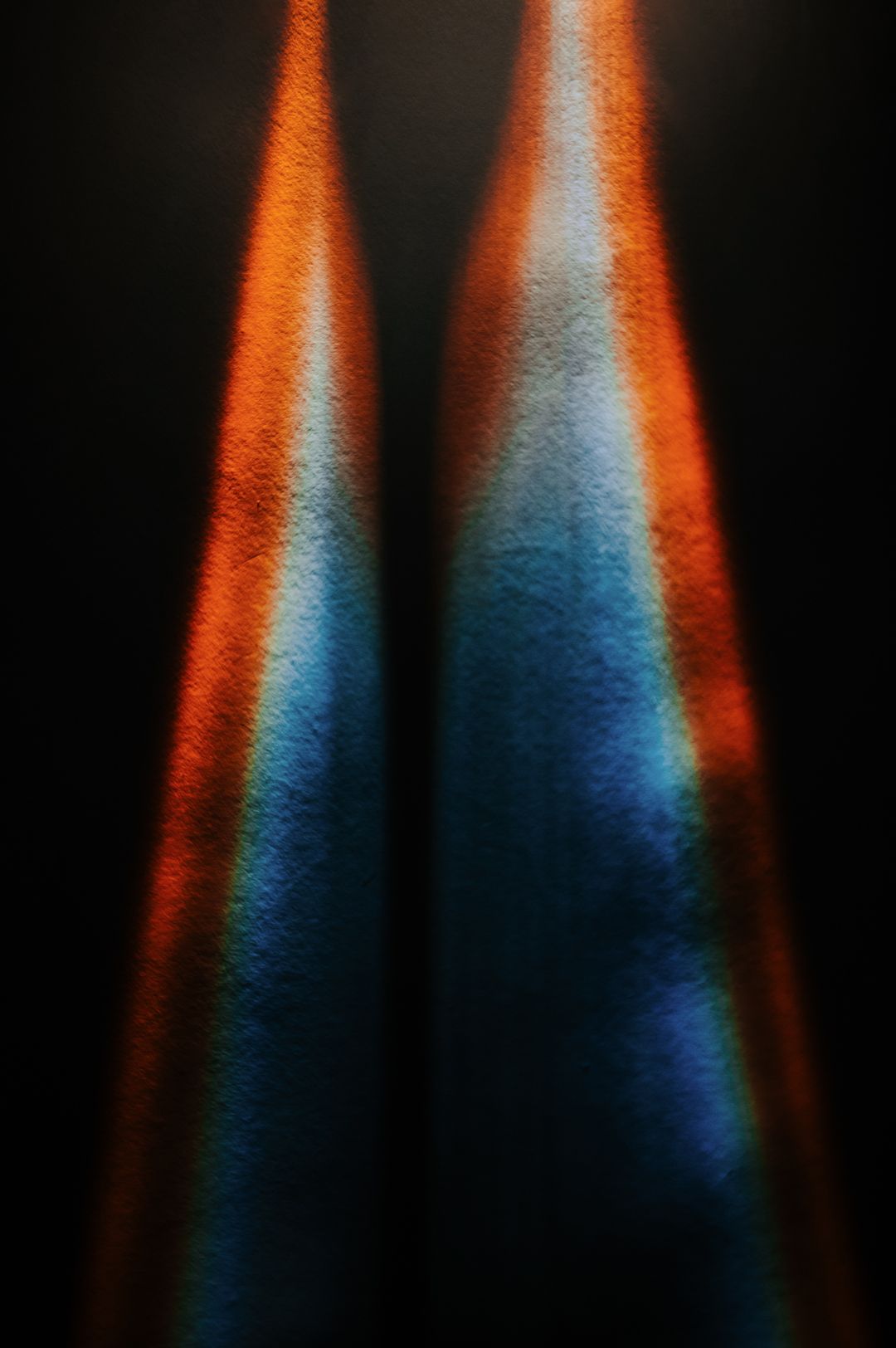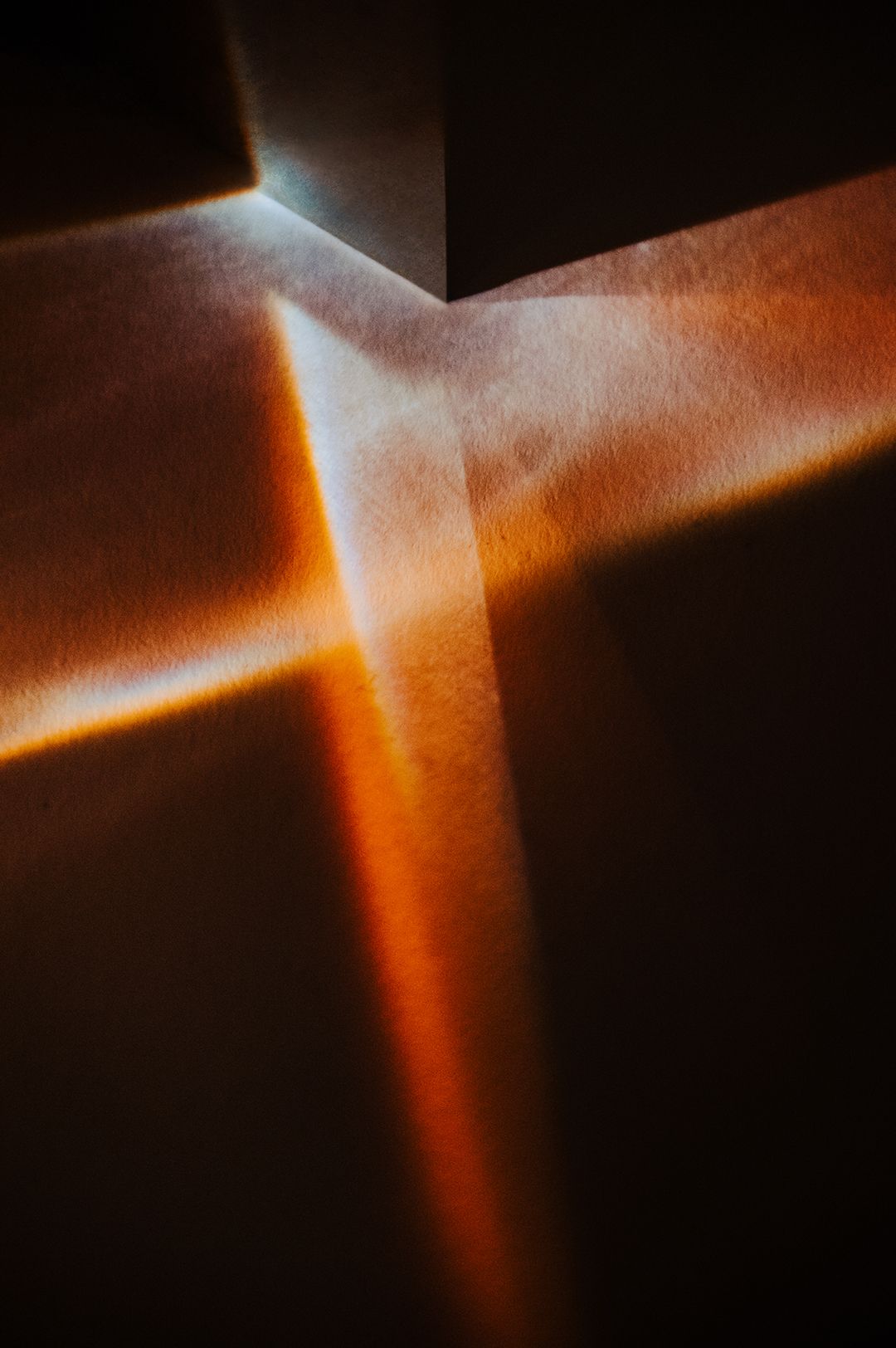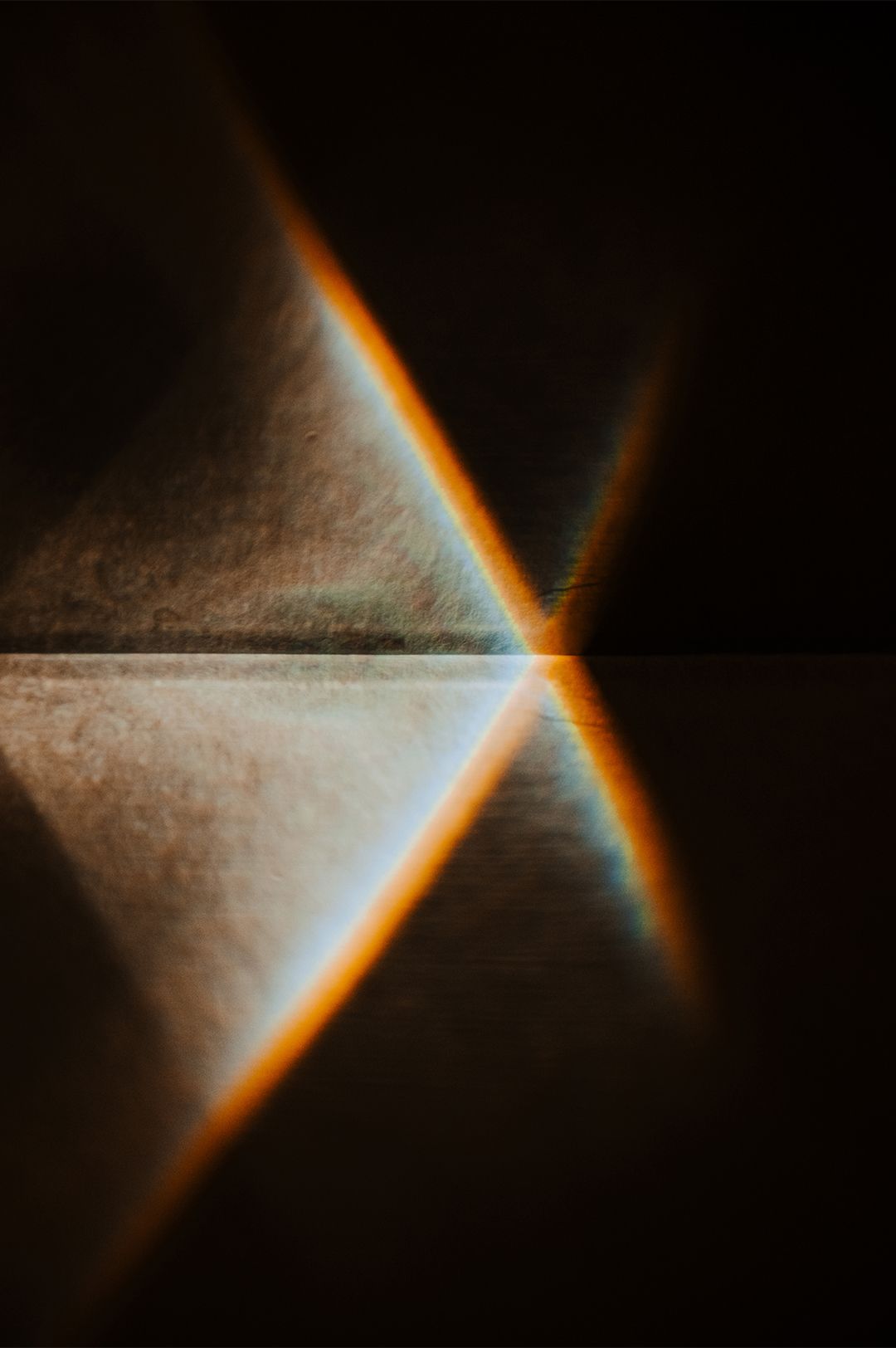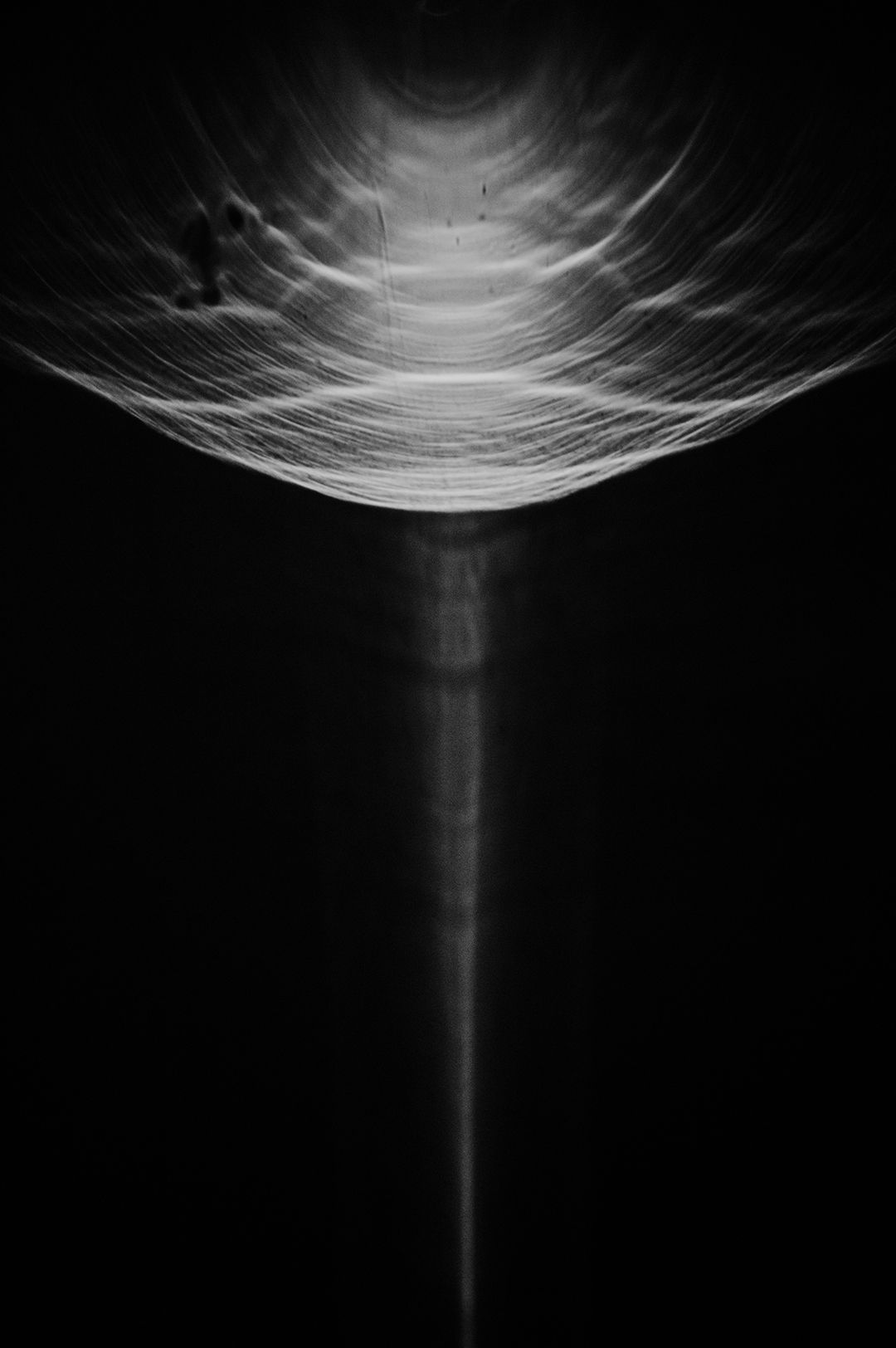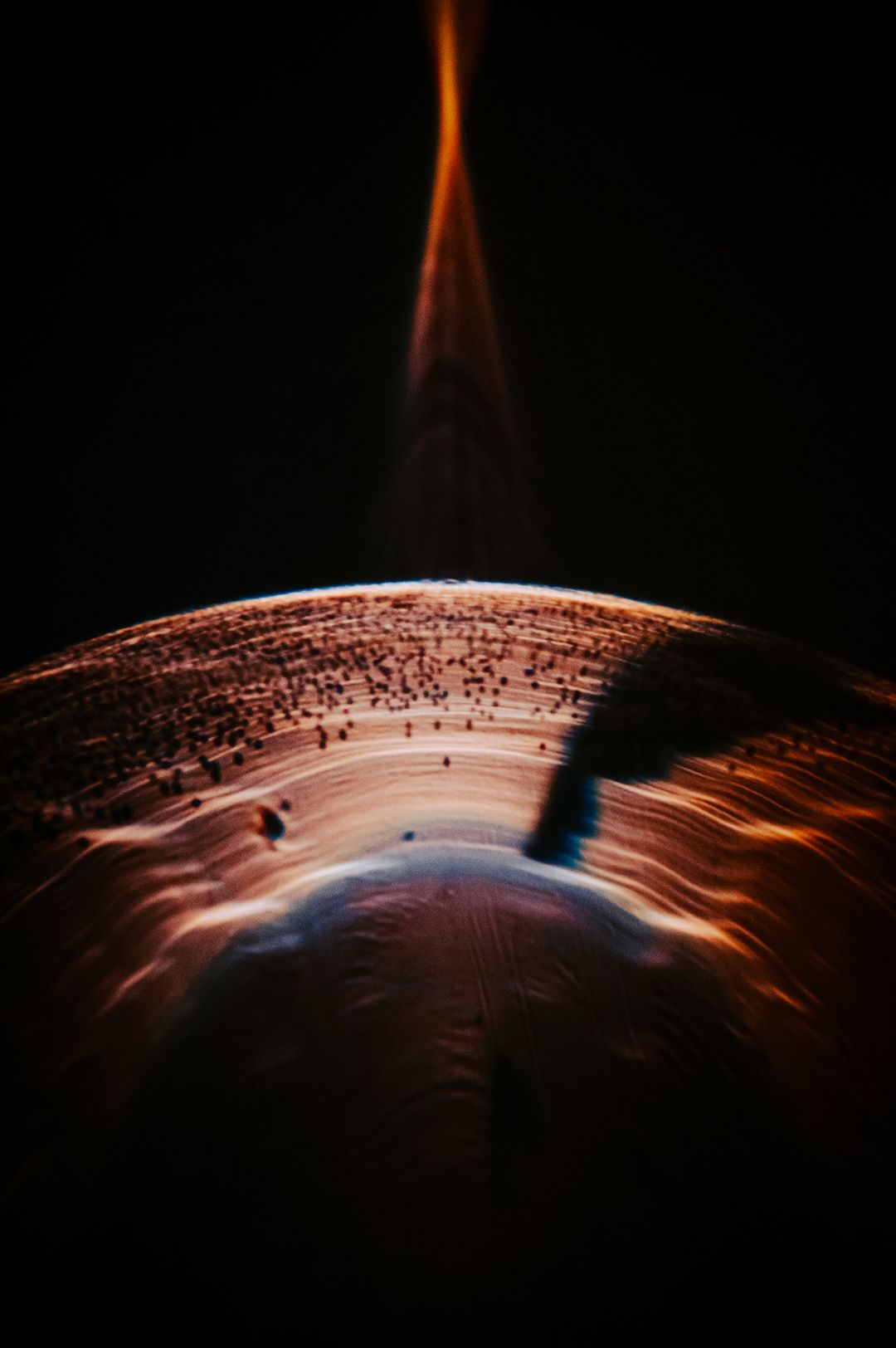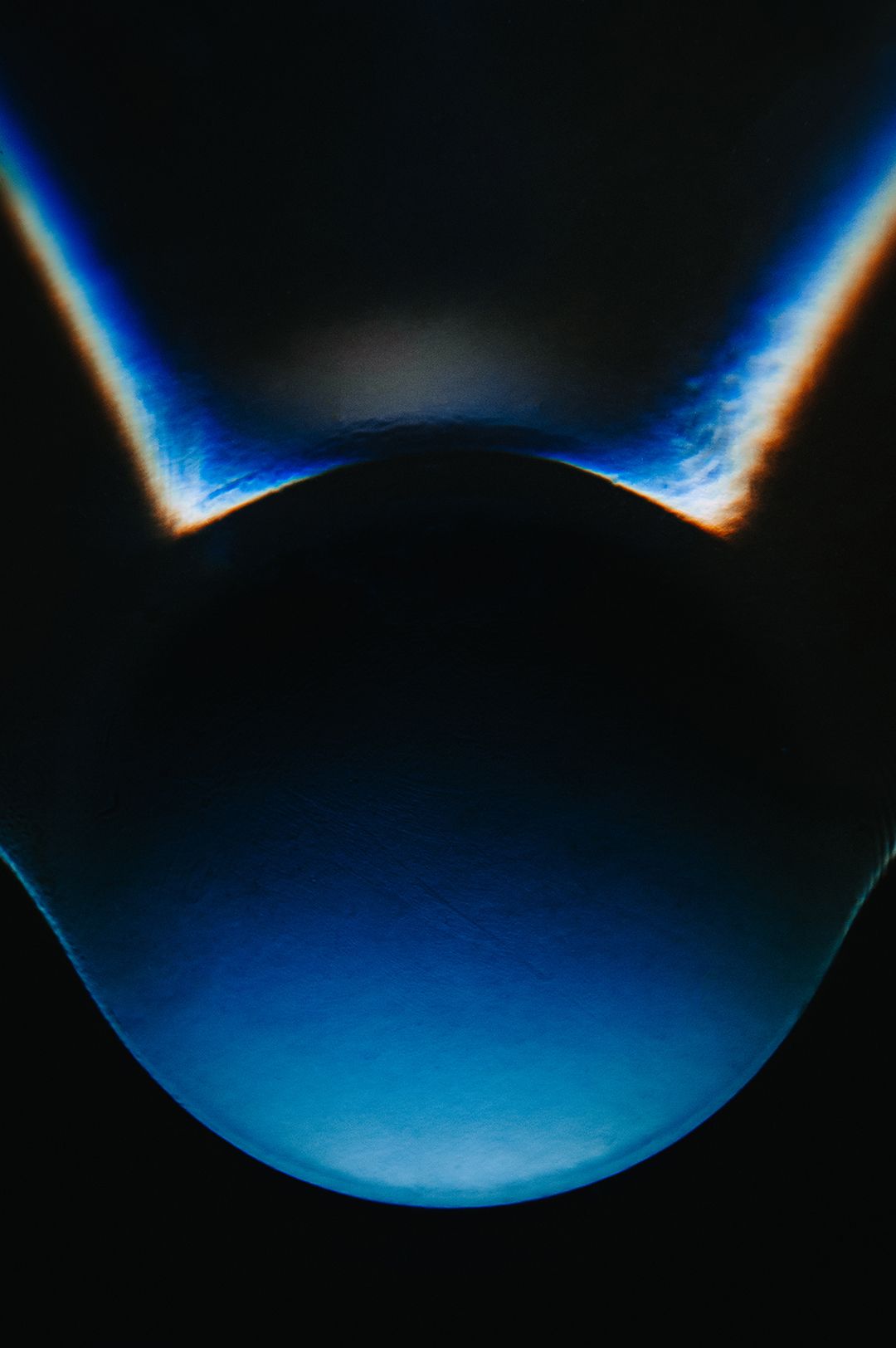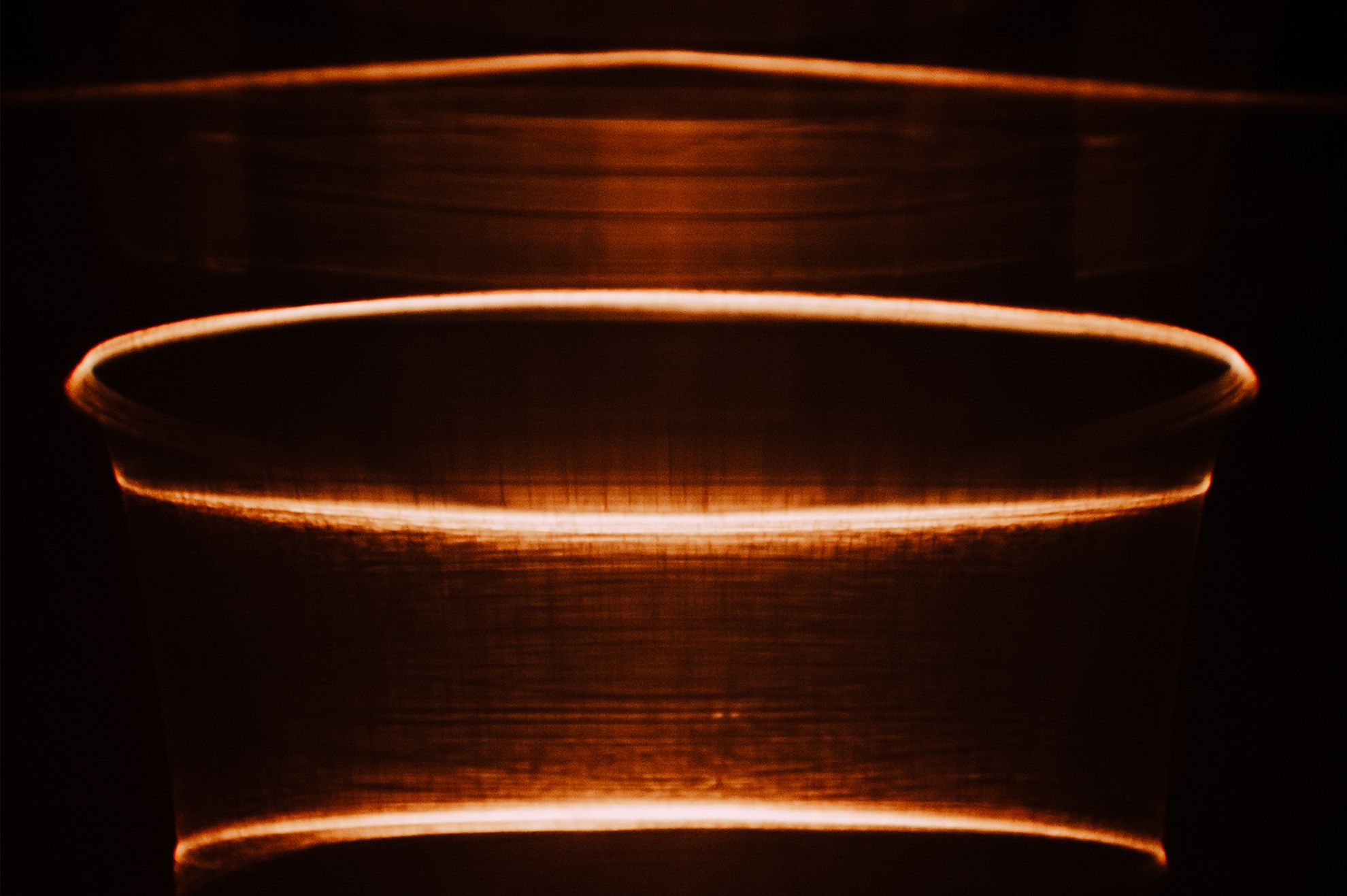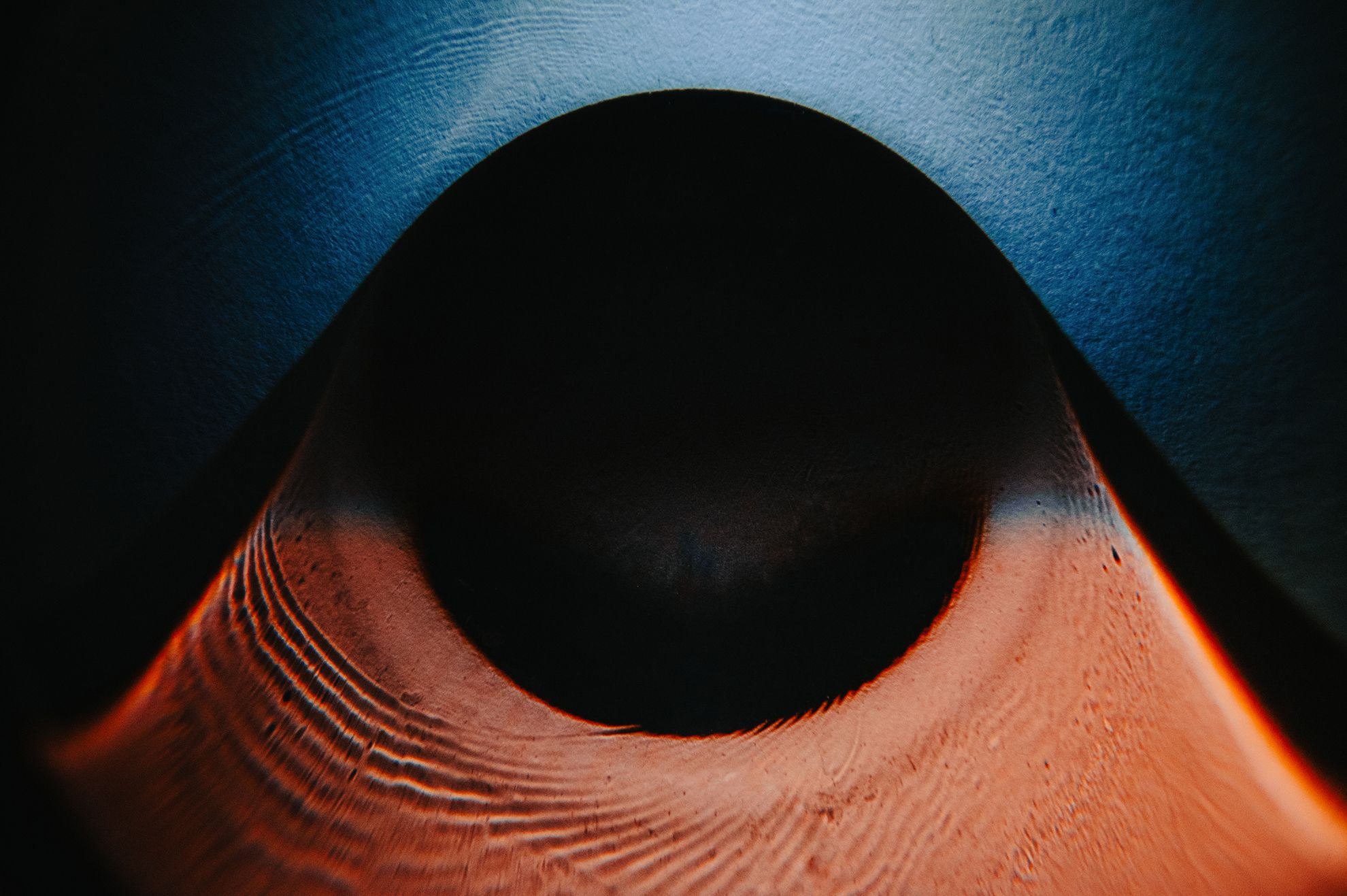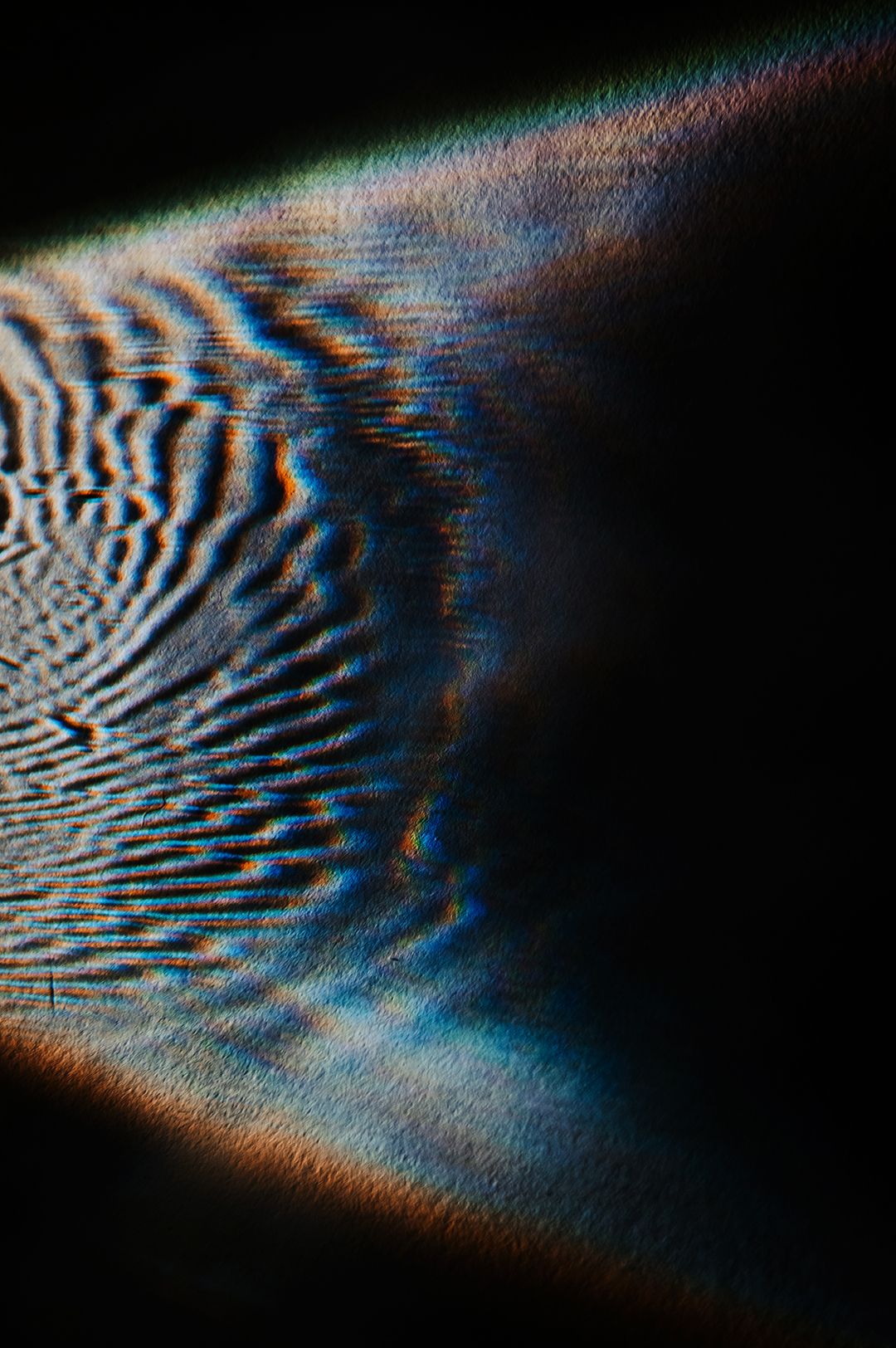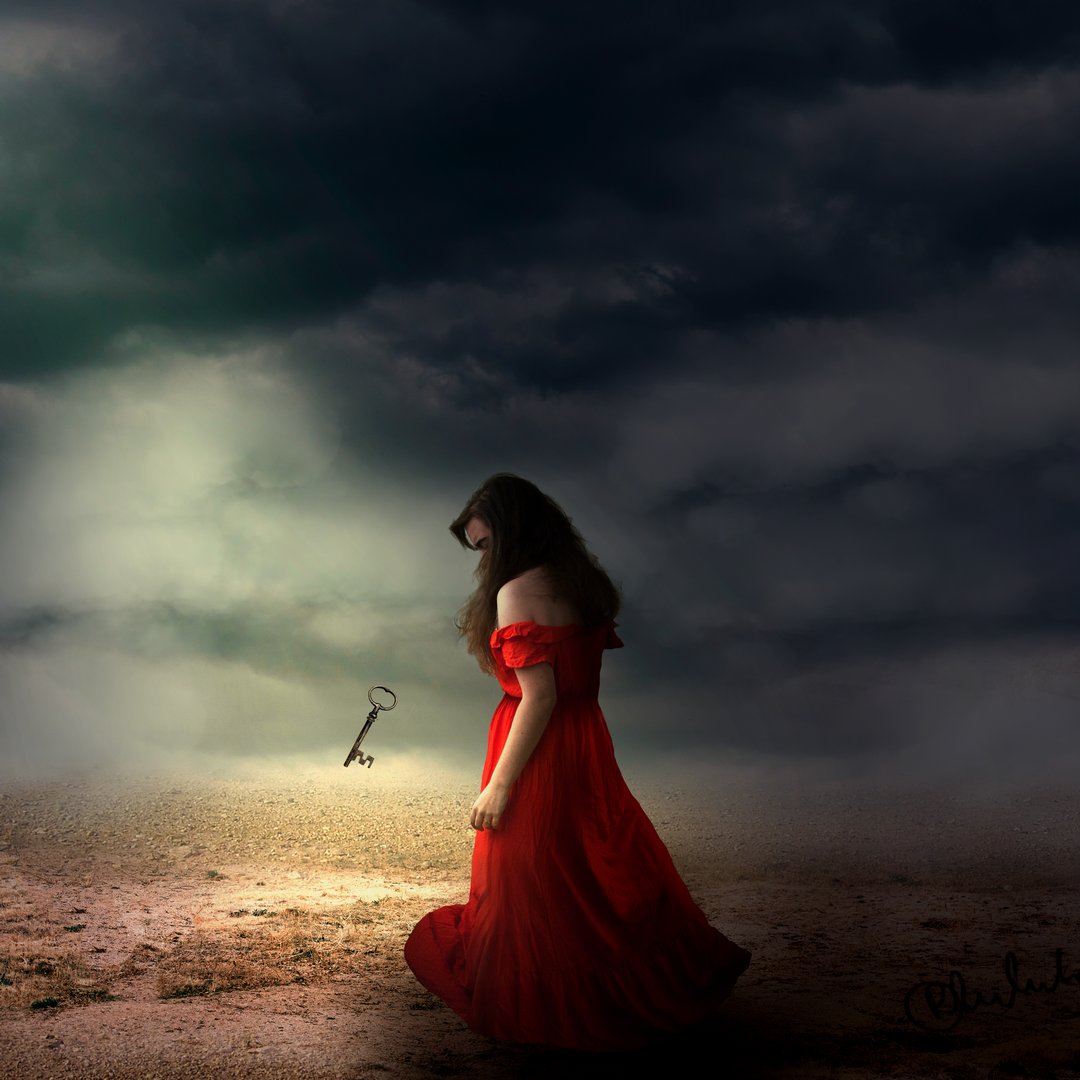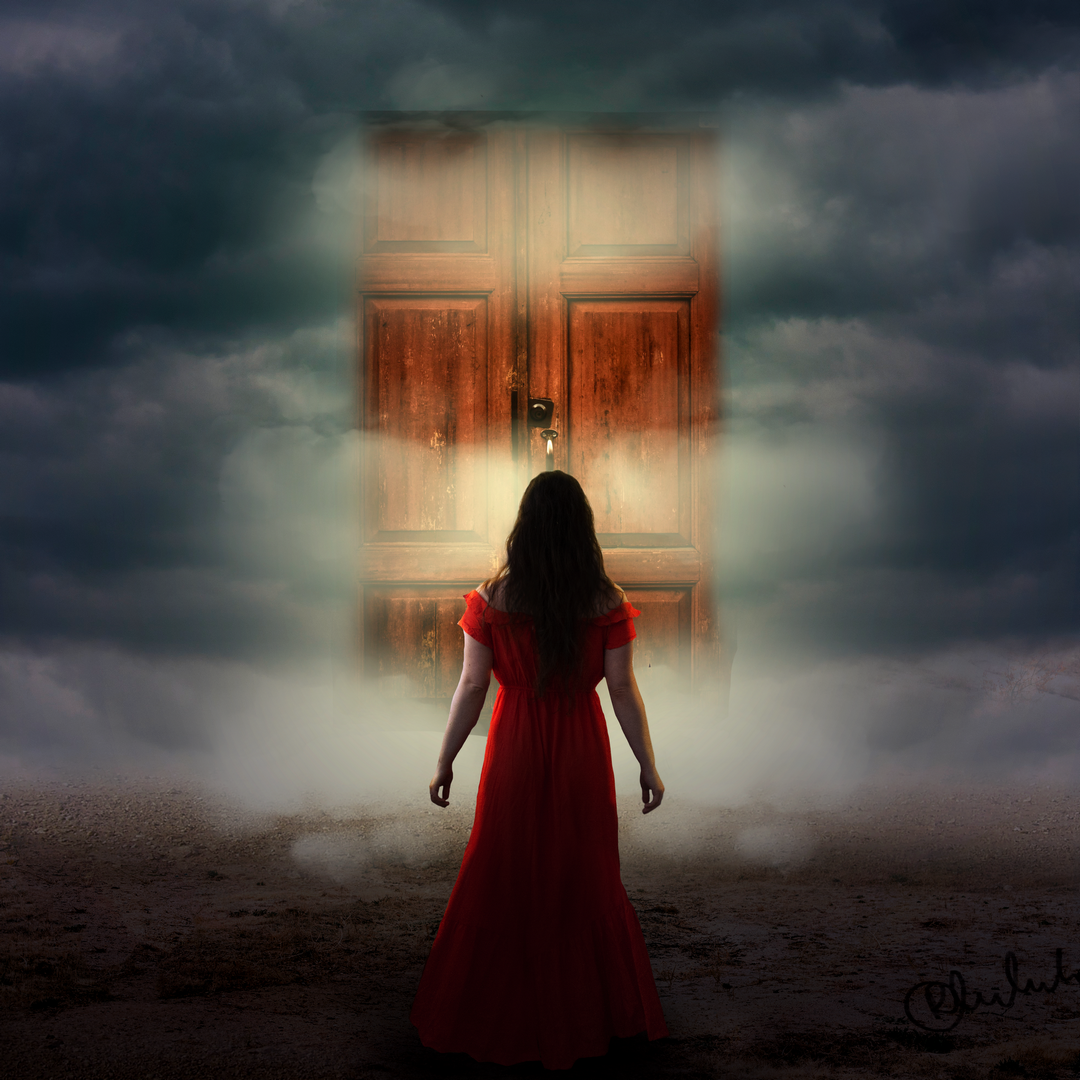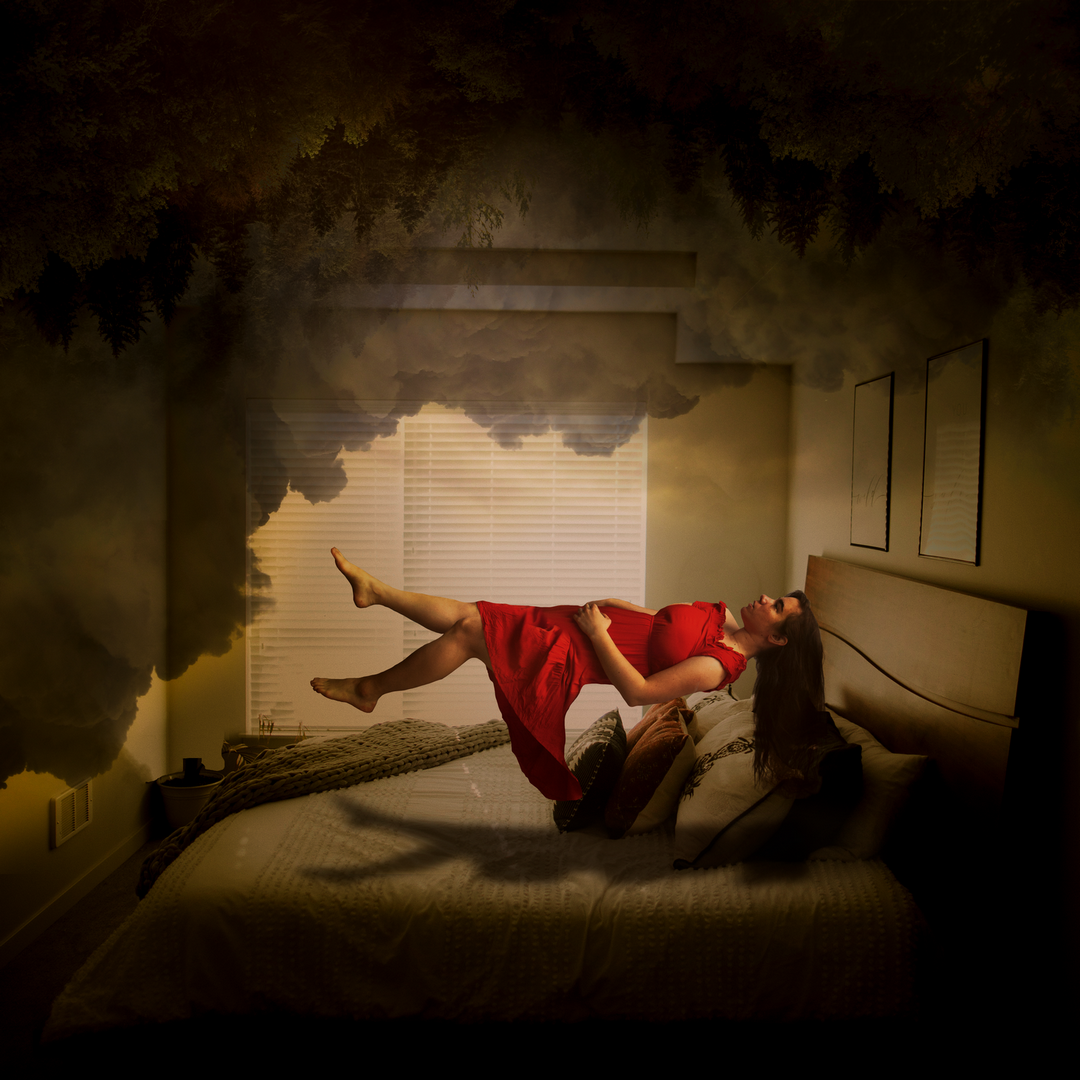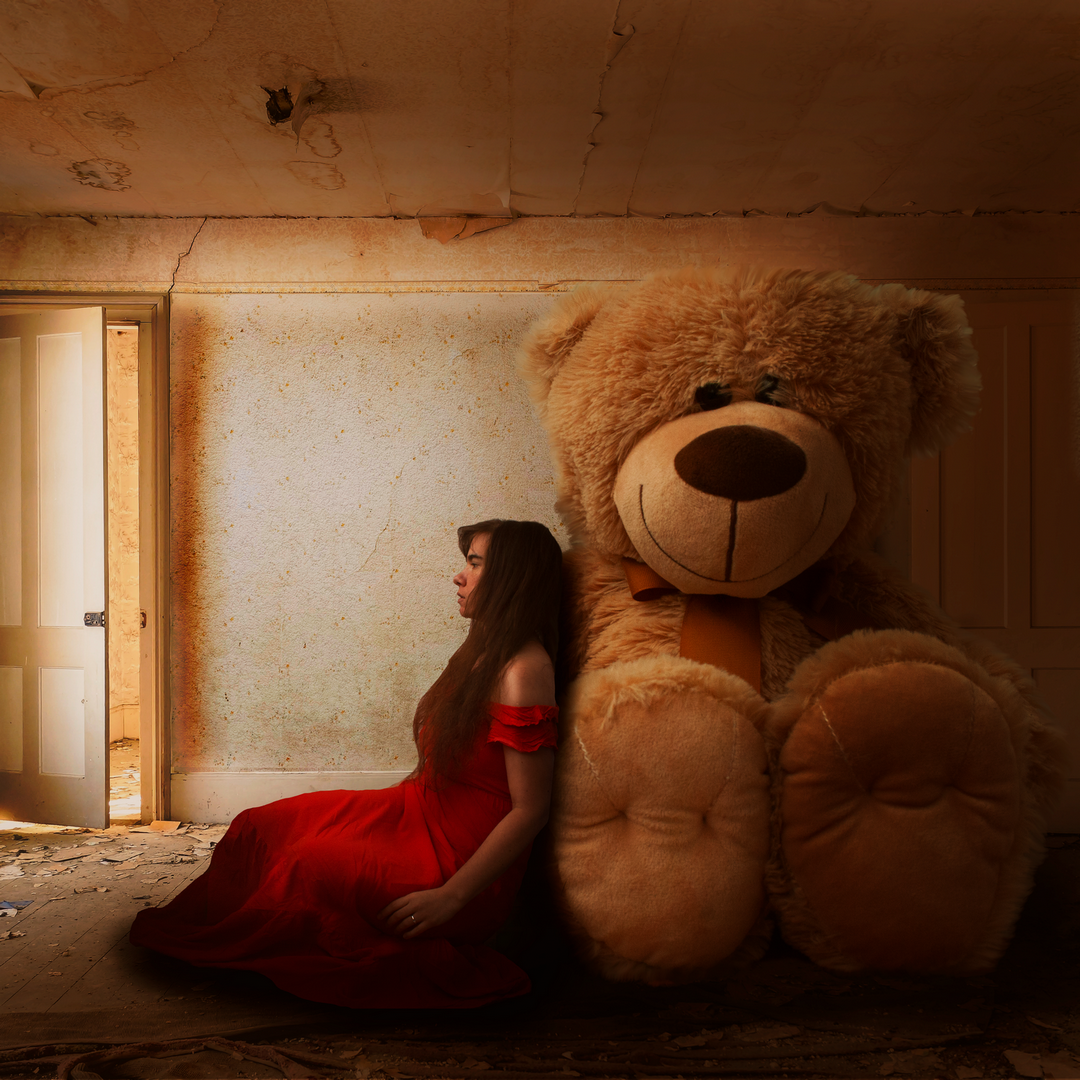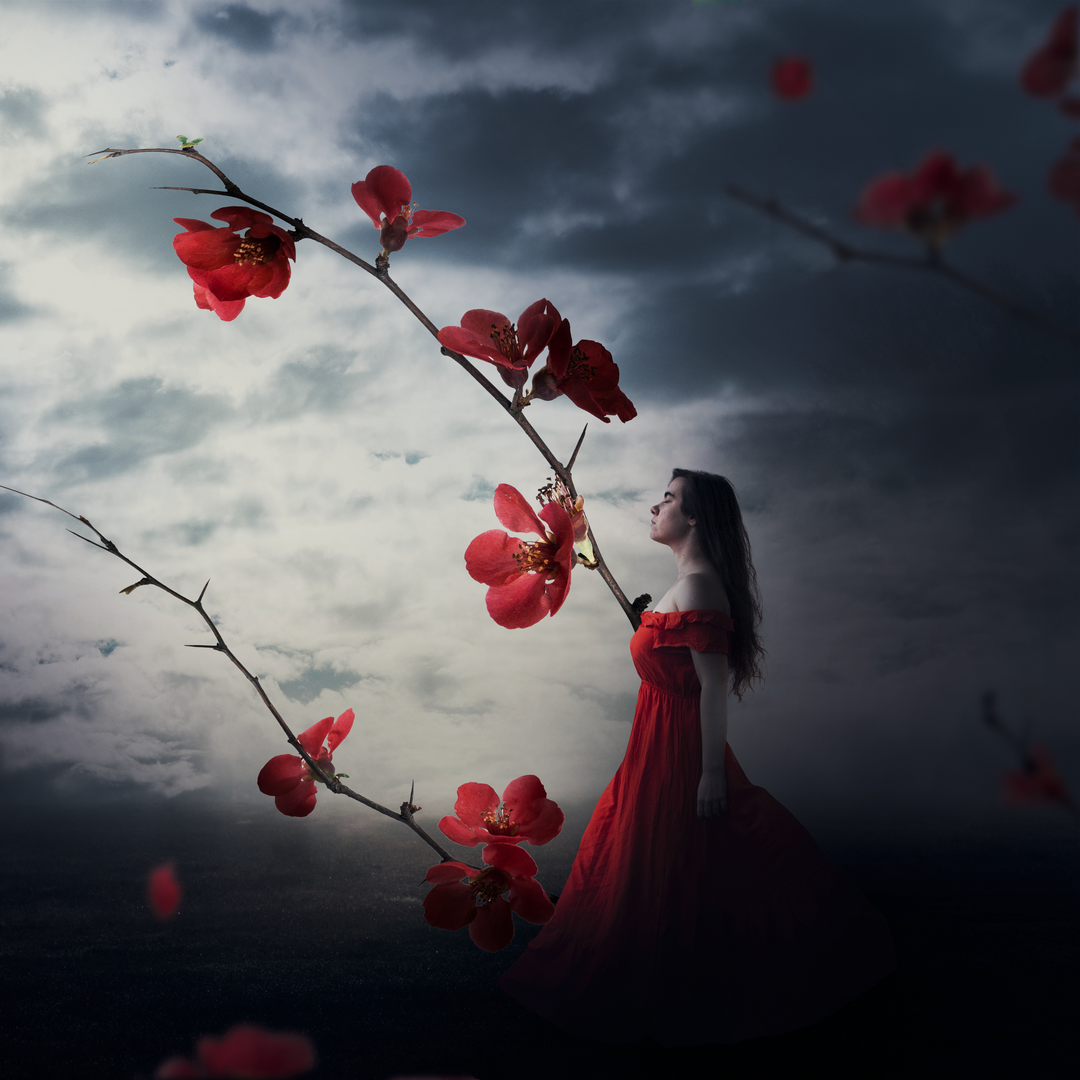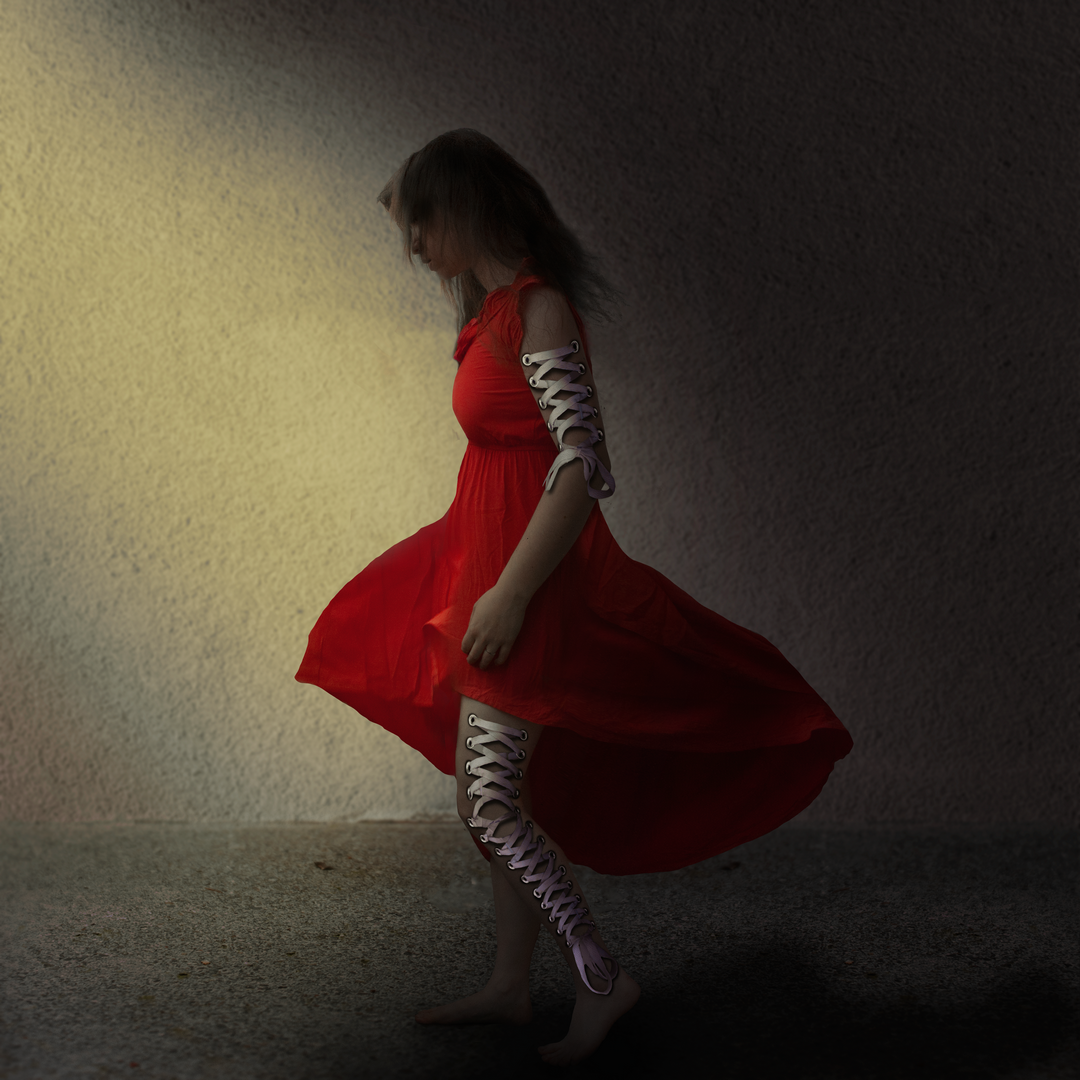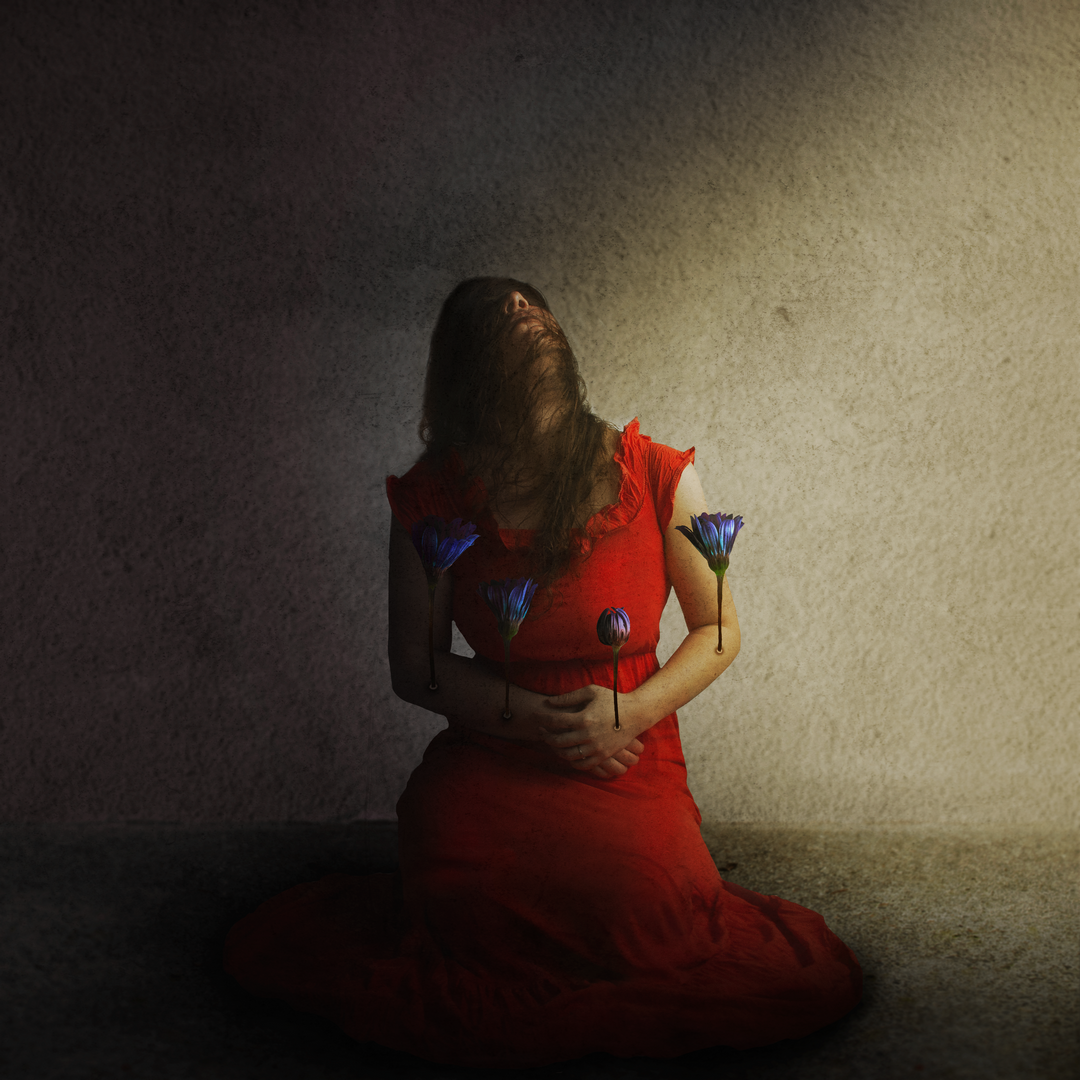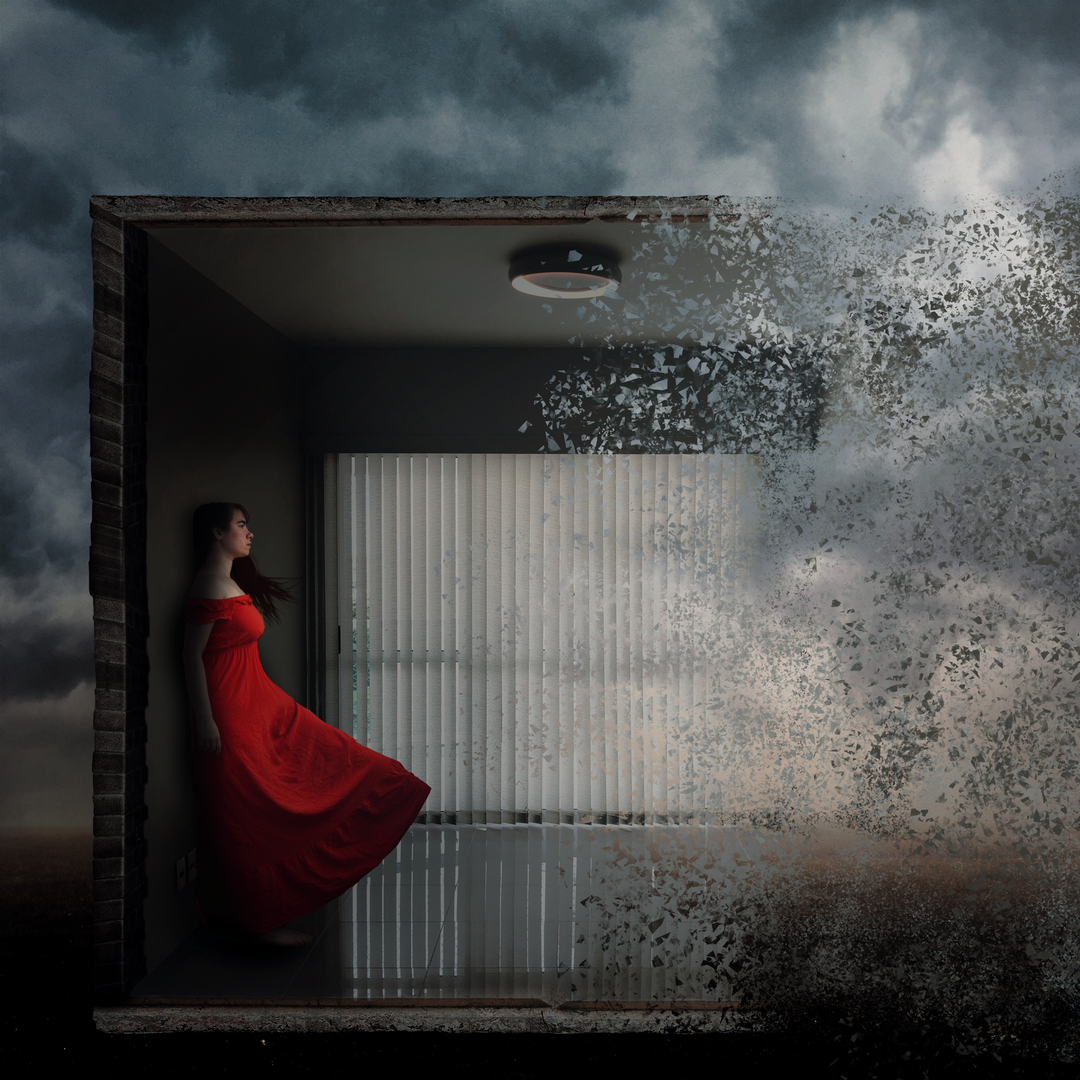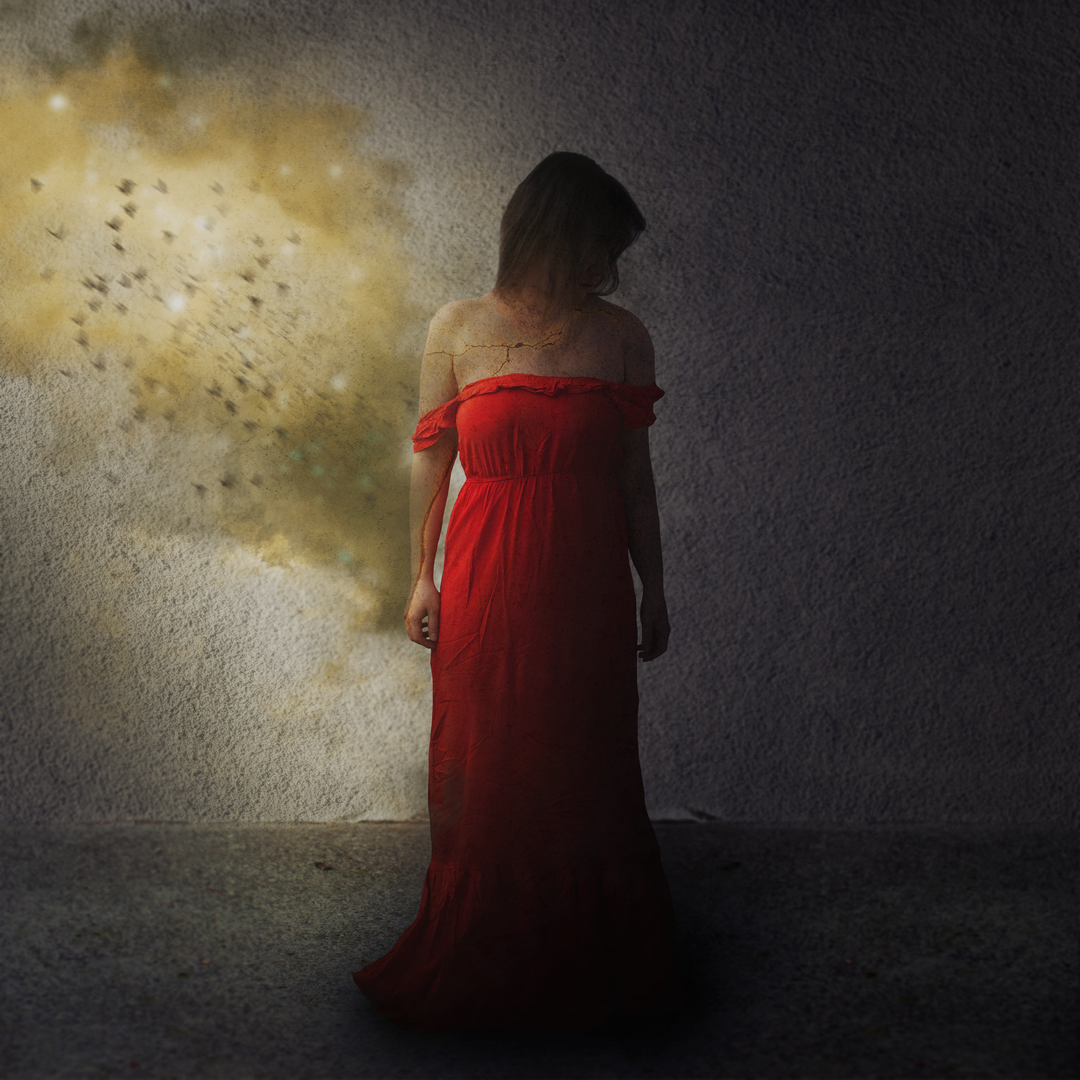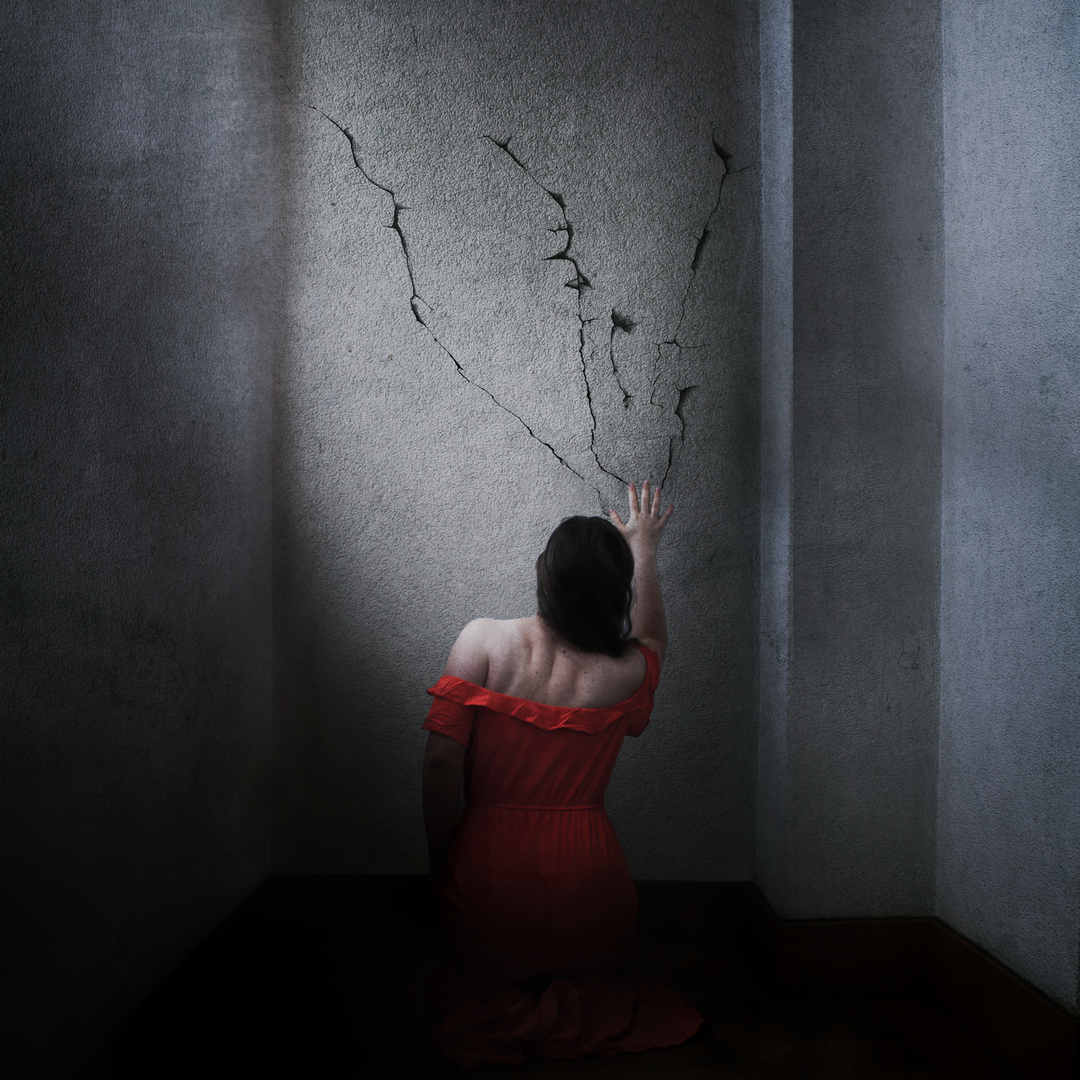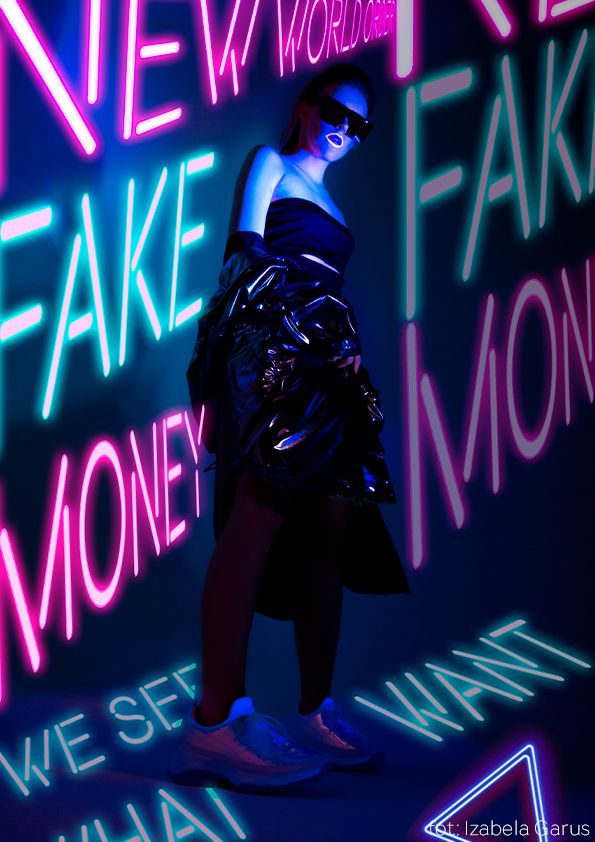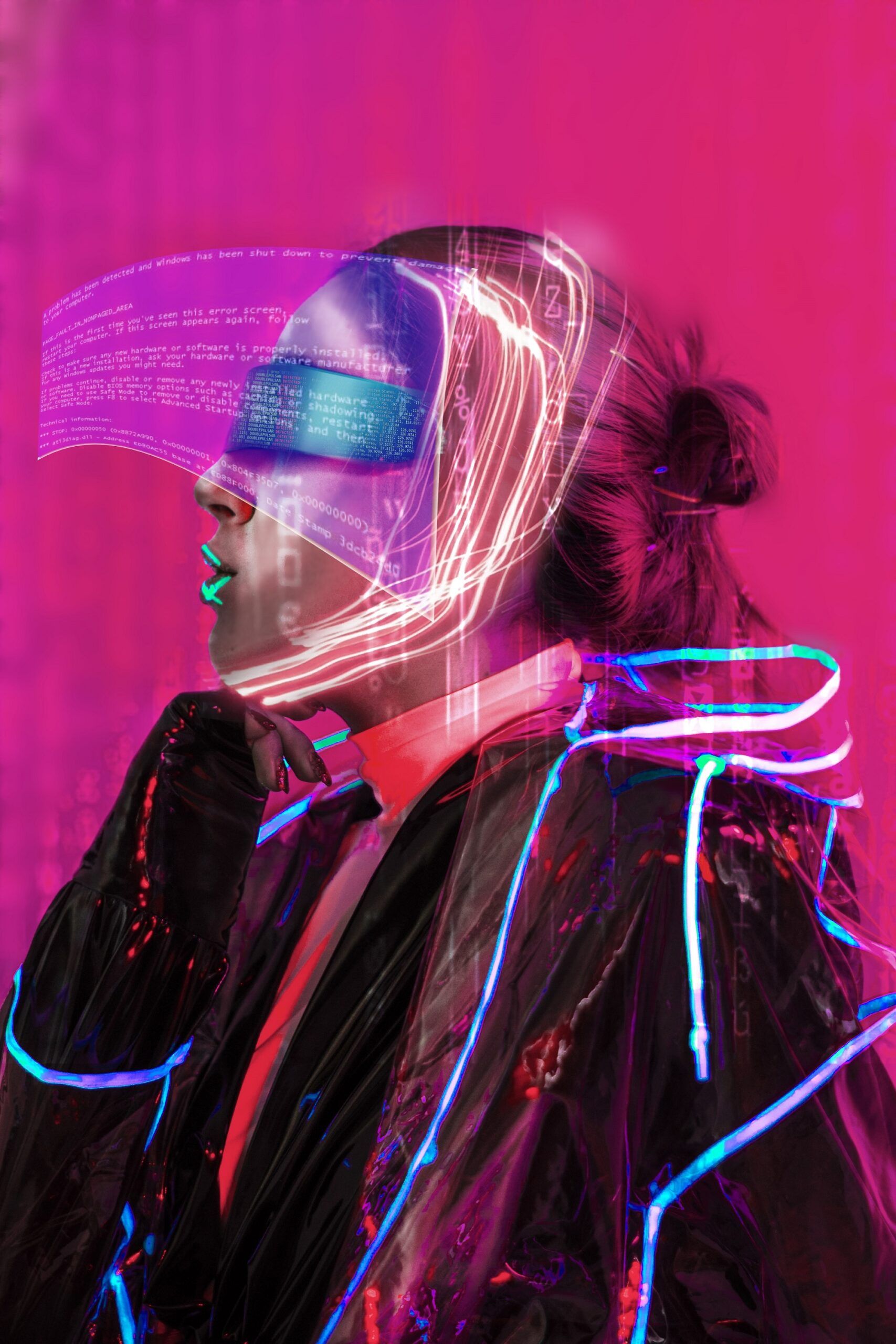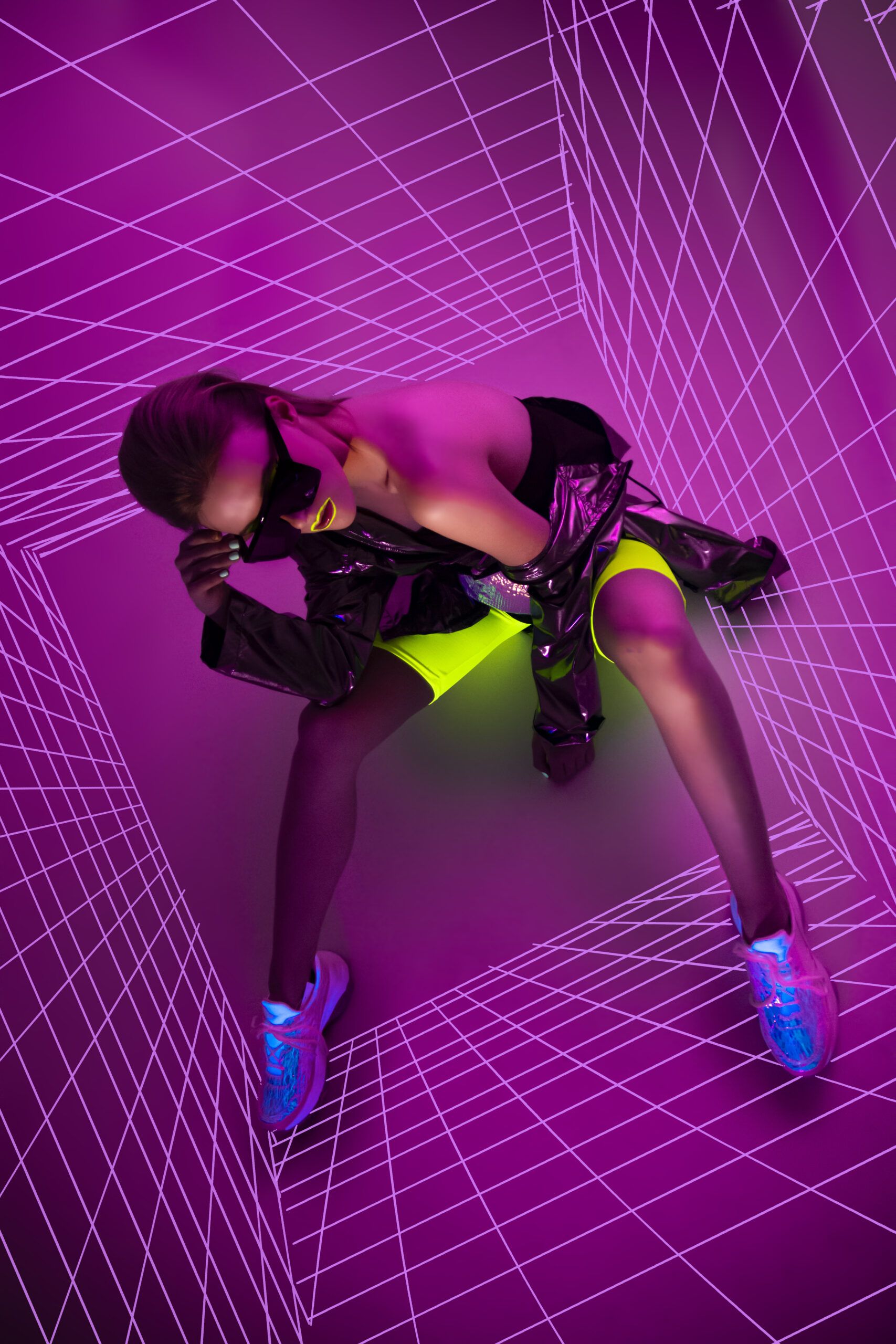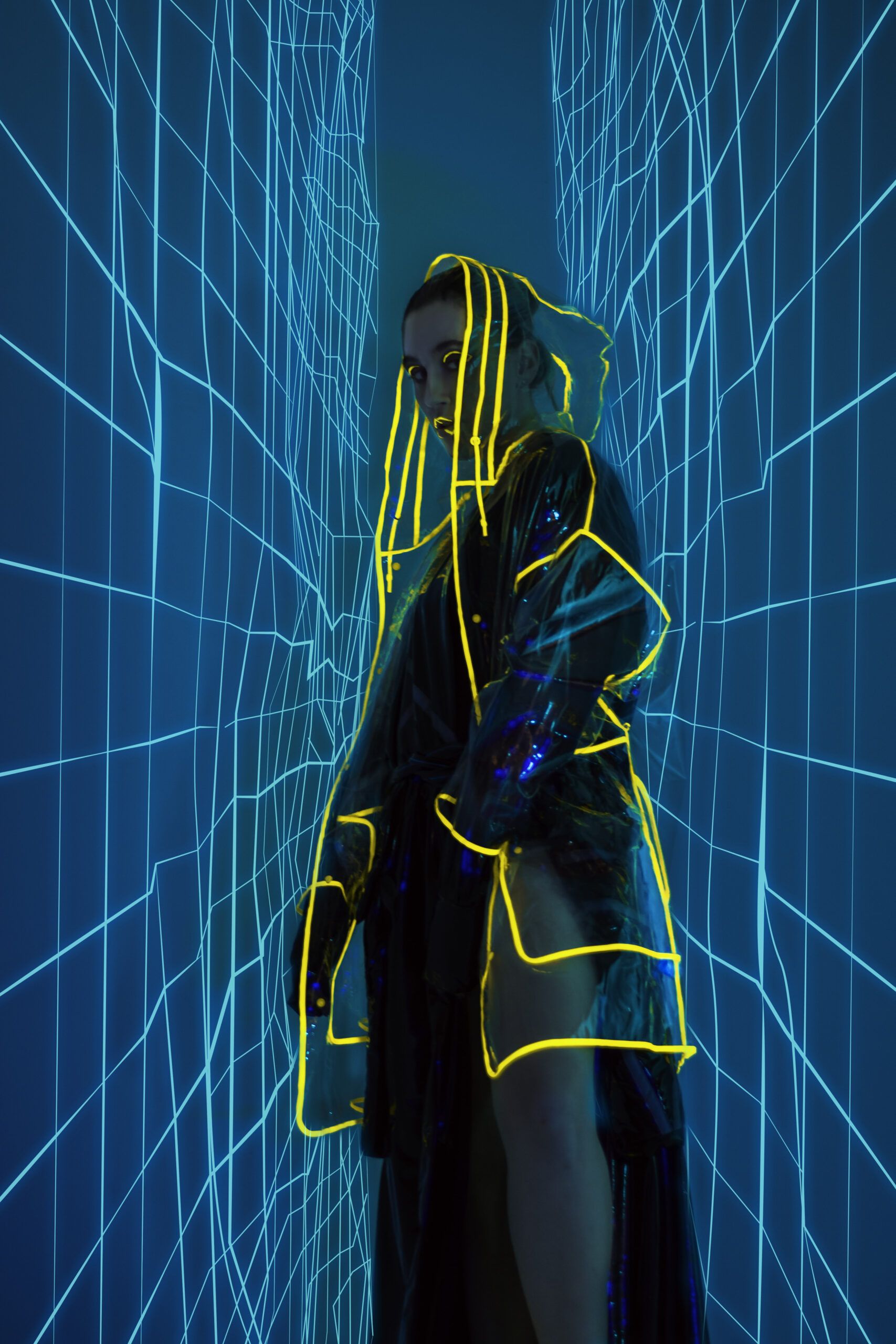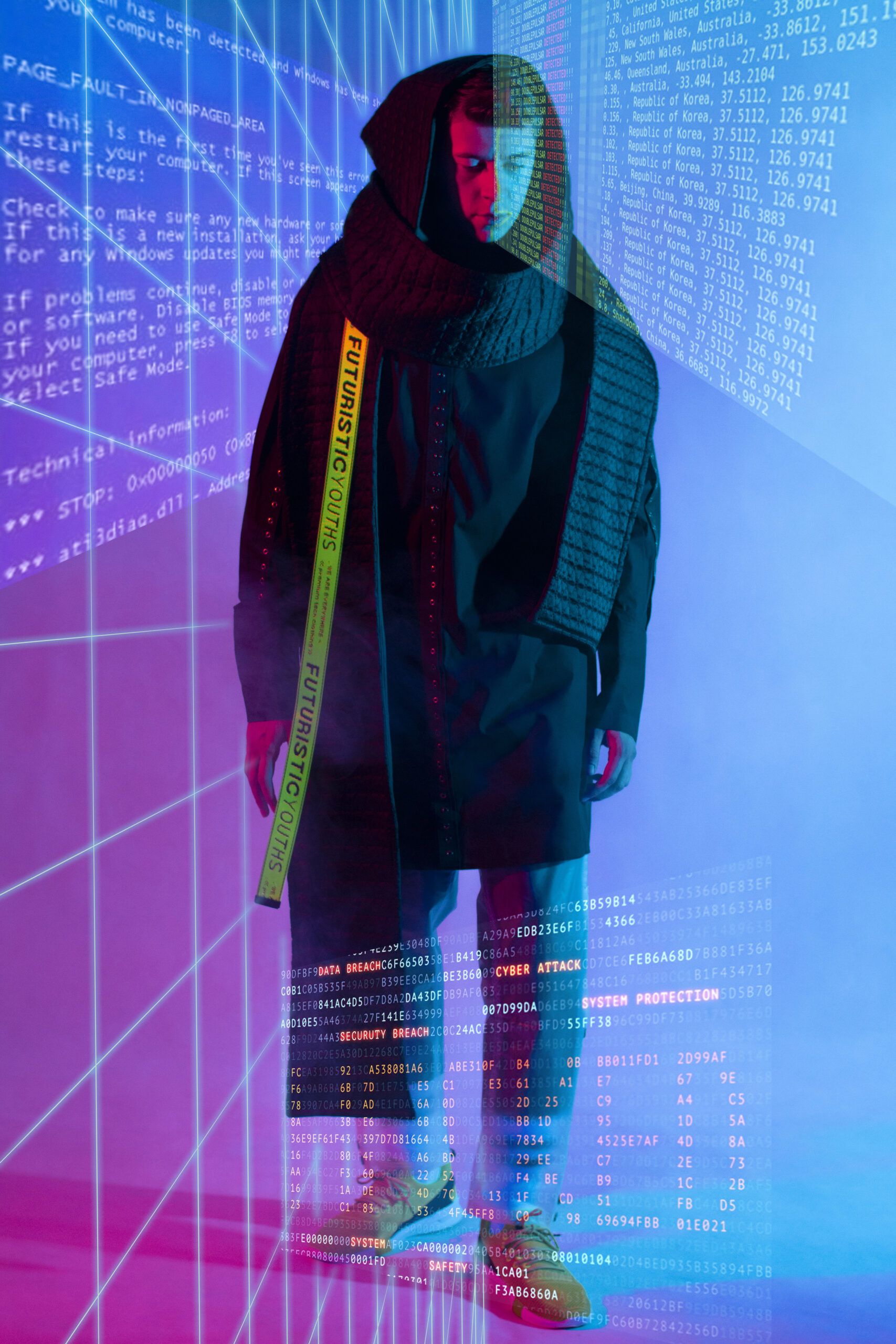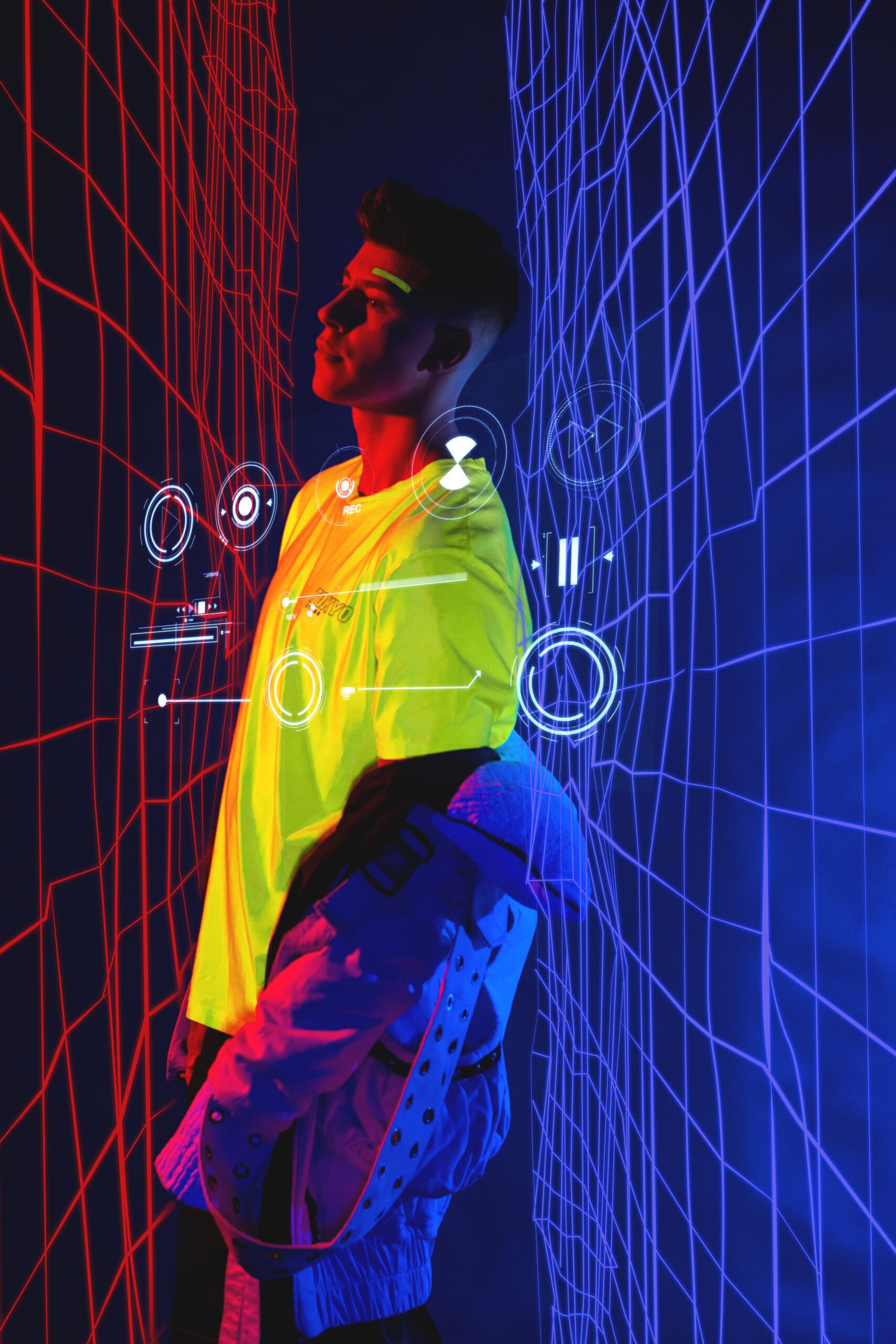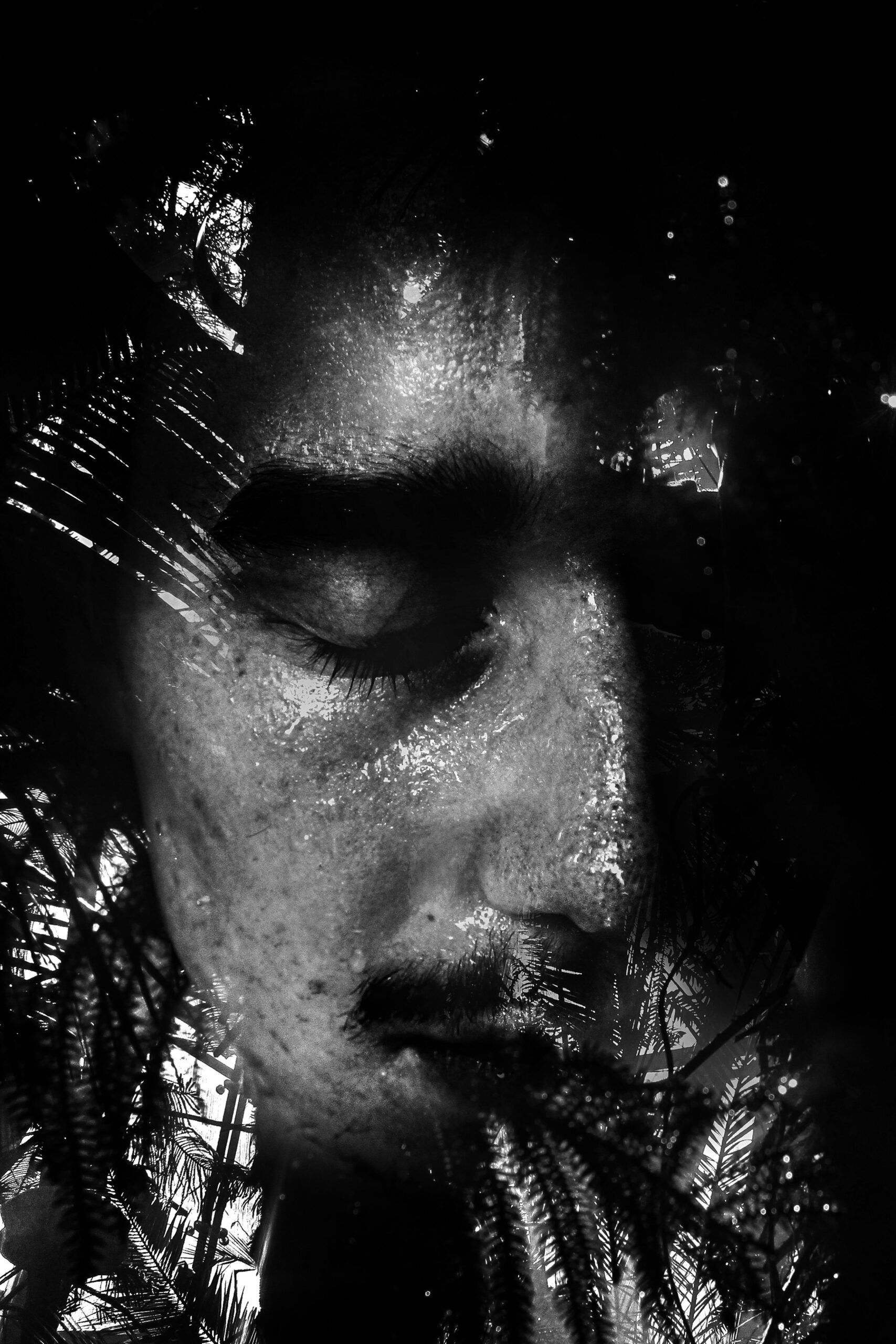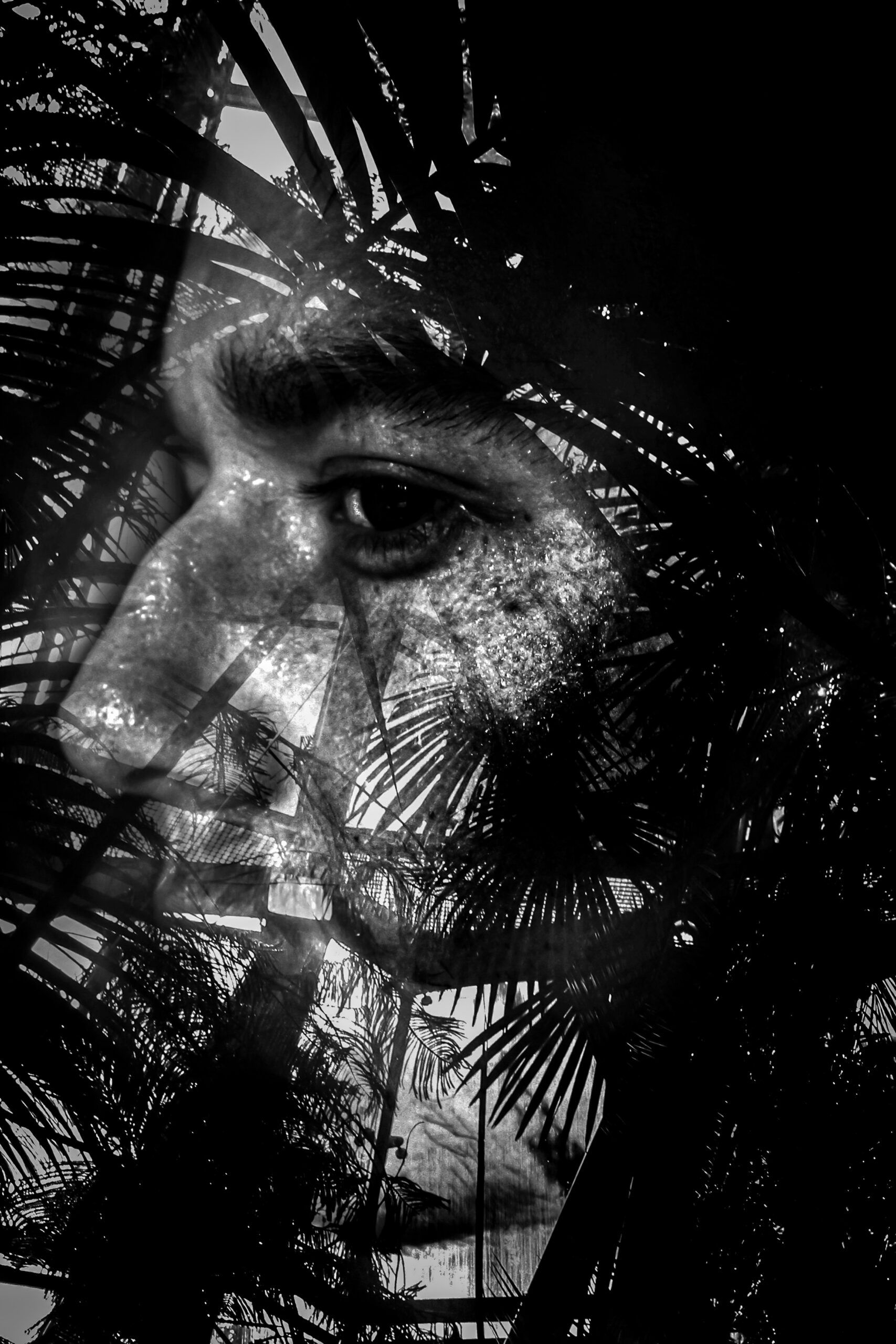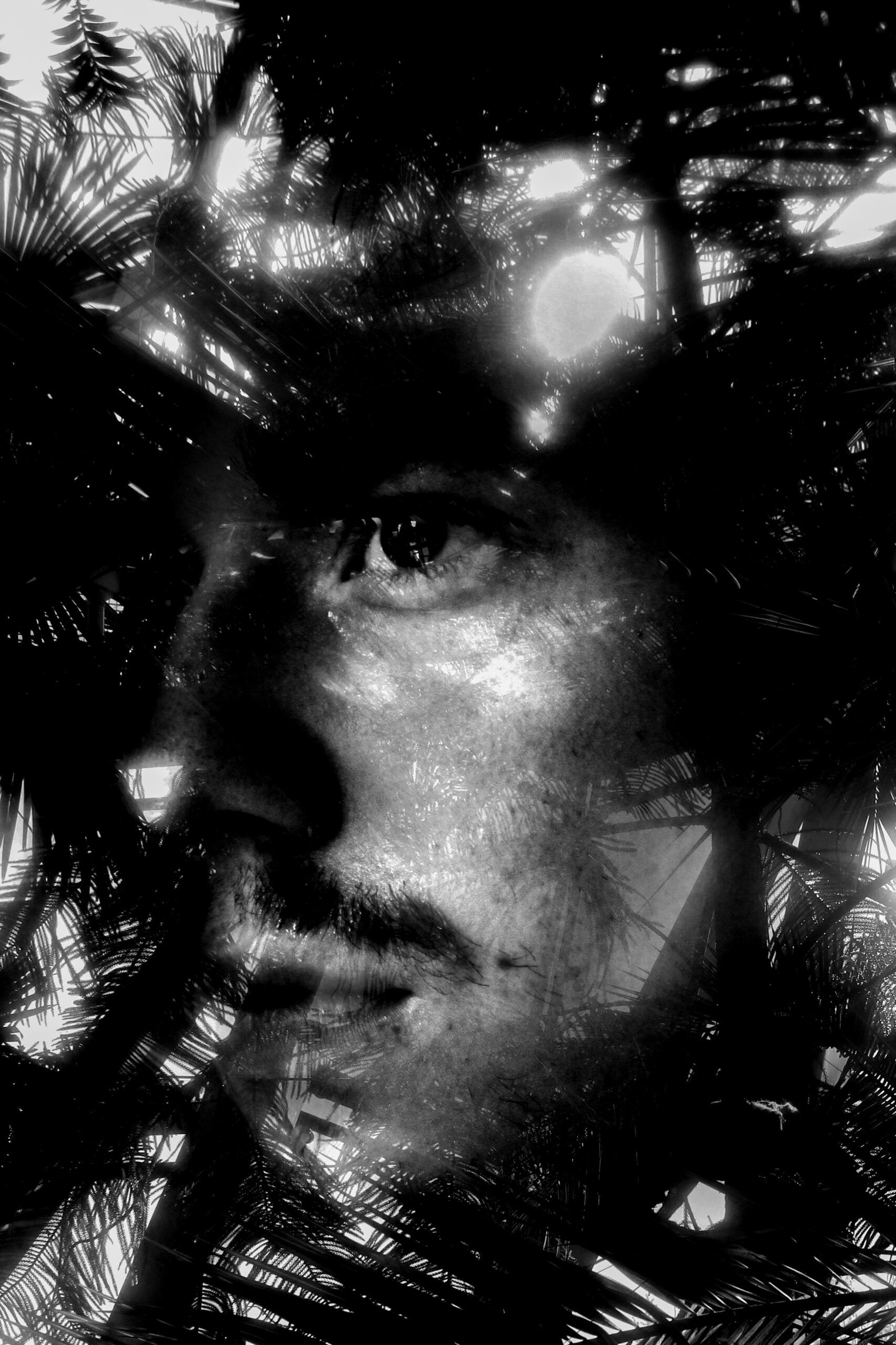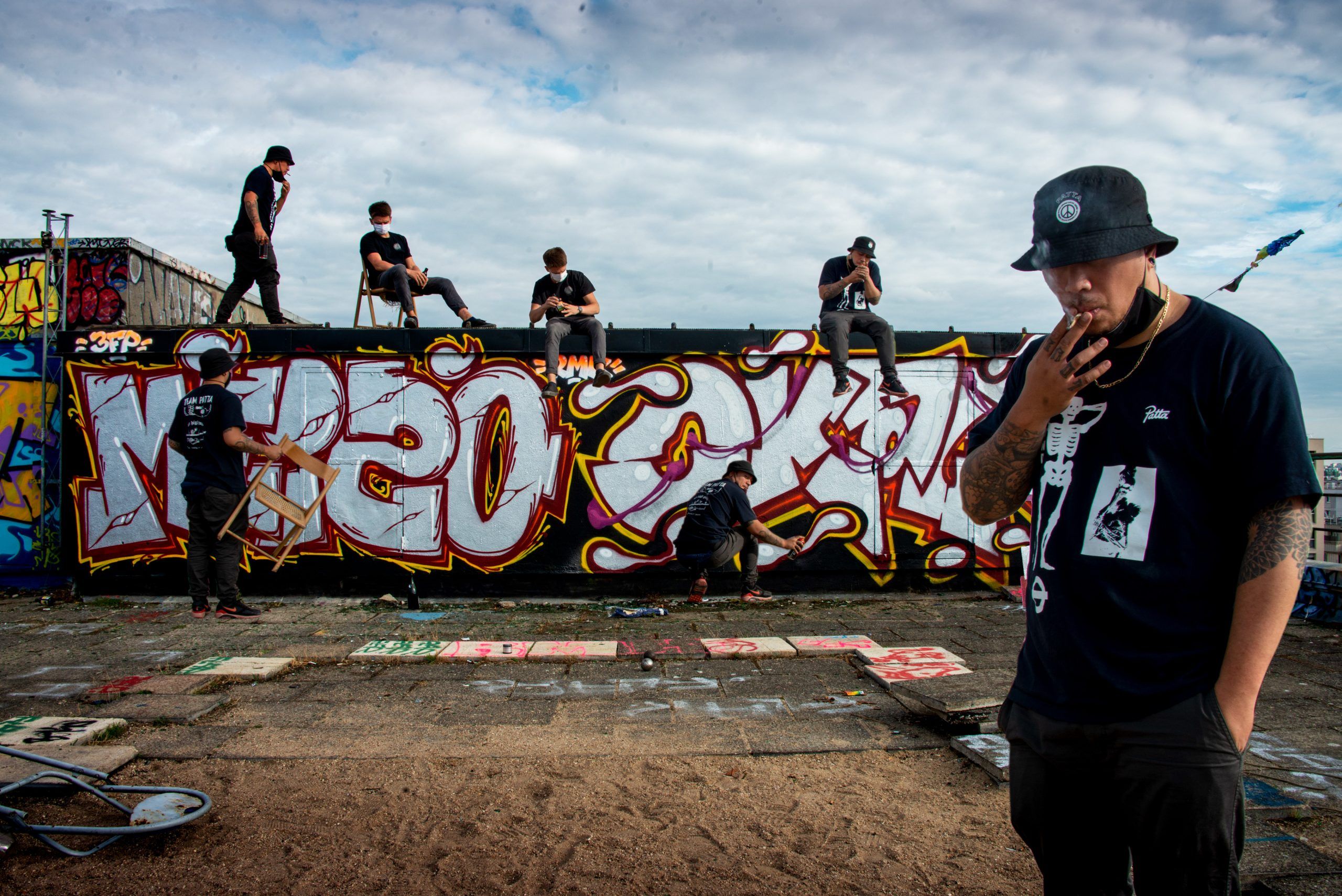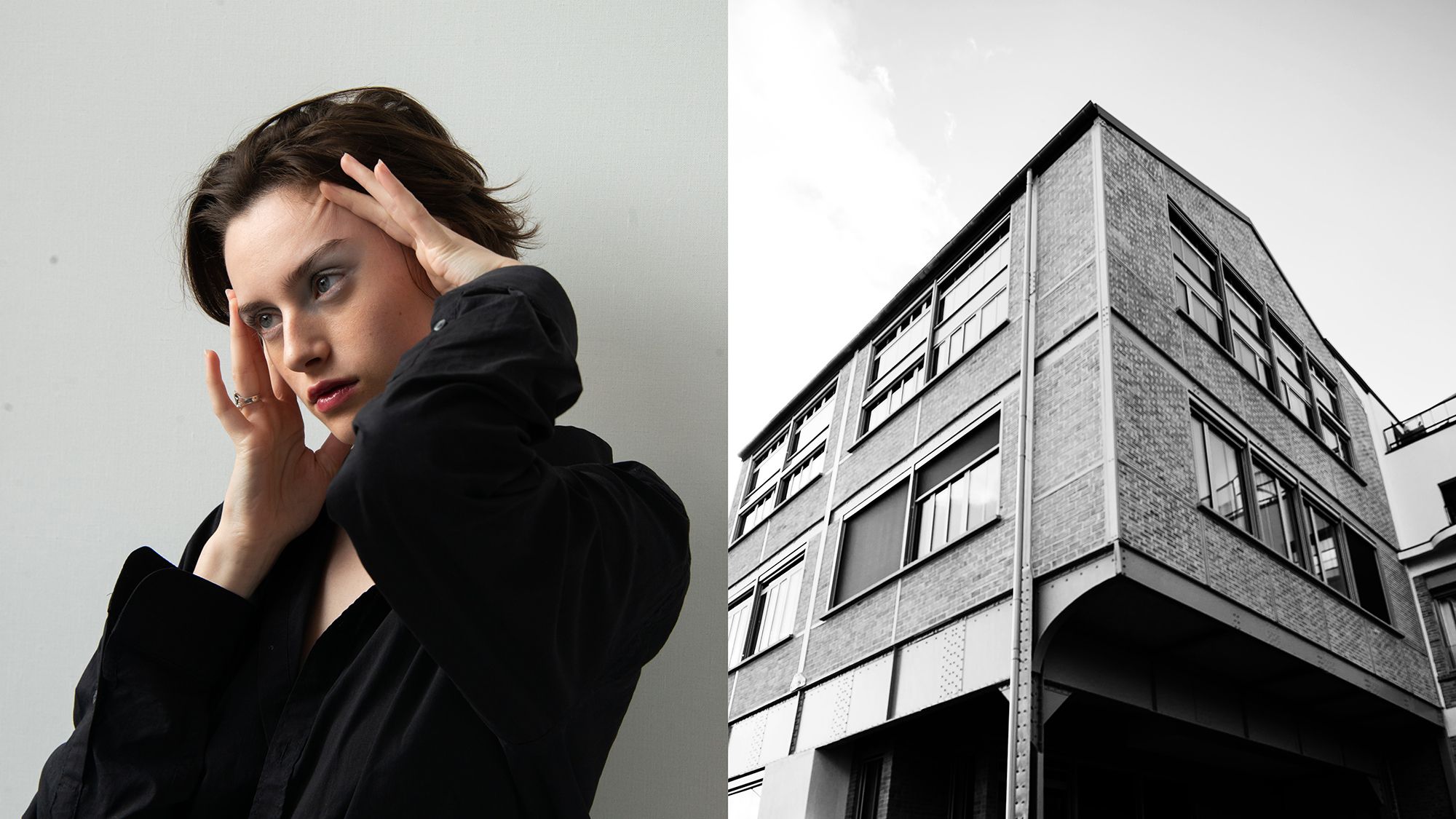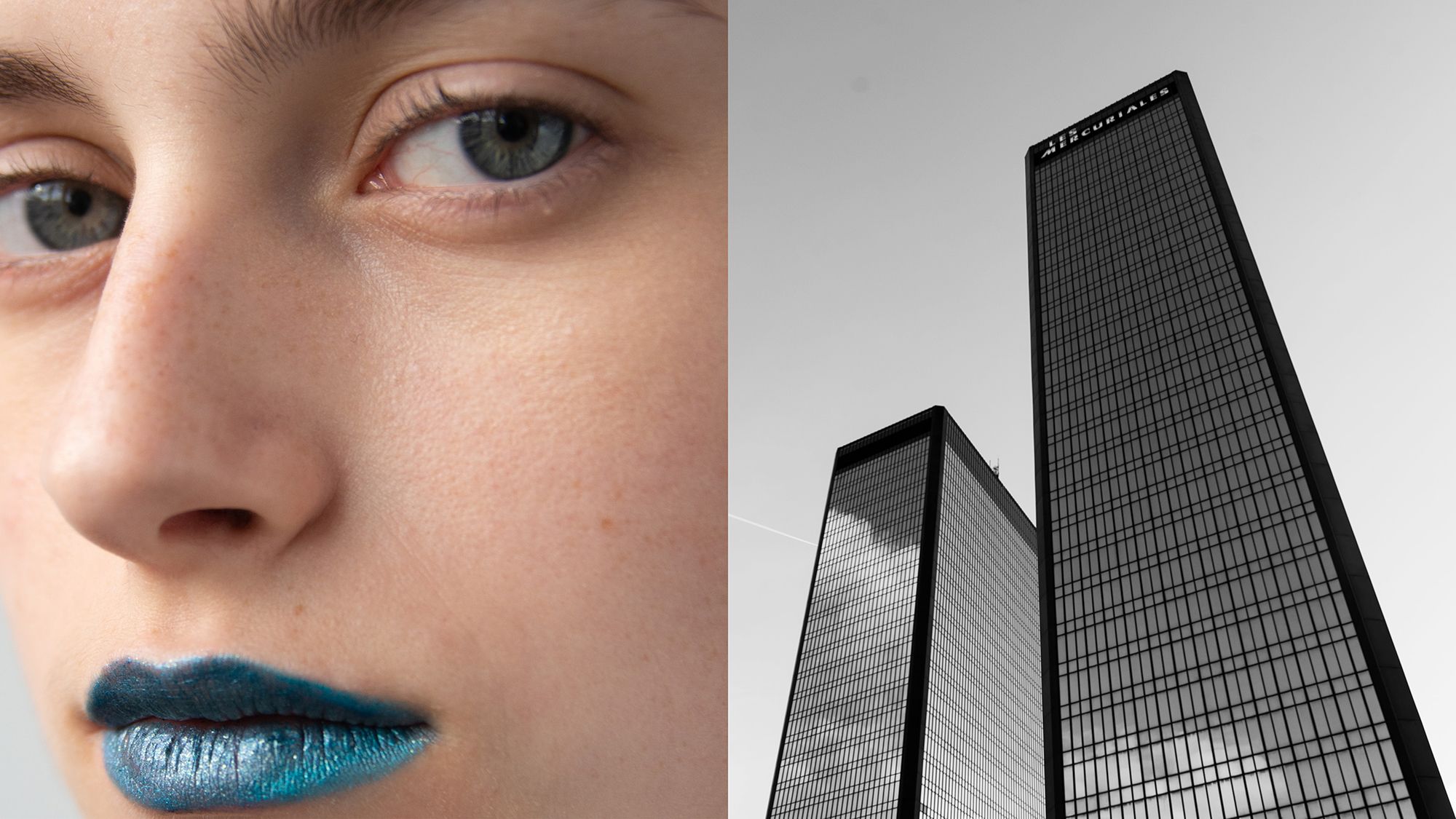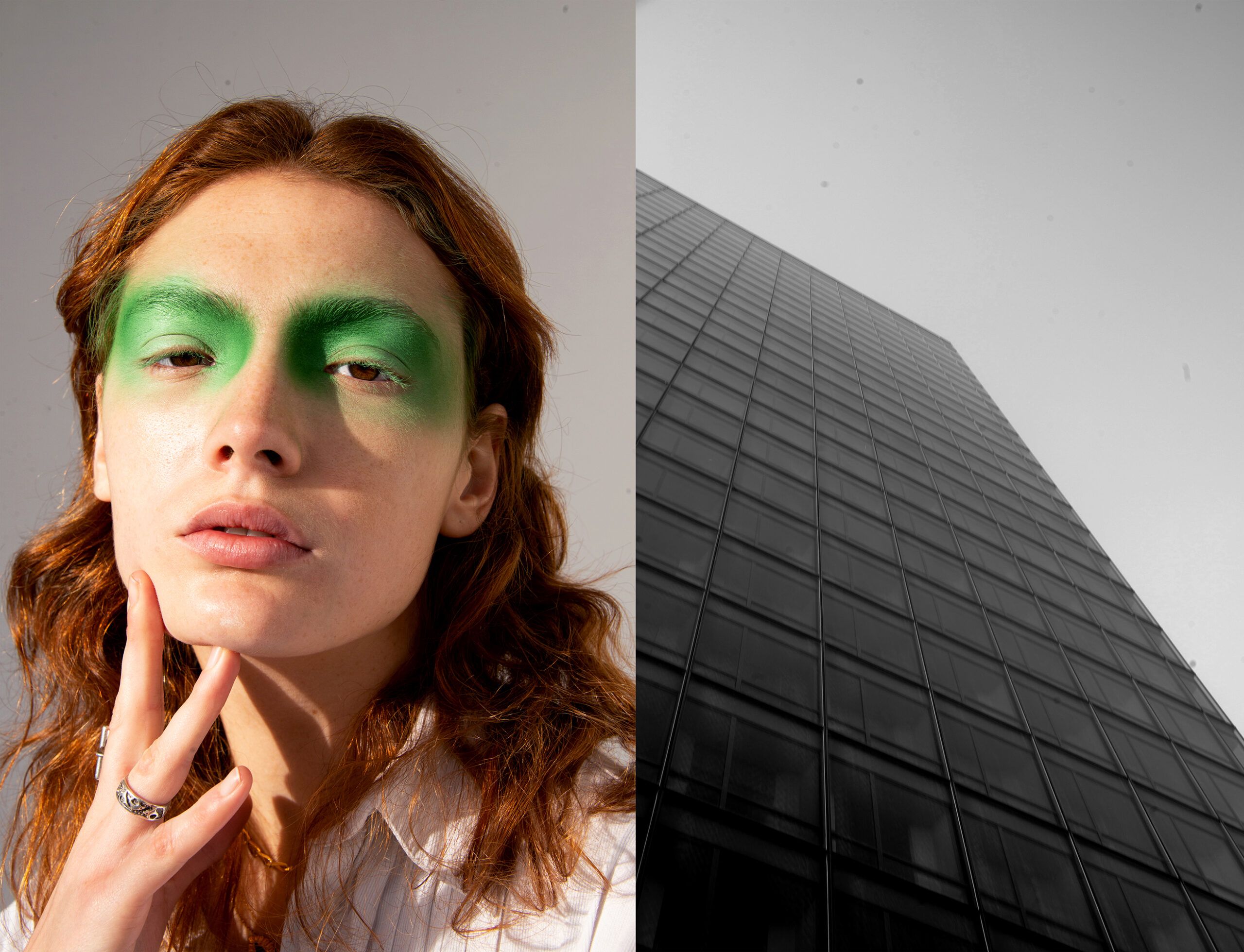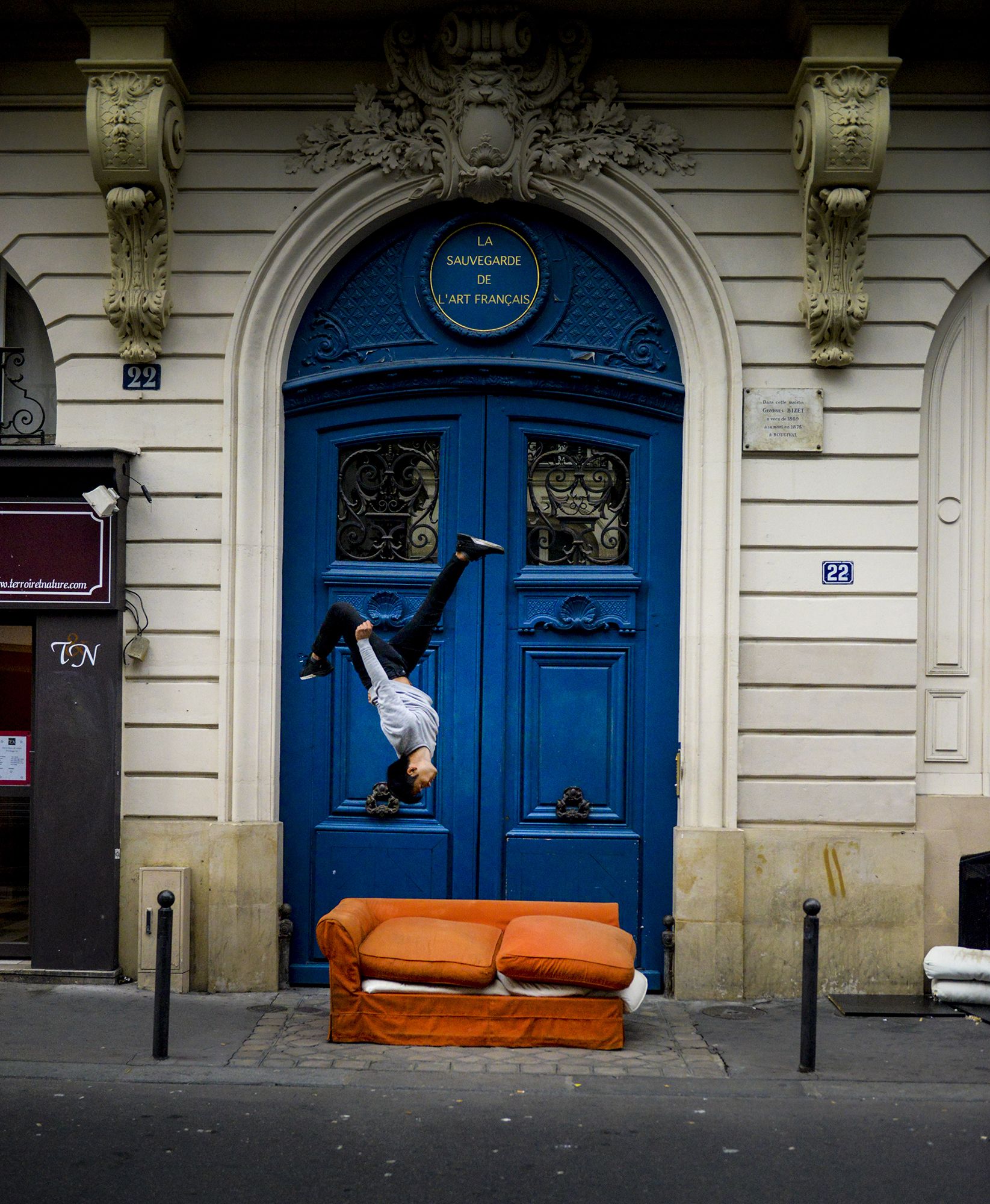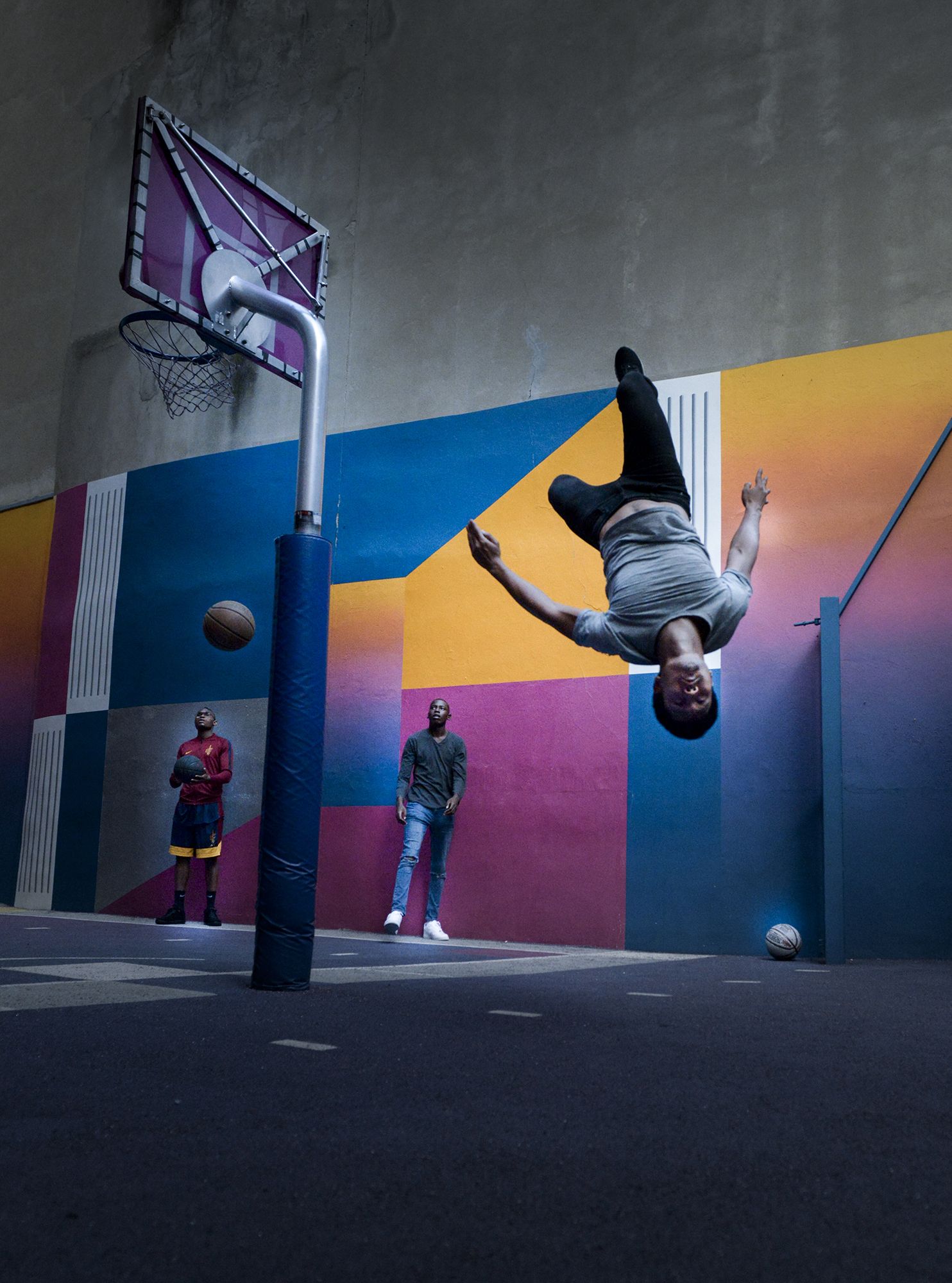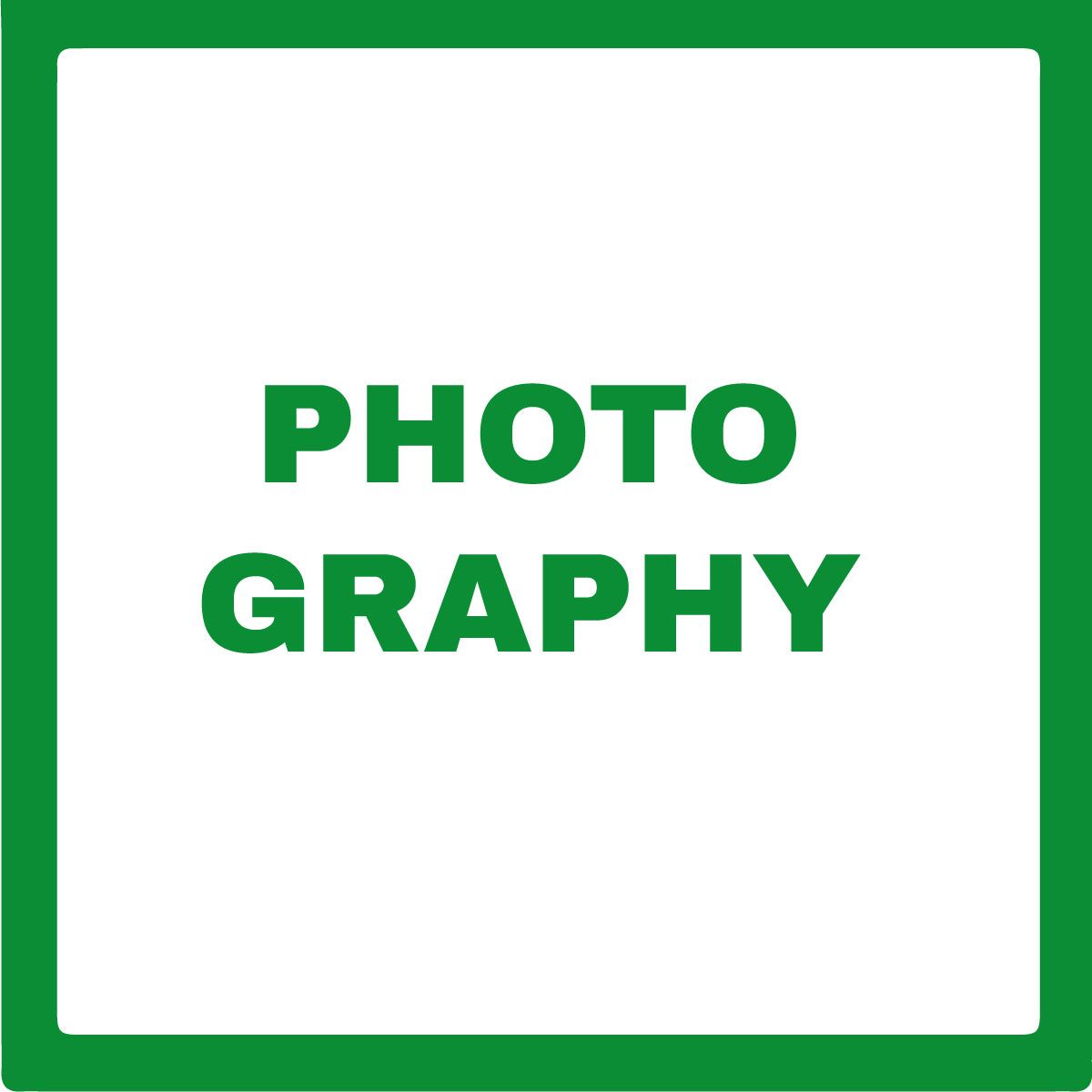
Finalists selected in Western, Central and Eastern Europe

Daniela Ariza
![]() Barcelona, Spain
Barcelona, Spain
Semifinalists selected in Western, Central and Eastern Europe

Julia Naboyoshi Moraki
![]() Cracow, Poland
Cracow, Poland
Biologist and visual artist Monika Krzynówek has received master of biology at the Jagiellonski University in Krakow. Master of photography at interdisciplinary studies at the University of art in Poznan .
Student of the enviromental doctoral school at the academy of fine arts in Krakow.
In 2016, she did a Faculty at Belas Artes University in Lisbon.
The series of photos is an attempt to record family life. The protagonists of the photos are two families of my friends. Do I reflect in their history?

Chloé Clément
![]() Mons, Belgium
Mons, Belgium
Chloé Clément, born March 31, 1997 in Mons, Belgium, is a young artist photographer.
His origins and his entourage are the basis of his artistic work. By taking reality as a starting point, it reveals a territory to be explored.
Her career began at the Vauban technical school in Ath, where she graduated with a photo technician diploma.
In 2016, she began 5 years at La Cambre in Brussels where she obtained a Master’s degree and won the 2021 Roger De Conynk prize.
A few months later, his first exhibition followed at the Museum of Photography in Charleroi, Belgium.
Reducing the distance and carrying out a kind of investigation, his projects go through several stages to finally tell a new story about the subjects that are part of his environment.
Concept of the artwork:
“In this series, I imagine a universe not far from reality. A world in which Man feels free to do what he wants at a given time, limited in duration and repeating itself in an infinite loop.
Following a particular ritual, he uses it as a playground. This space is a place that concretizes the imagination.
Betula, the scientific name for birch, speaks to us
of these pioneer plants that grow especially on land impoverished by mining.
The slag heap gradually becomes the landscape of the possible, of a new story. A confusion between faithful testimony and fantasized reality.”
Materials used ans dimensions :
There are several possibilities of hanging, not all the images must systematically be found there and not all are printed.
– Wooden frames 64cm x 94cm (x11)
– PVC Print 180cm x 270cm (x1)
– Print on PVC 120 cm x 180 cm (x2)
+ 1 edition containing all the images.
(+ 1 film of 7:02 minutes.)
Other artists selected in Western, Central and Eastern Europe

João Alves
![]() Agualva-Cacém, Portugal
Agualva-Cacém, Portugal
João Alves (b. 1998) is a multimedia artist that works primarily with photography and video. His works tends to cross different mediums in the multimedia landscape, from site-specific installations to books and monographs, lightboxes or pinhole photography. Something that brings him joy is rediscovering “ancient” or old-fashioned mediums and bring them up-to-date by mixing the subjects of his work with a regular or more updated DSLR camera for example. The question isn’t which medium should be used to capture what João wants to show to the world: it’s more which device allows him to communicate better. Much of João’s work also utilizes symbolic language that he states “isn’t exactly original”. In a “society of spectacle” filled with already-seen images, there isn’t any originality: just repetitions.

Miguel Cipriano
![]() Lisbon, Portougal
Lisbon, Portougal
Miguel Cipriano is a Portuguese photographer. He graduated in cinema at the Lisbon Theater and Film School and in photography at the Royal Academy of Fine Arts in Antwerp. He was a researcher on the project and book ‘New and Old Trends in Contemporary Portuguese Cinema’, to which he contributed with several essays. In Antwerp, he developed the concept of fluid photograph in the thesis ‘Towards a poetics of the fluid photograph: the case of Torbjørn Rødland’, and later integrated the research project ‘The Unruly Apparatus’ on the intersection between photography and sculpture.
This project, and the resulting exhibition, put the researchers’ artistic work in dialogue with that of several contemporary artists, such as Thomas Ruff, Seth Price and Wade Guyton. His photographic work, which deals with the transformation of the private sphere in an increasingly technological world, has been exhibited in Portugal, Belgium and the Netherlands.
Fifty years after Edward T. Hall categorized the different types of interpersonal relationships according to the physical distance between people, the idea that only spatial proximity could define the nature of our emotions has been rendered obsolete. Exponential developments in computer technology have bridged the gap that used to separate social from personal, work from leisure, outside from inside. All in all, the machines we carry around have turned our bodies into sites of connectivity. A few years ago, I began exploring new contemporary spaces and rituals where this changes can be observed. As an introvert, the permeability of the private sphere has become a source of personal anxiety, so there’s a considerable degree of catharsis in my work. How can we grasp our fears and desires after our spaces of seclusion became so permeable? What happens to the body?

Klaudia
![]() Toruń, Poland
Toruń, Poland

Natalia Rytelewska
![]() Warsaw, Poland
Warsaw, Poland
This is a selection of my work which I think represents what my focus as a photographer is about. It is an ongoing project, exploration of manhood. We are conditioned about the gender, what is normal, what we are used to see
in media, online/offline, our everyday life. Via my photographs I am bending
the understanding of what we perceive as a gender, which is binary rather than a spectrum. I offer the viewer the benefit of doubt for how we understand gender and ability to re-shape our mind towards it.

IggieeX
![]() Kracow, Poland
Kracow, Poland

Kosma Ugniewski
![]() Warsaw, Poland
Warsaw, Poland
My name is Kosma Ugniewski. I’m working as a workshop worker in Warsaw. In free time I’m expressing myself as a photographer, painter and a graphic designer. My life goal is to educate people through my art about issues that is important for myself.
In both of these series I am exploring the deteriorating human condition and the ever growing feeling of alienation, the phrase ‘Alien feminism’ swirls around in my head. This is only echoed in the current situation we are watching unfold on the streets of London, with police brutality and the silencing of women. That’s why the phrase ‘Alien feminism’ seems fitting; in our echo chamber we might feel that things are changing but now we see that we are just floating sheets of polyester, hoping to land in fertile soil. Hoping the breeze or blizzard won’t blow us behind enemy lines. When hashtags like #notallmen is the response of too many, then our feminism is still, unfortunately, alien. These series aim to draw attention to the contradiction by juxtaposing the hyper-unnatural polyester fabrics with the mundane lawn grass and clear blue skies. And so we’ll keep searching for liveable lands, hand in hand with the green movements, for nature also identifies as a woman.

Pace Anton
![]() Montreuil, France
Montreuil, France
Photography has been the medium which I use to explore, make sense of the world around me and capture its beauty in places that others choose to overlook. It is through my urban wanderings that I have learned to see. To highlight the beauty of everyday life that we no longer see. The actors and the subtle scenery of our concrete jungle.
this photo was printed and cut to make a 3D collage
duplication
street art
Nikon D800
aluminum camera tripod
reflector
photoshop
